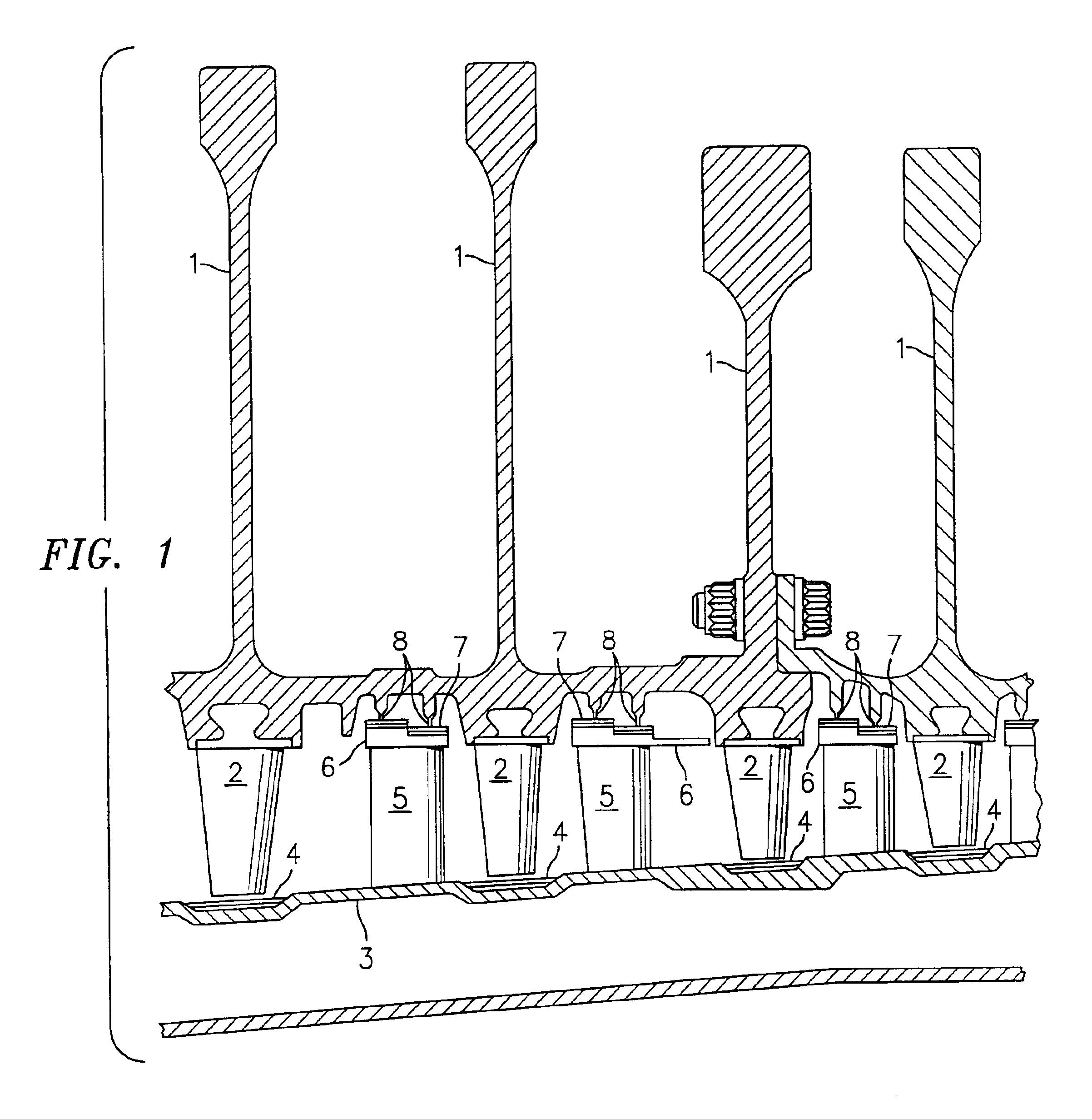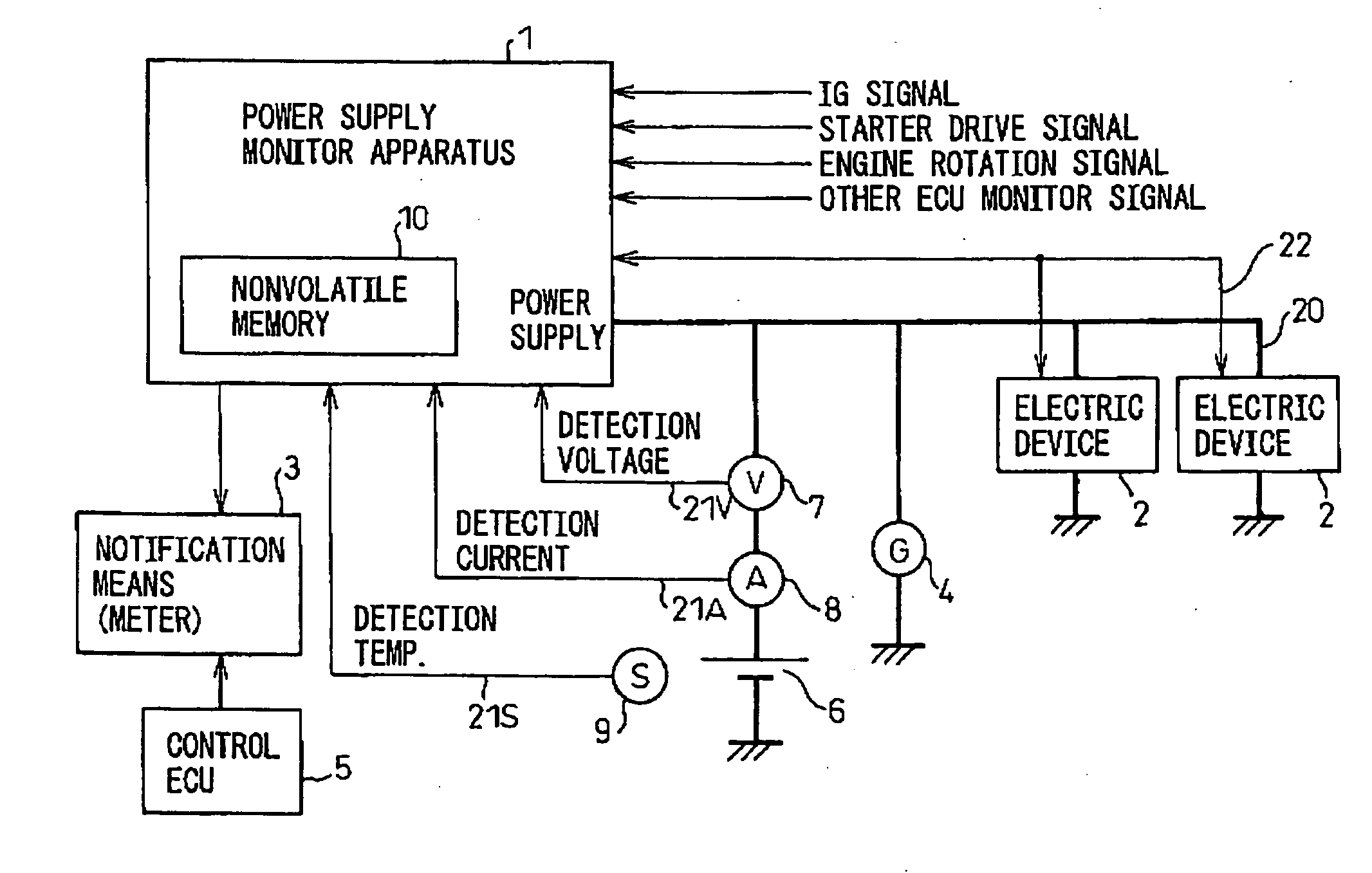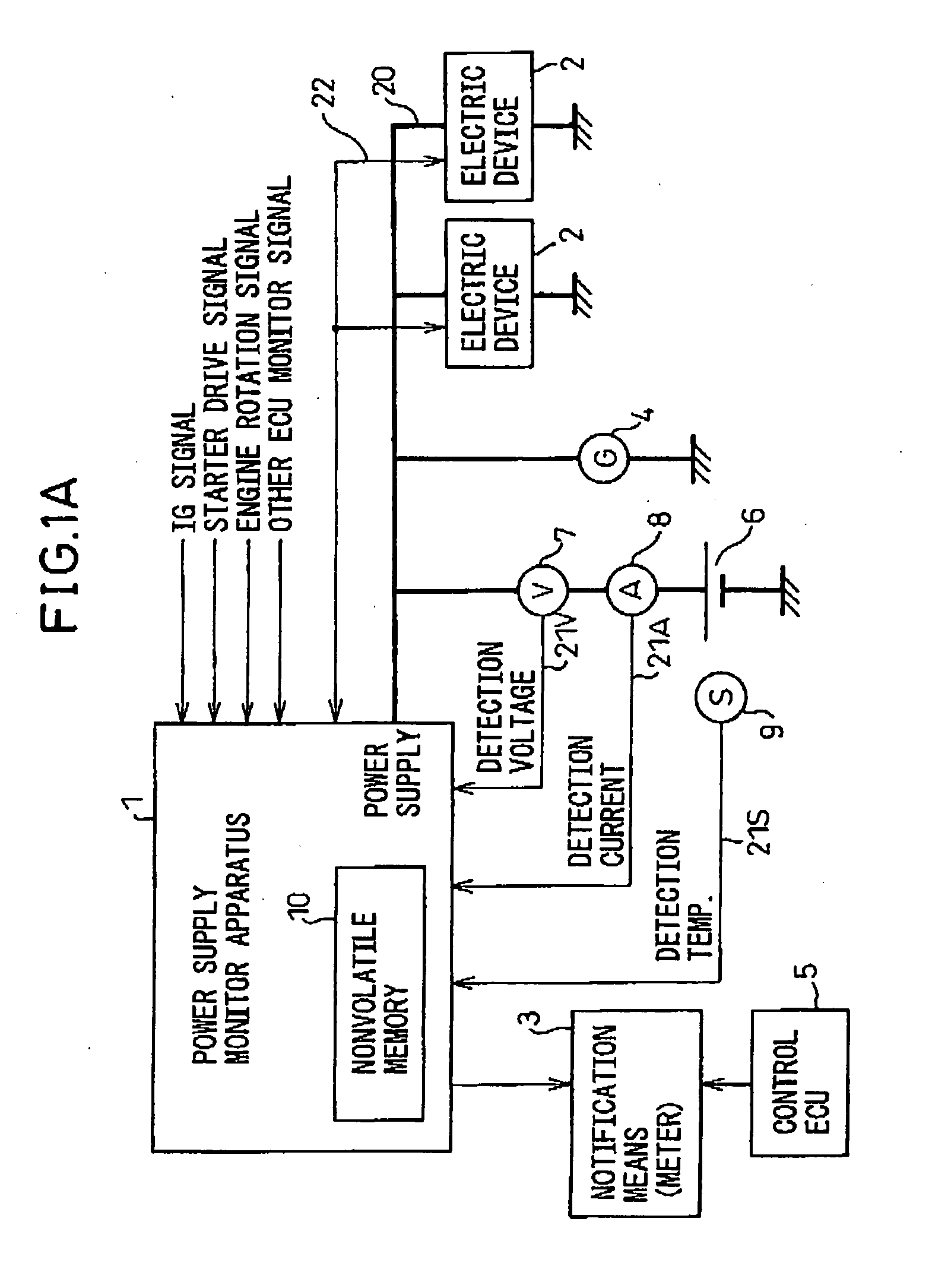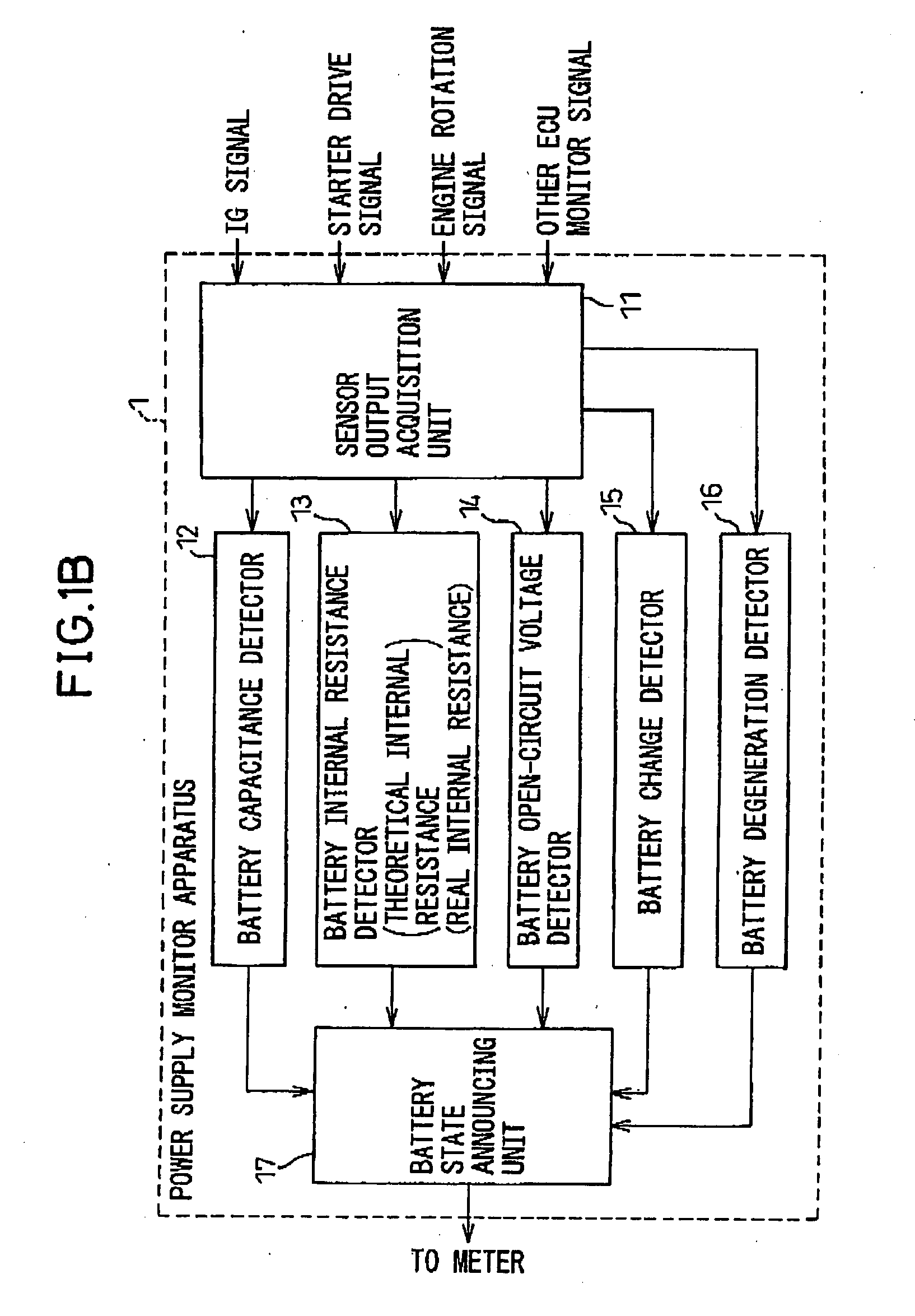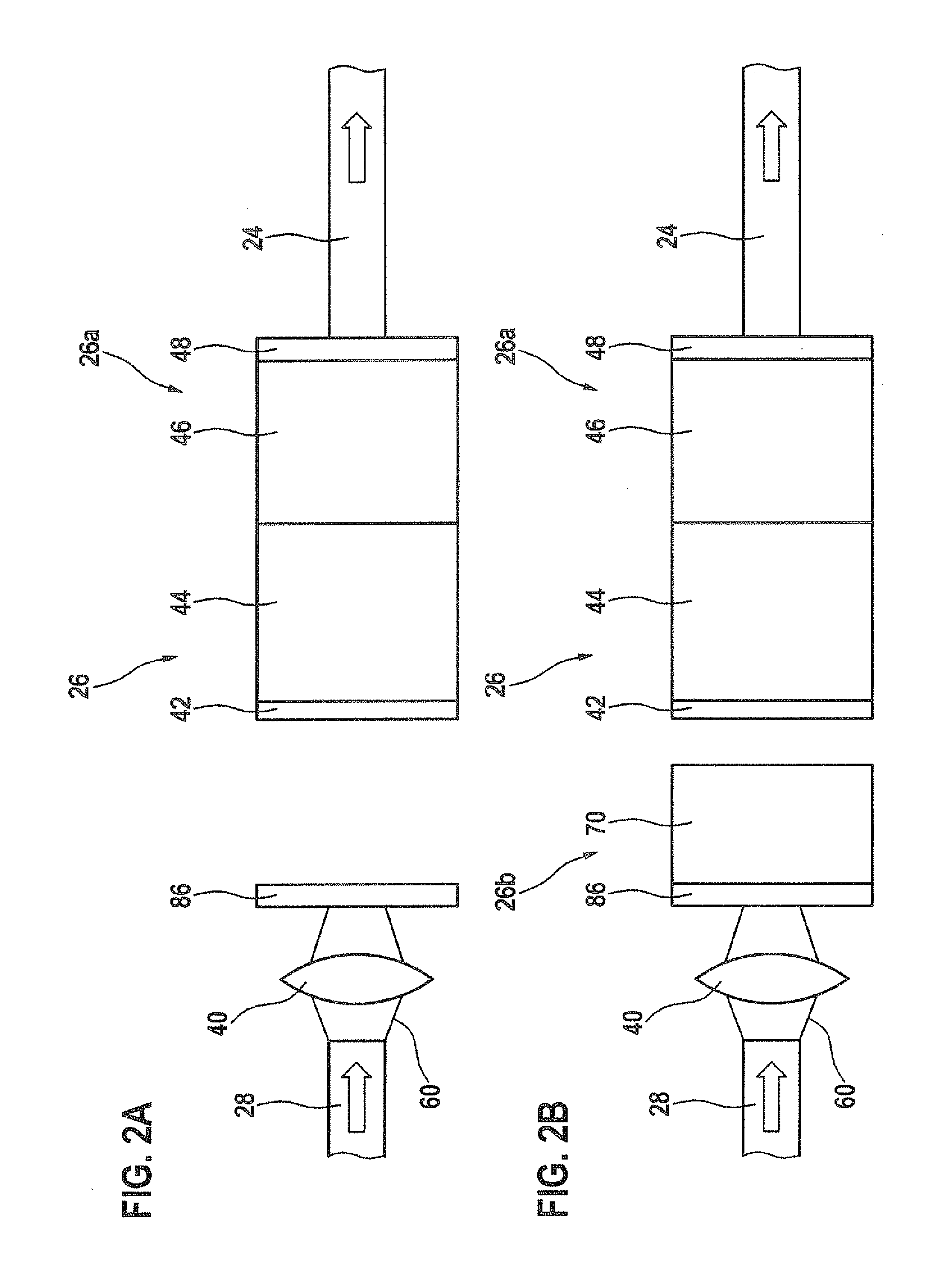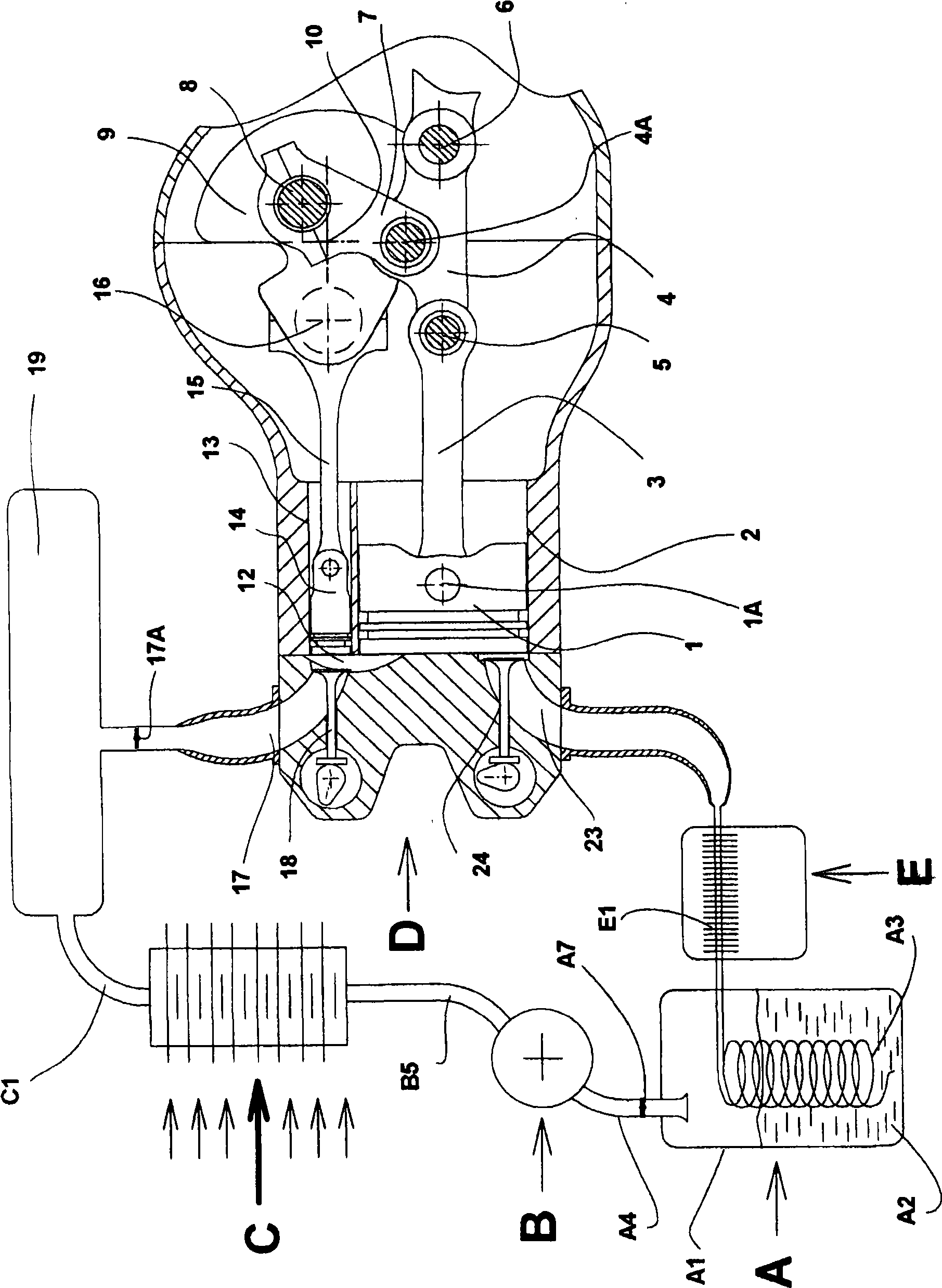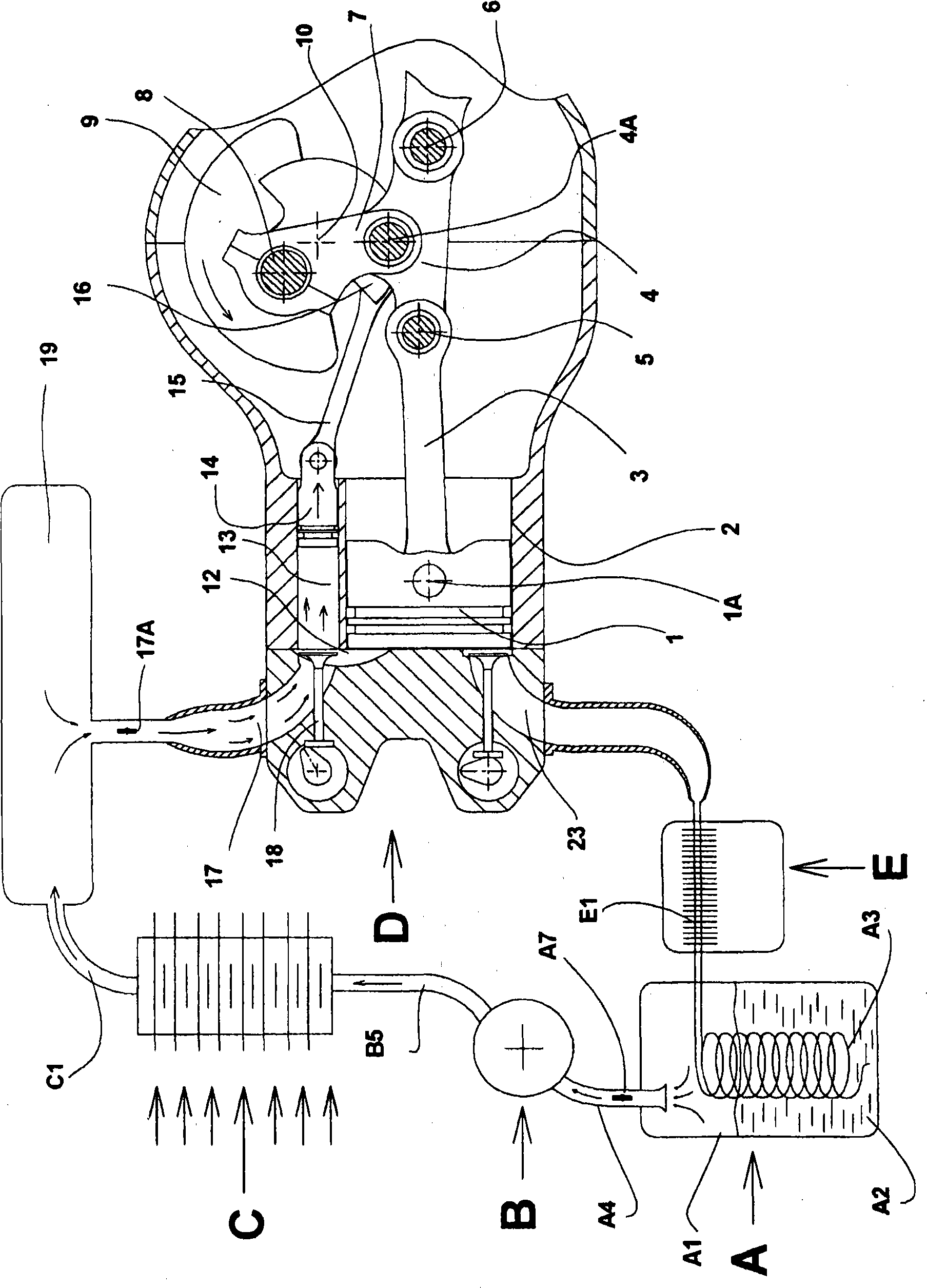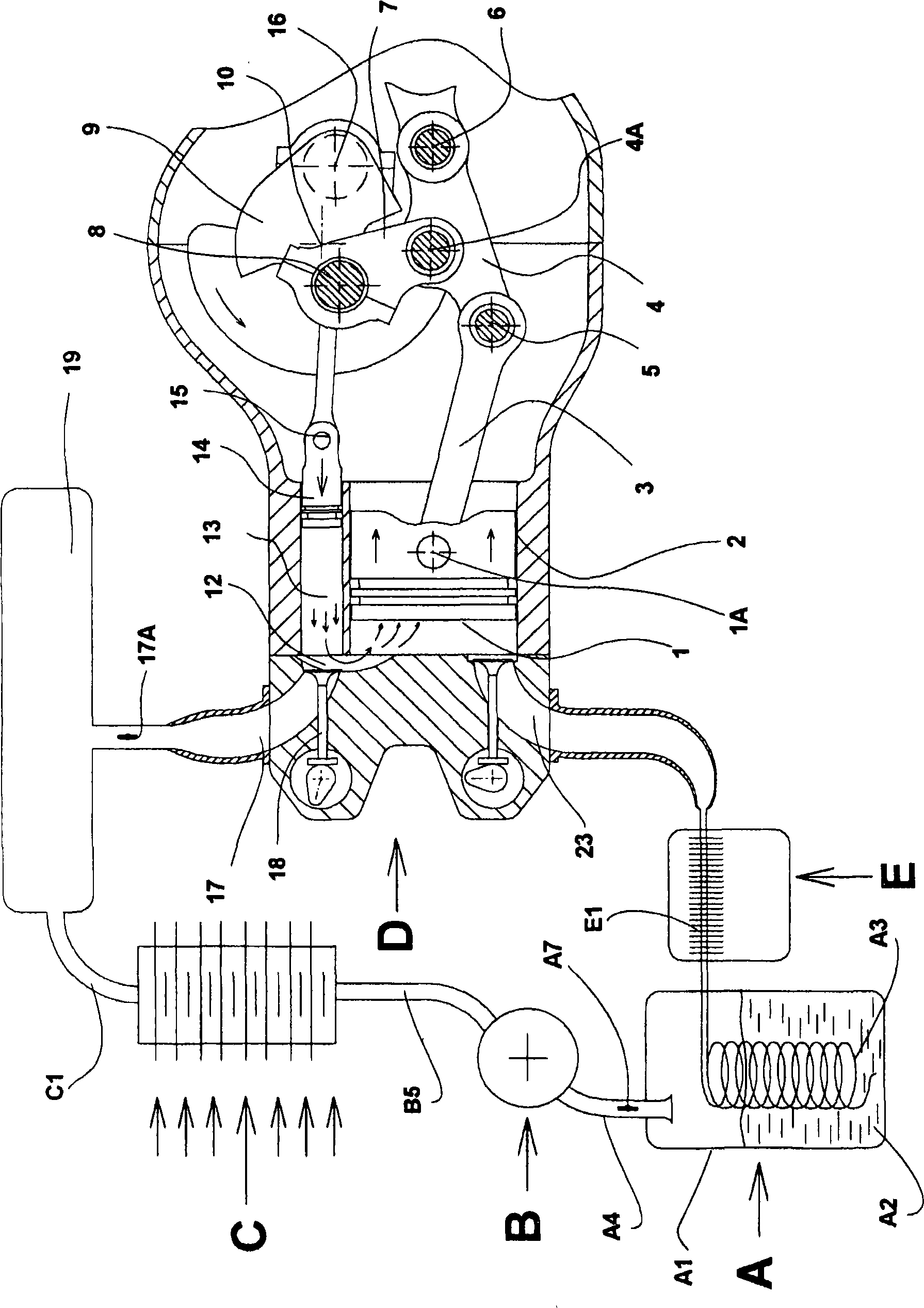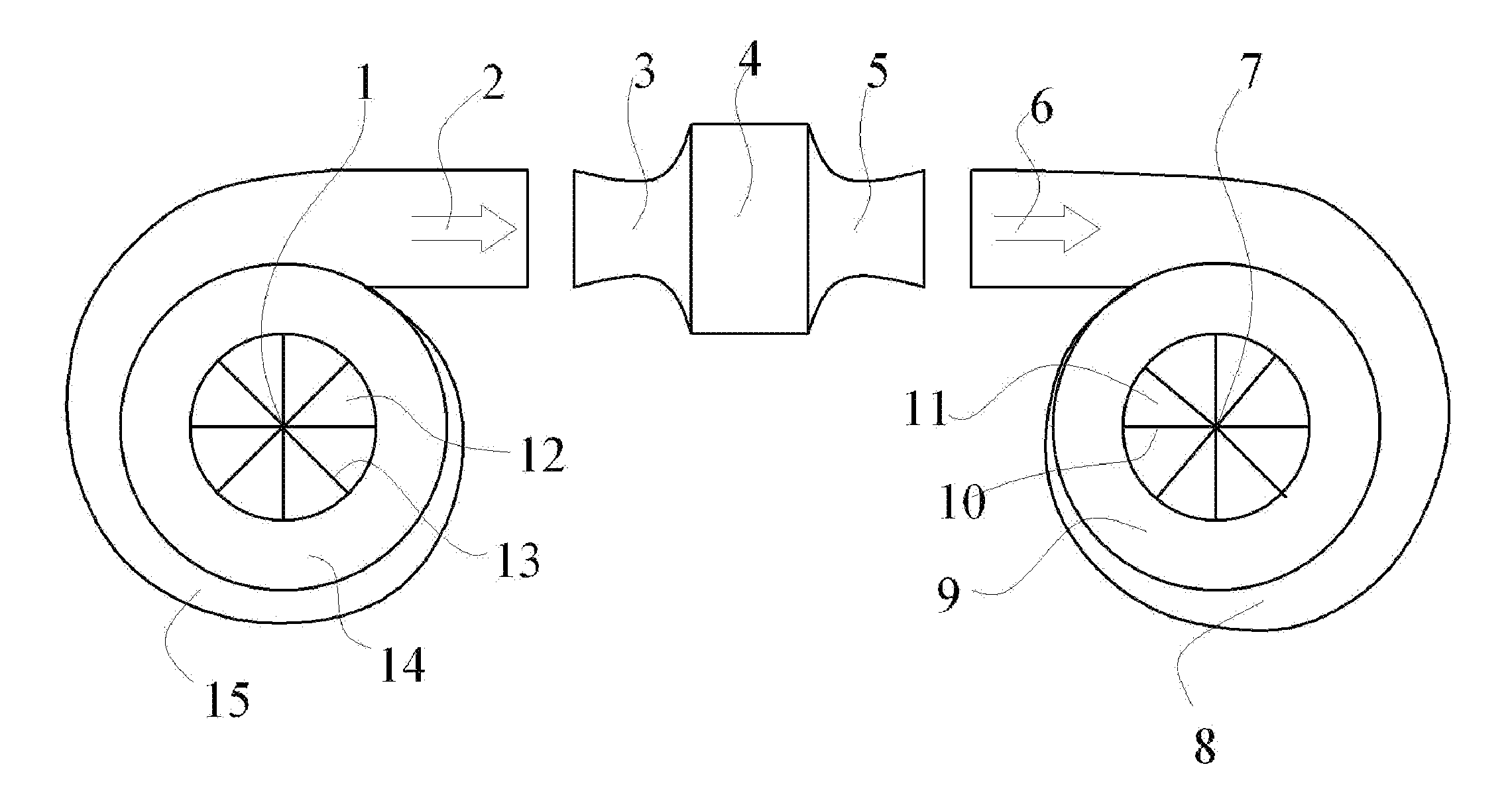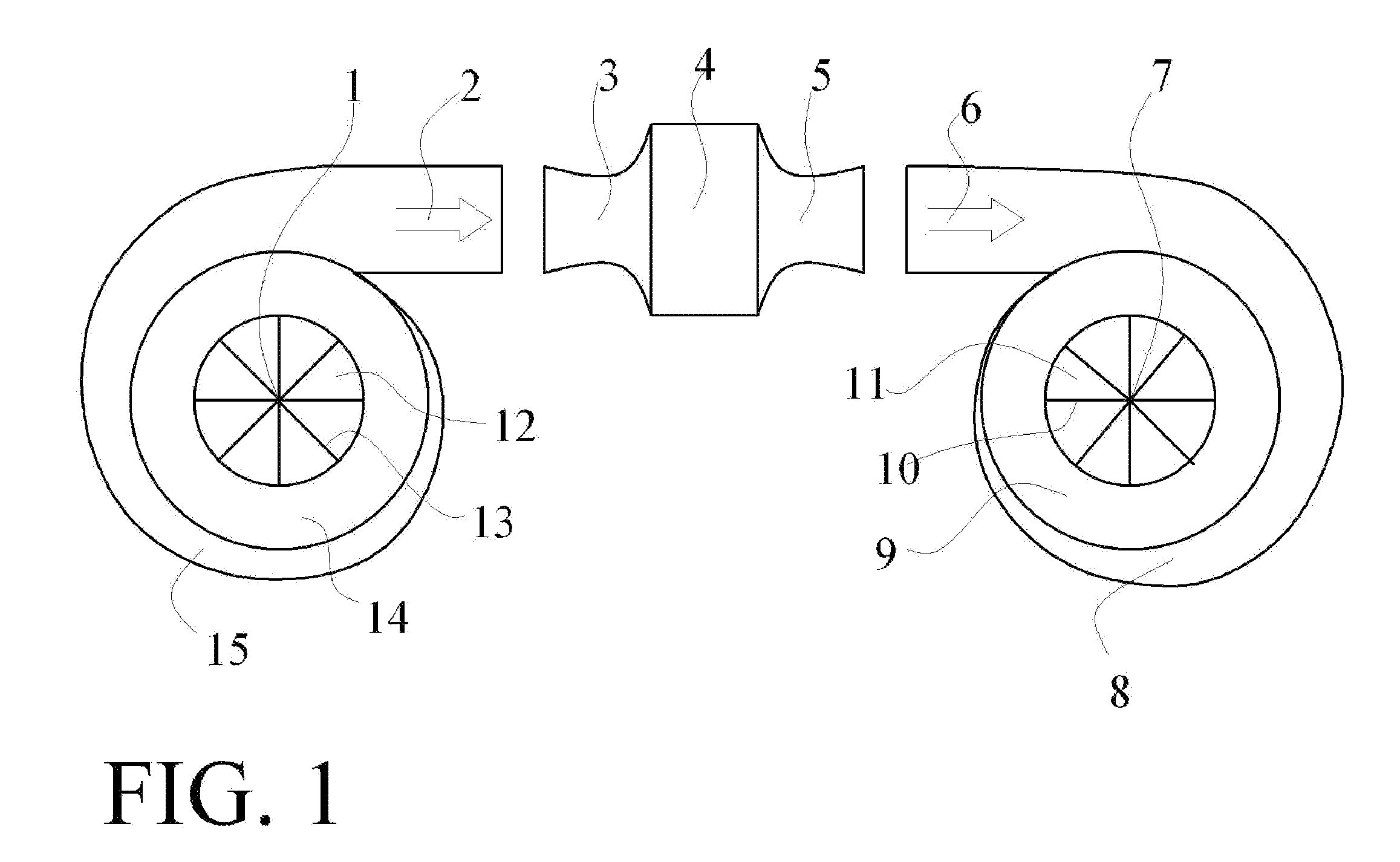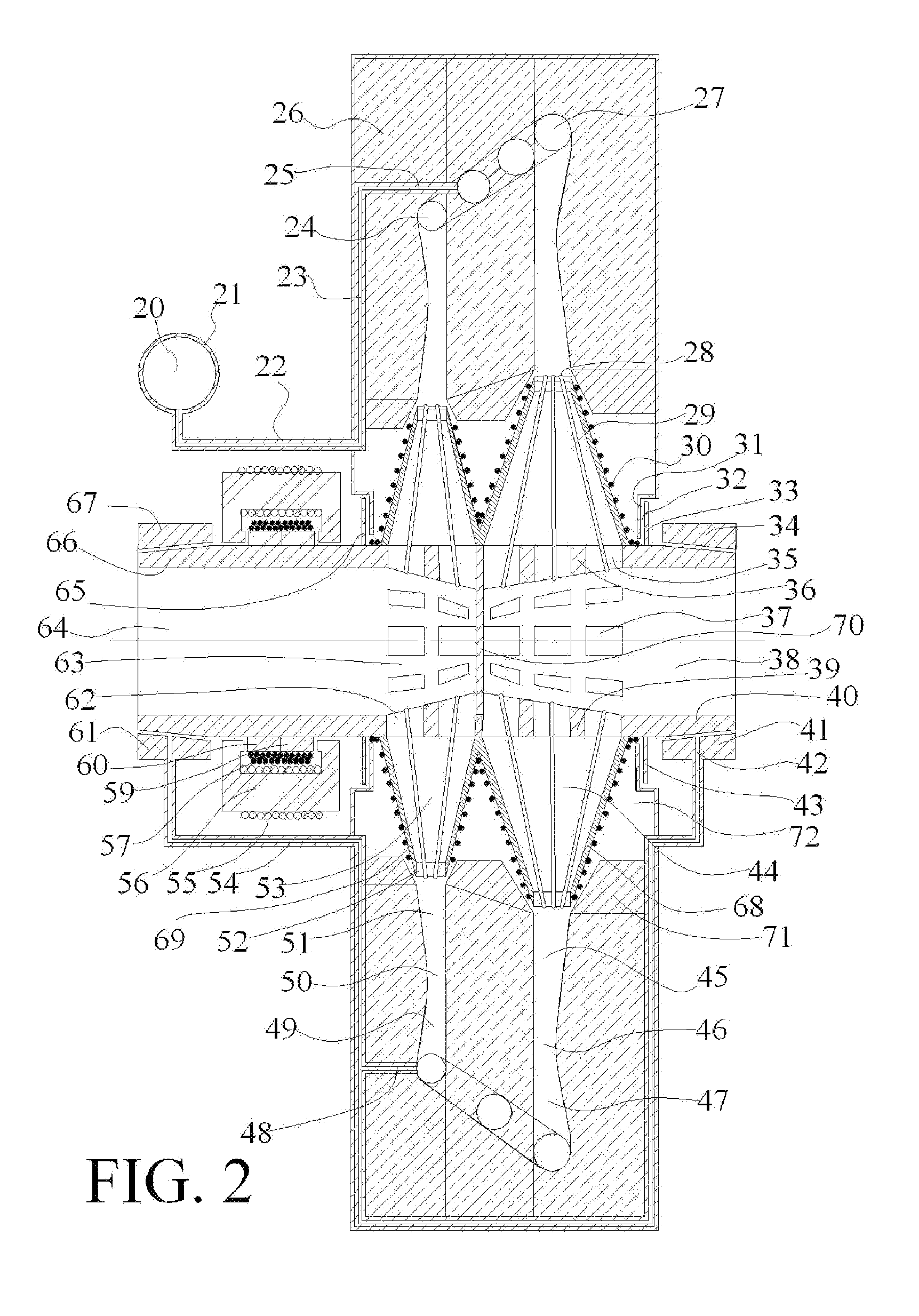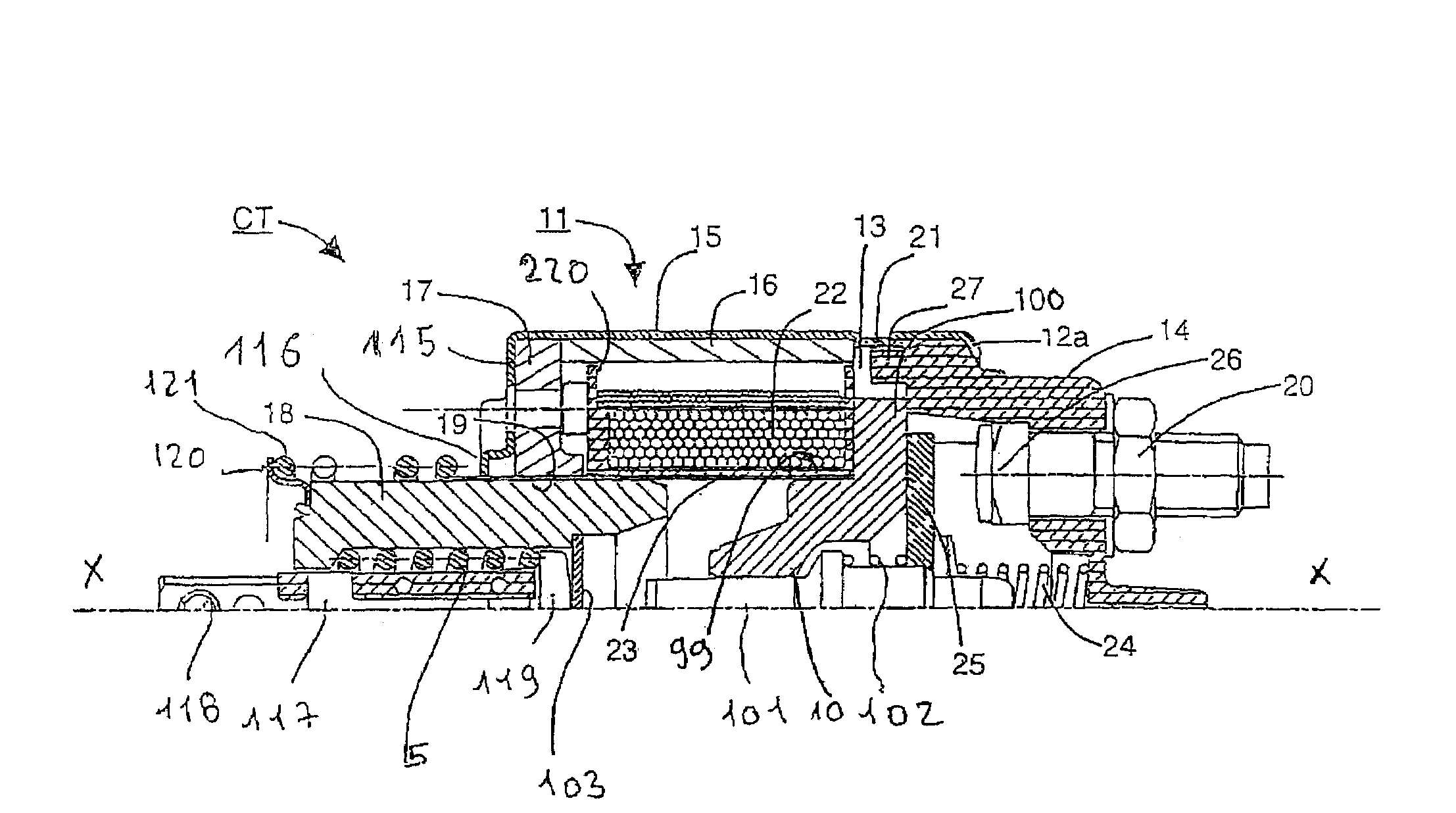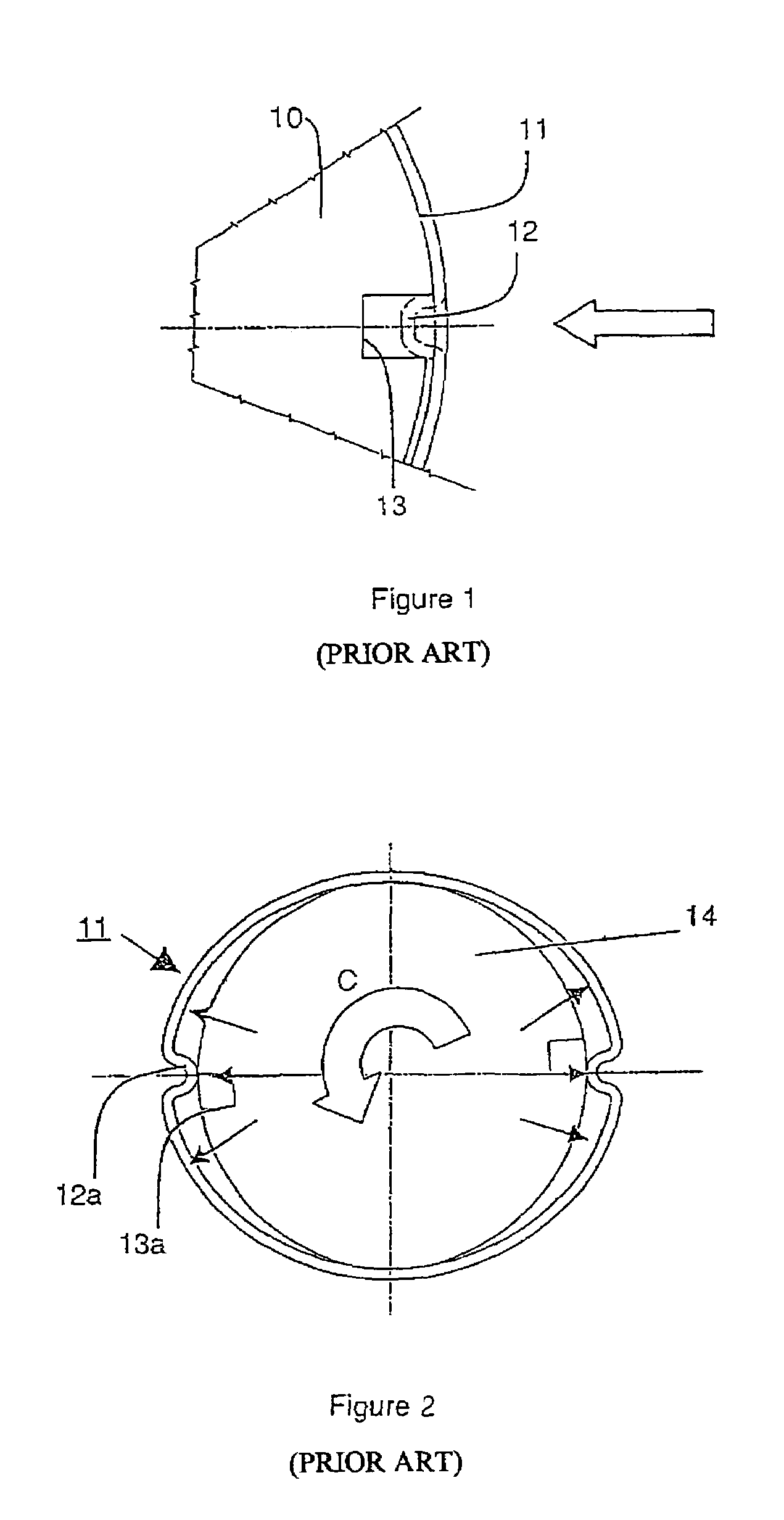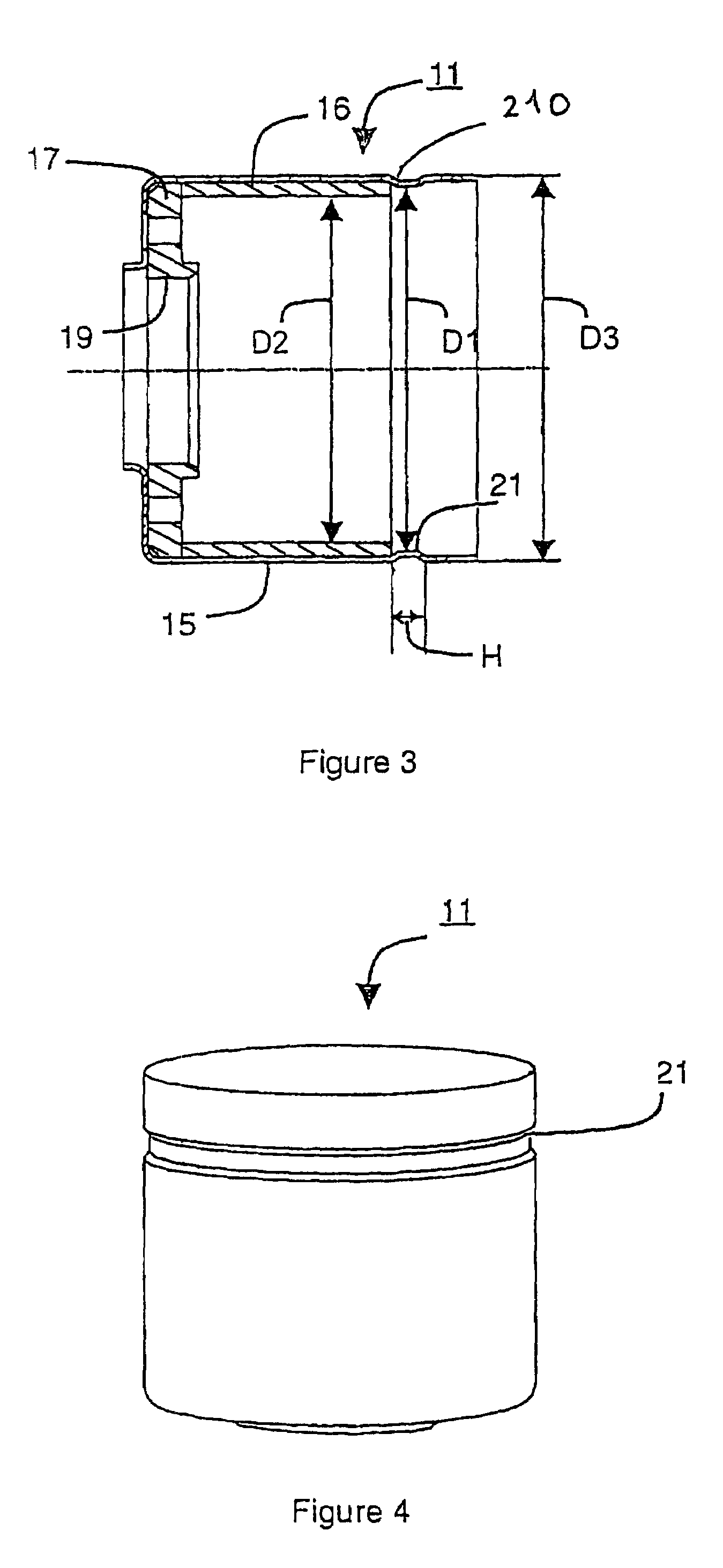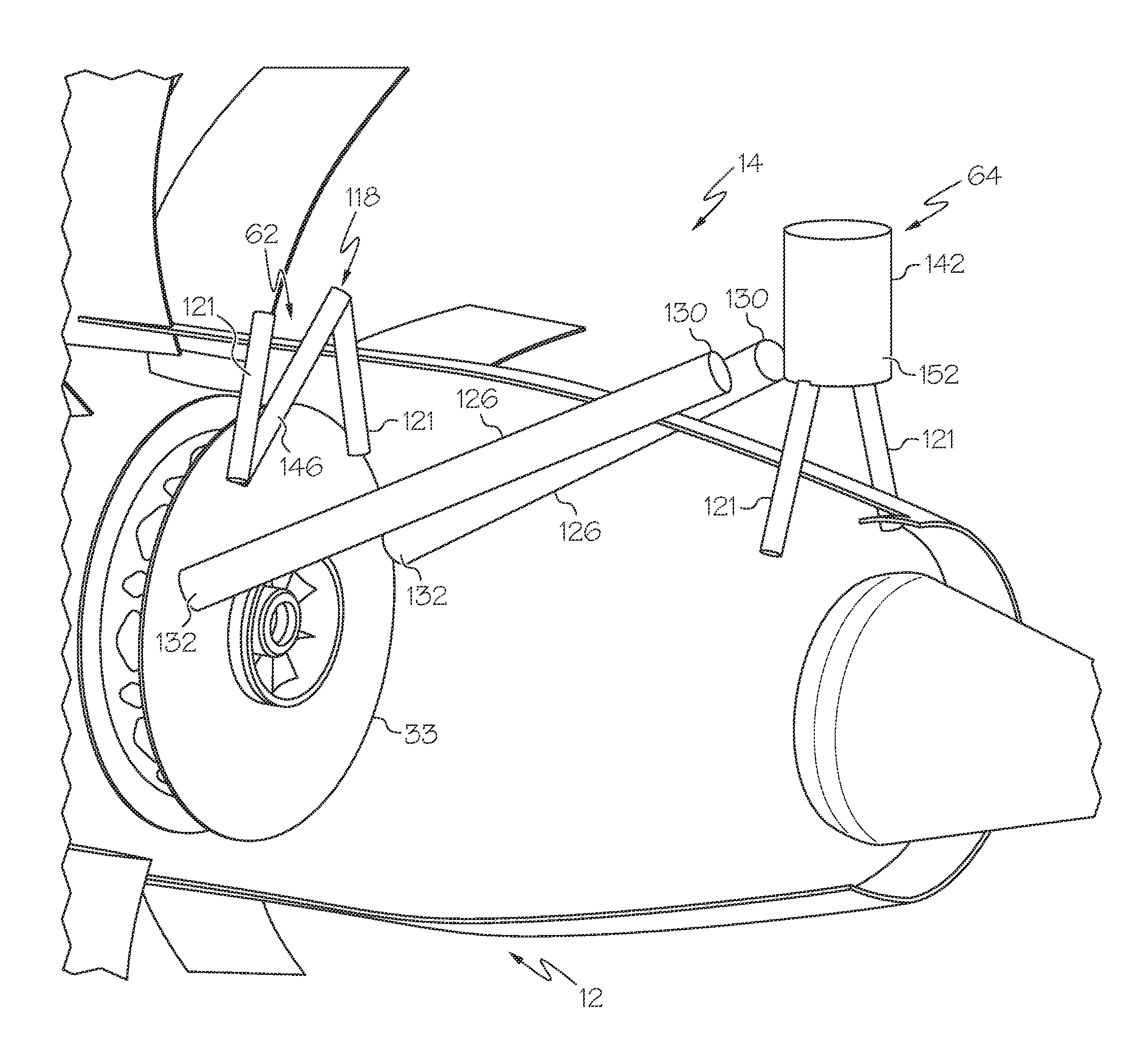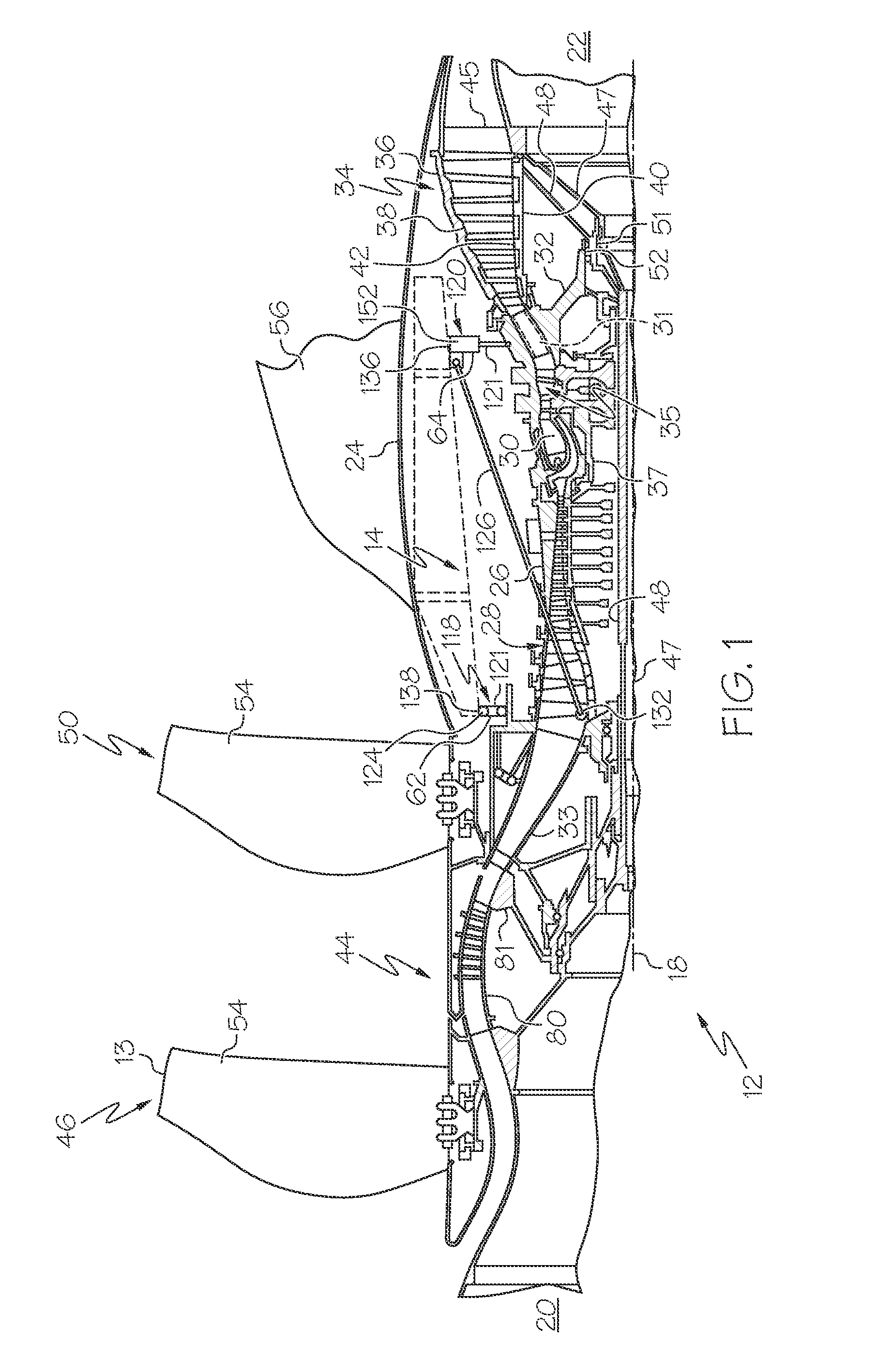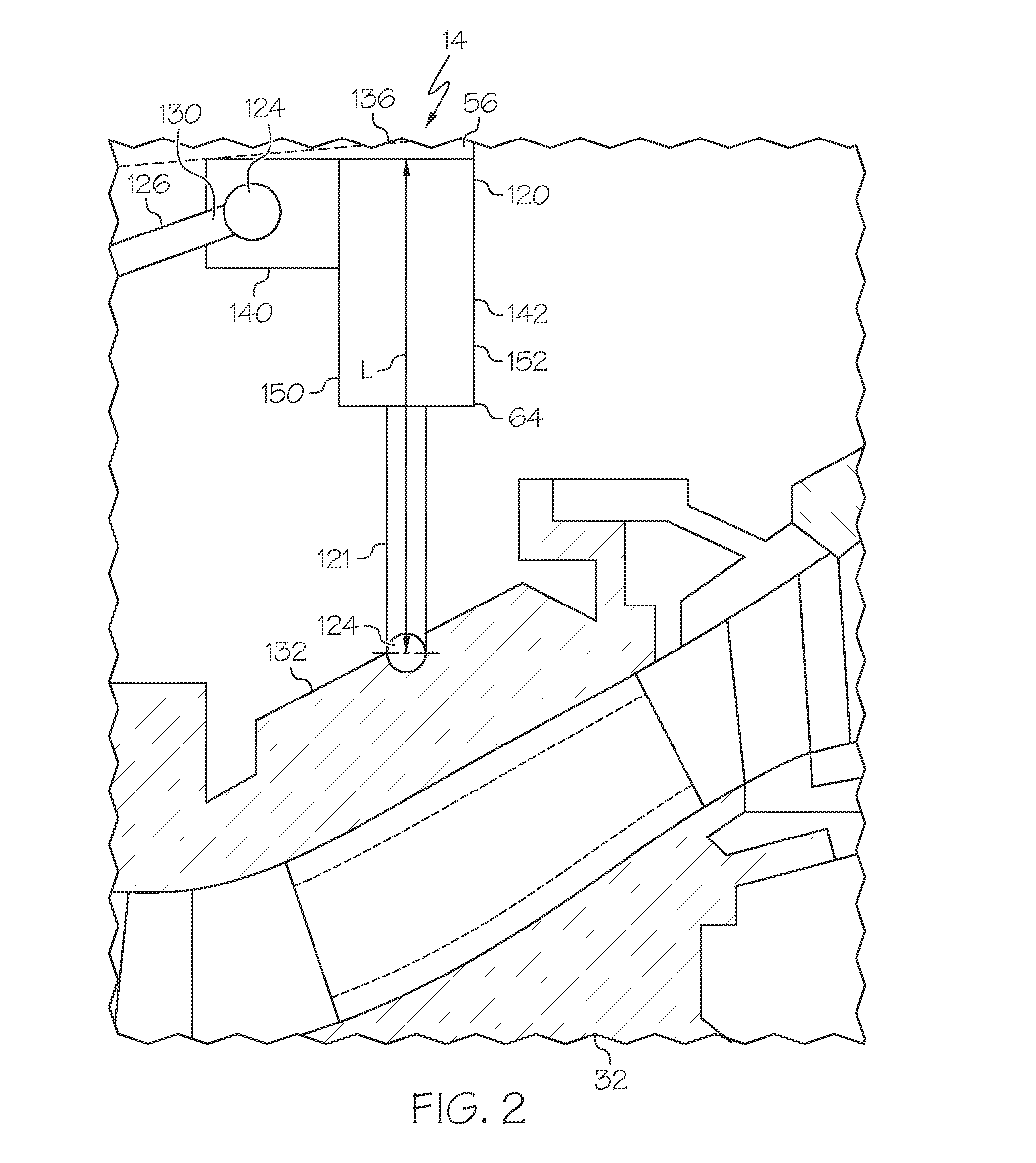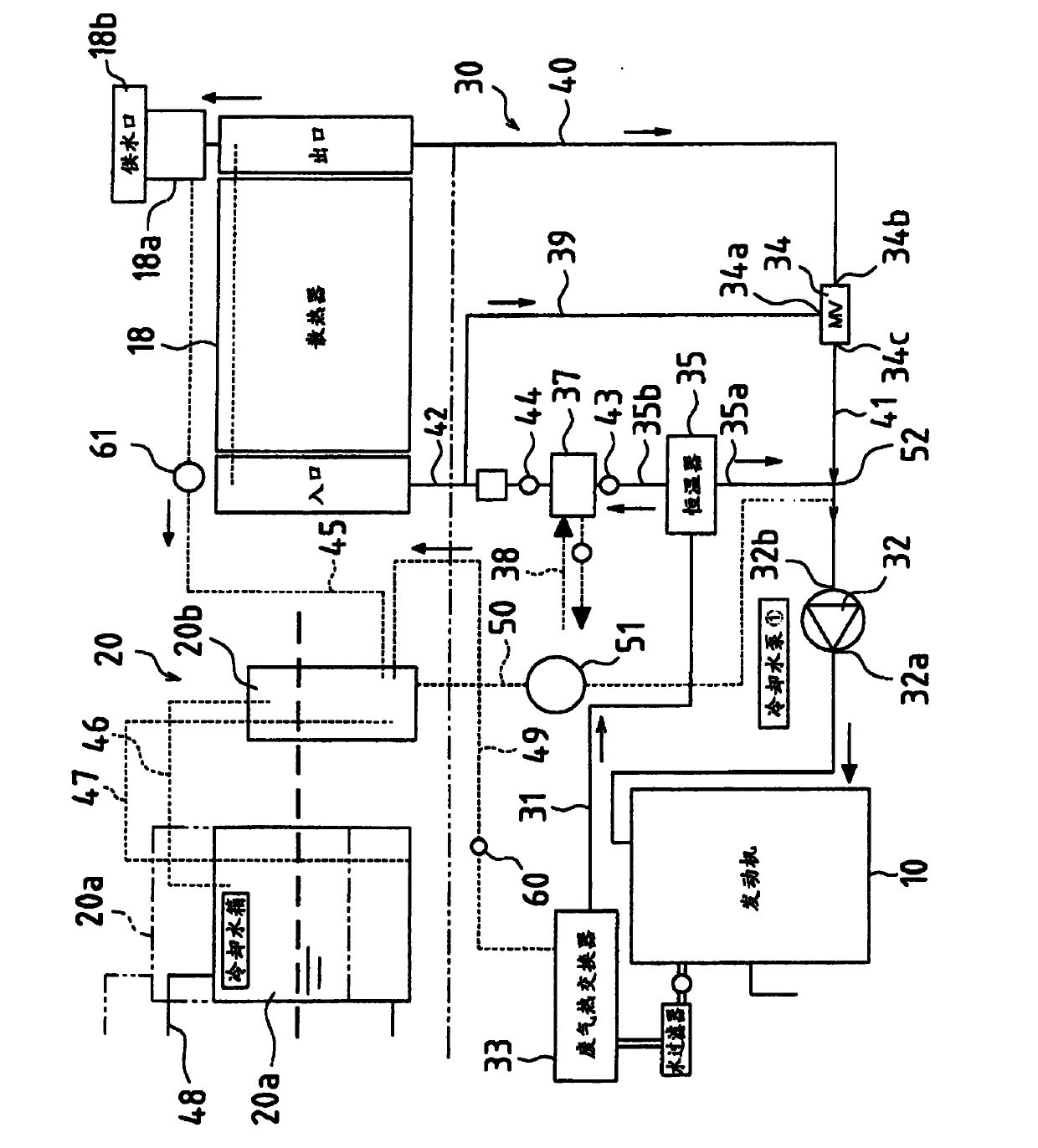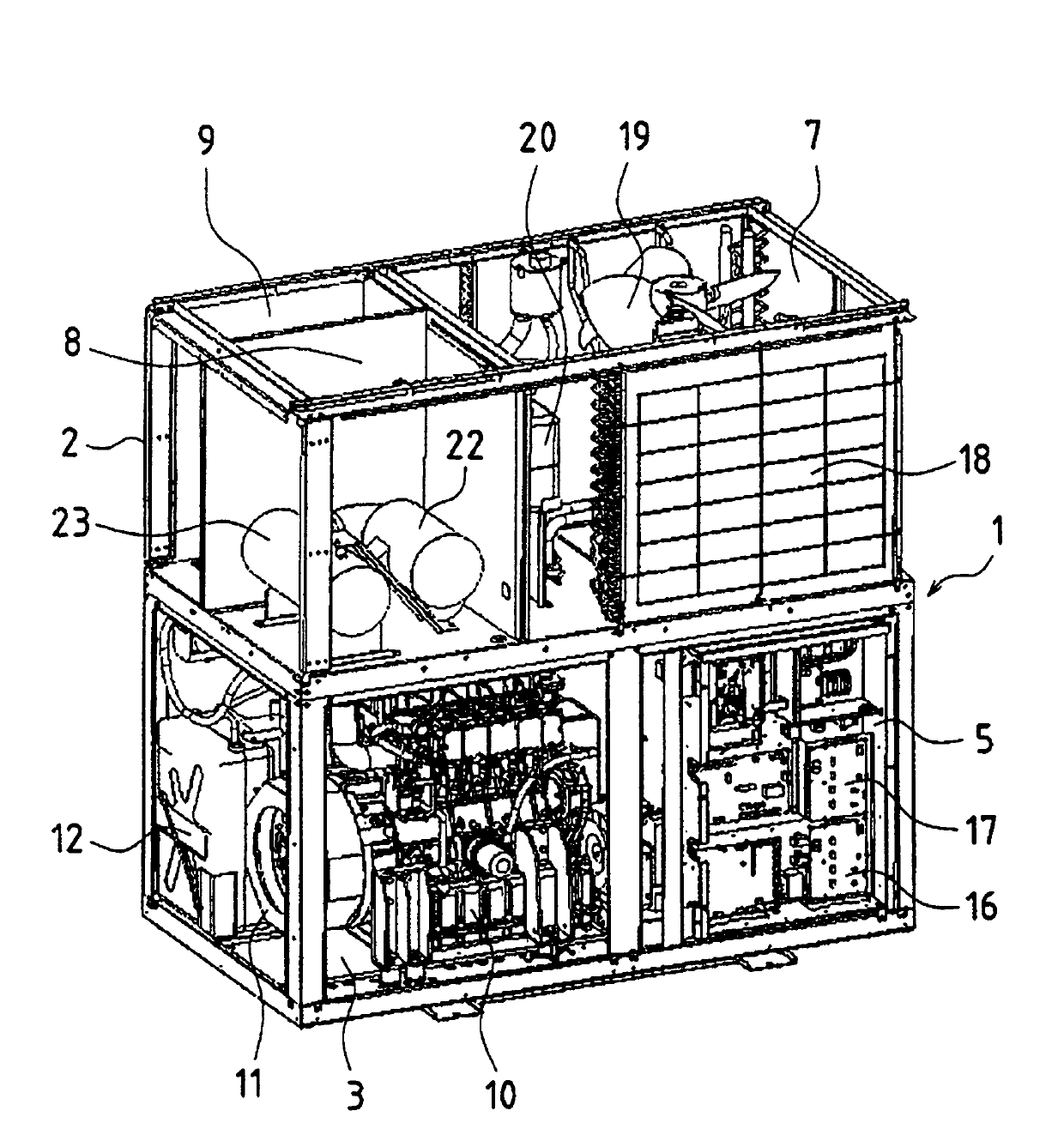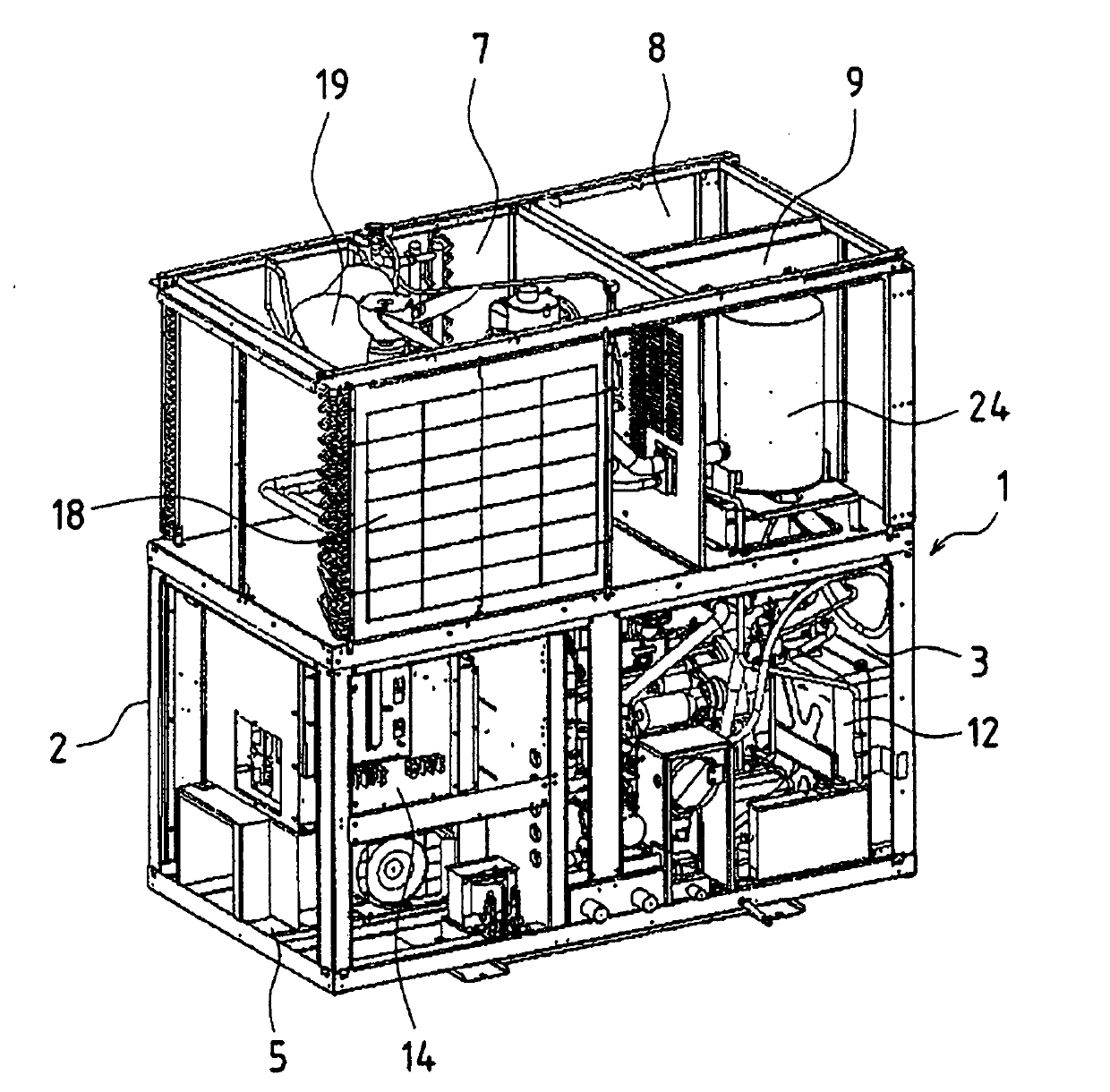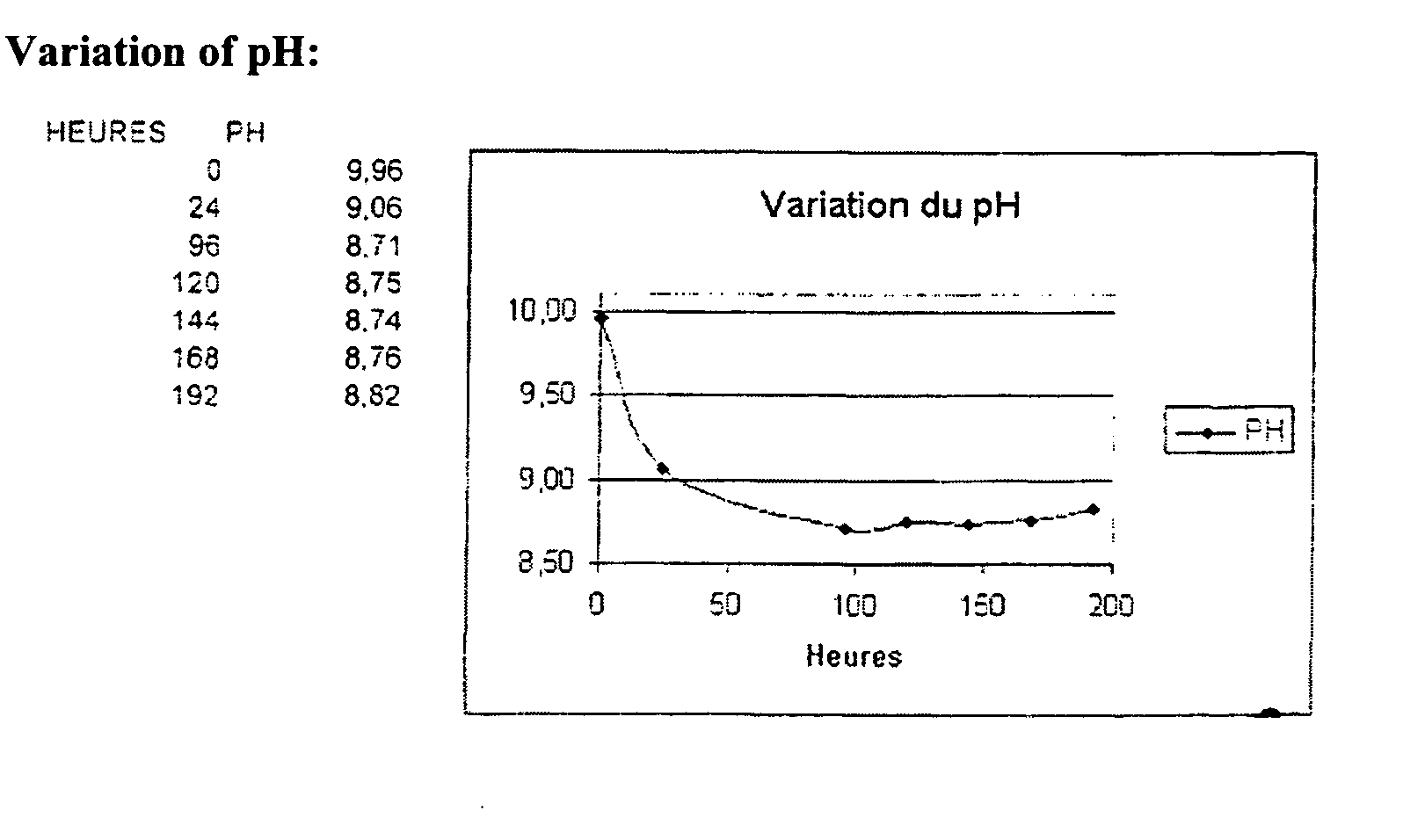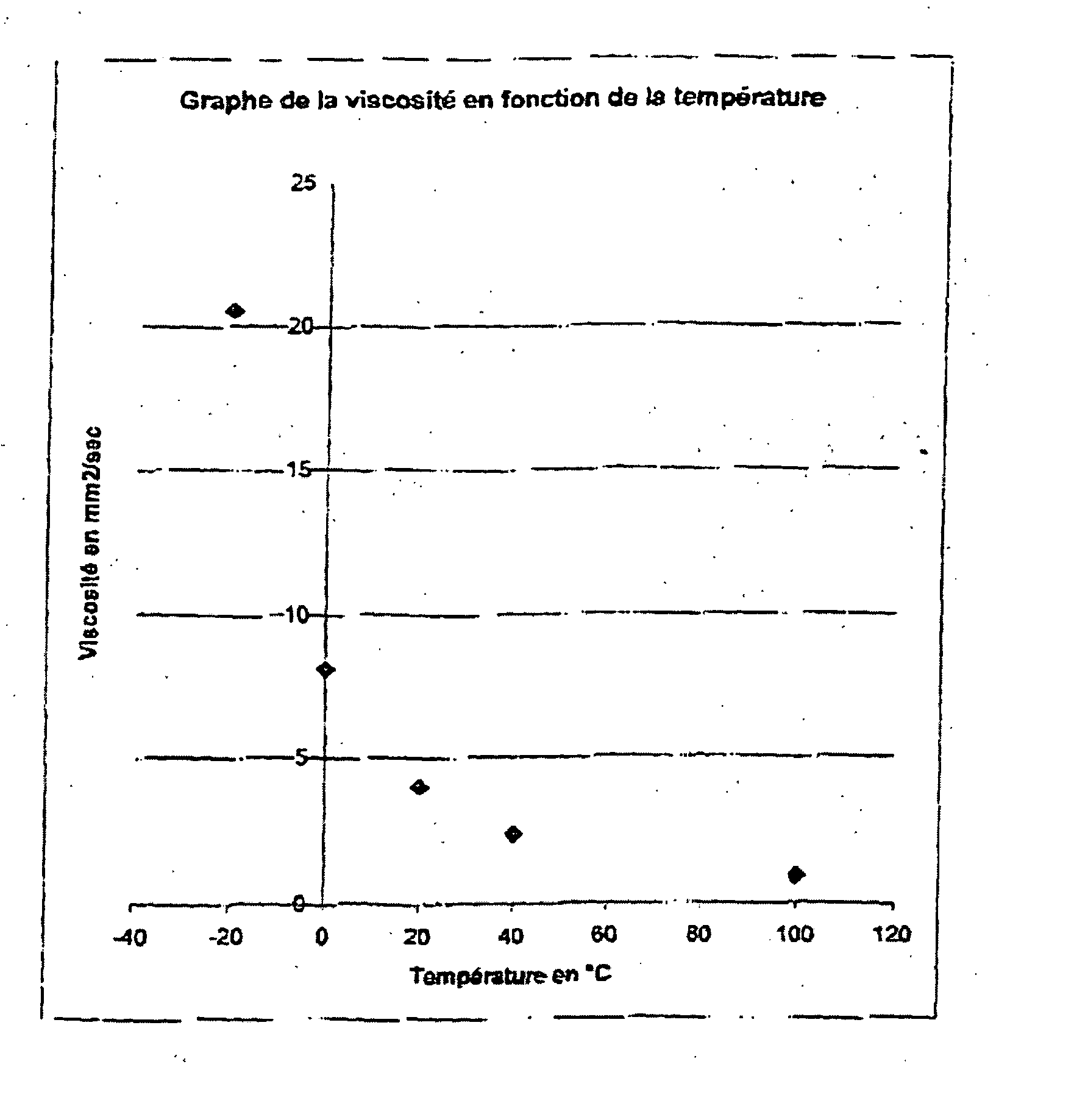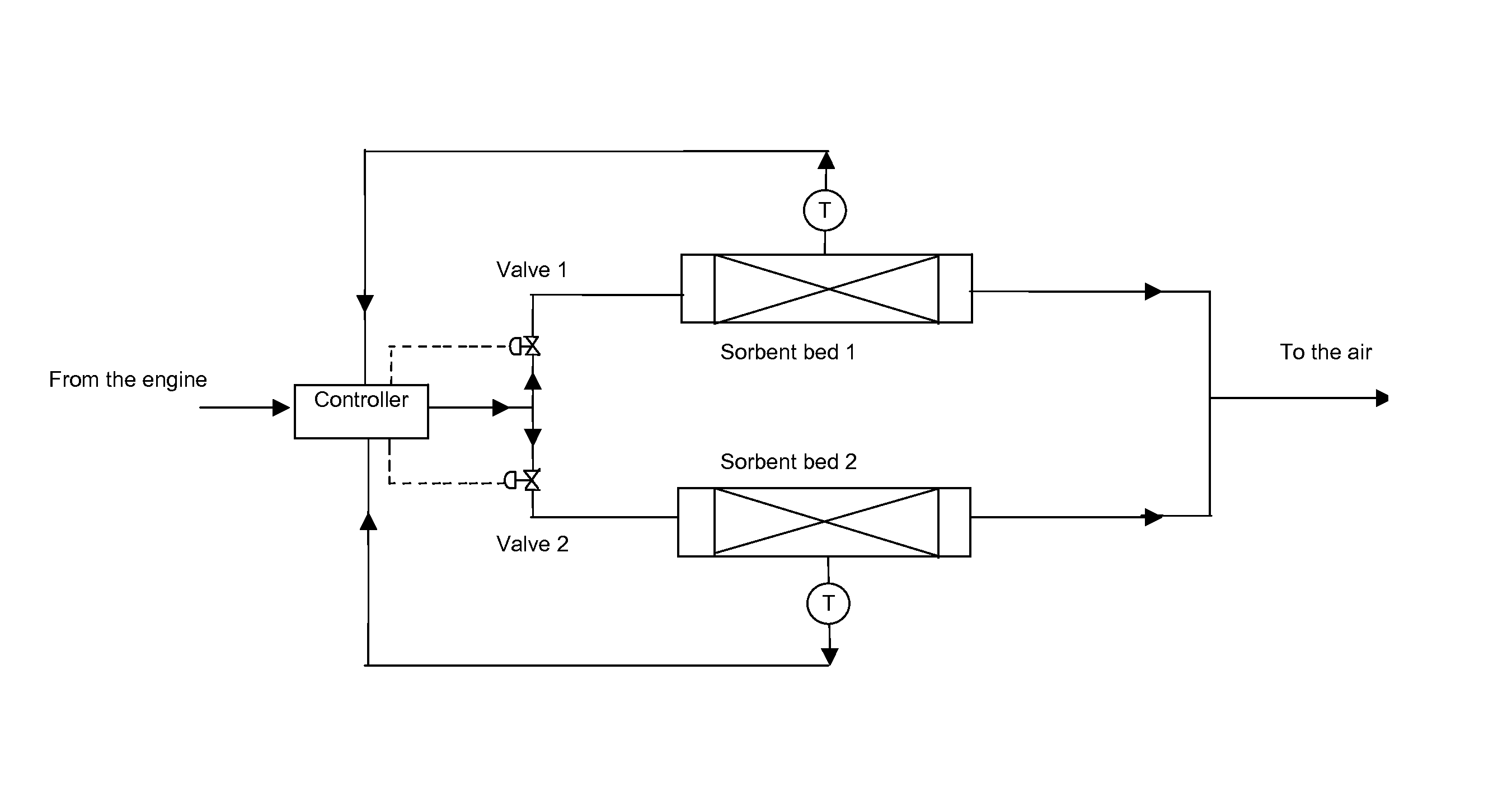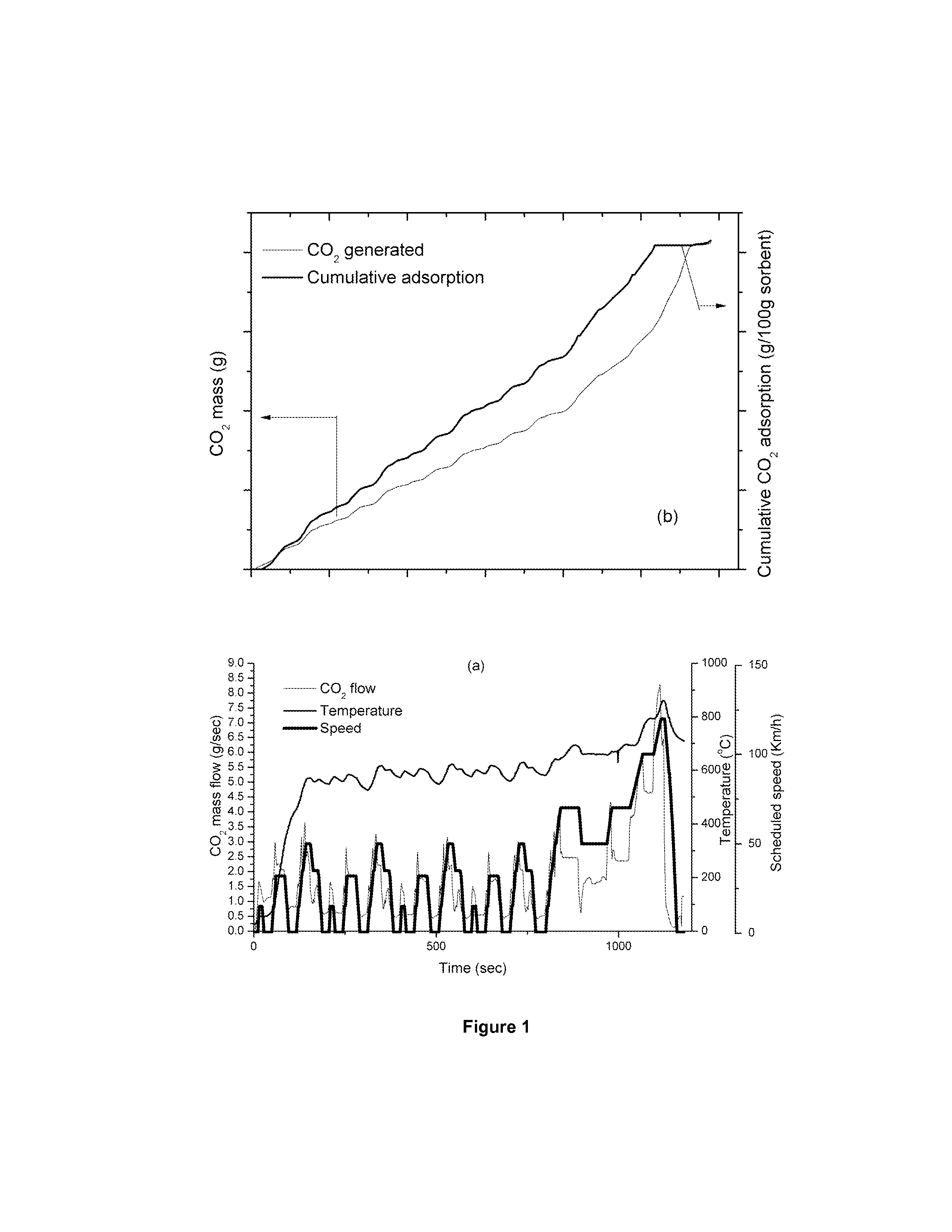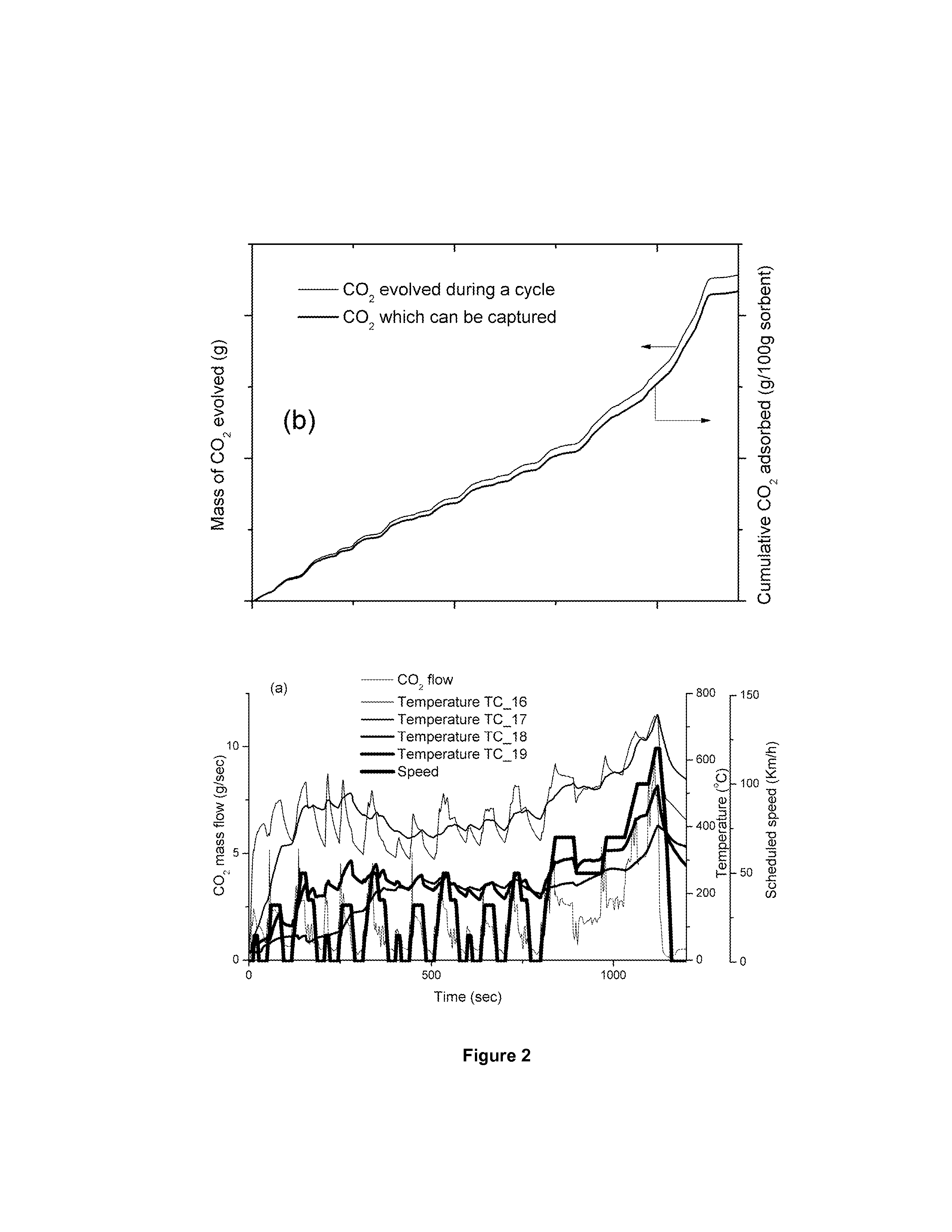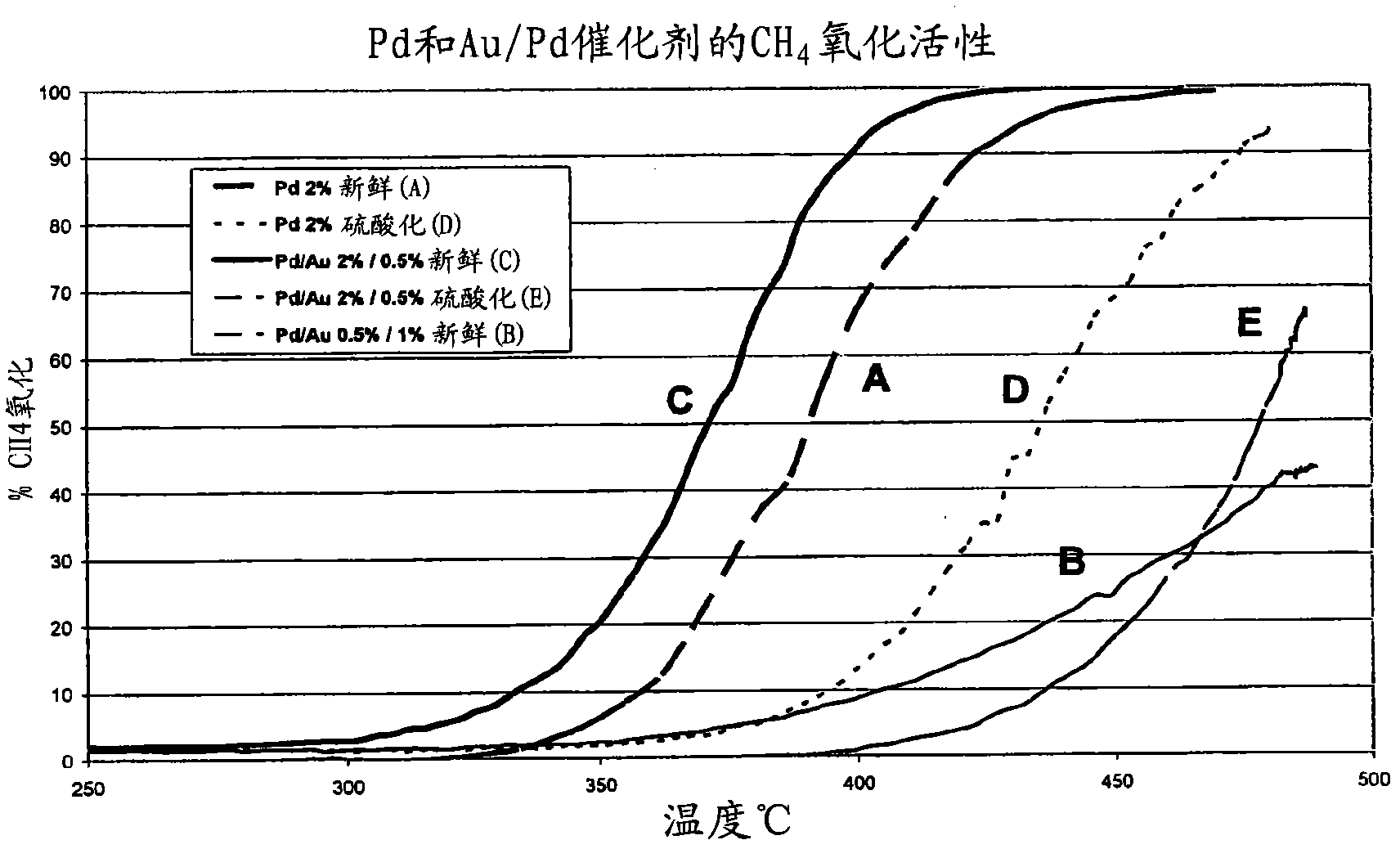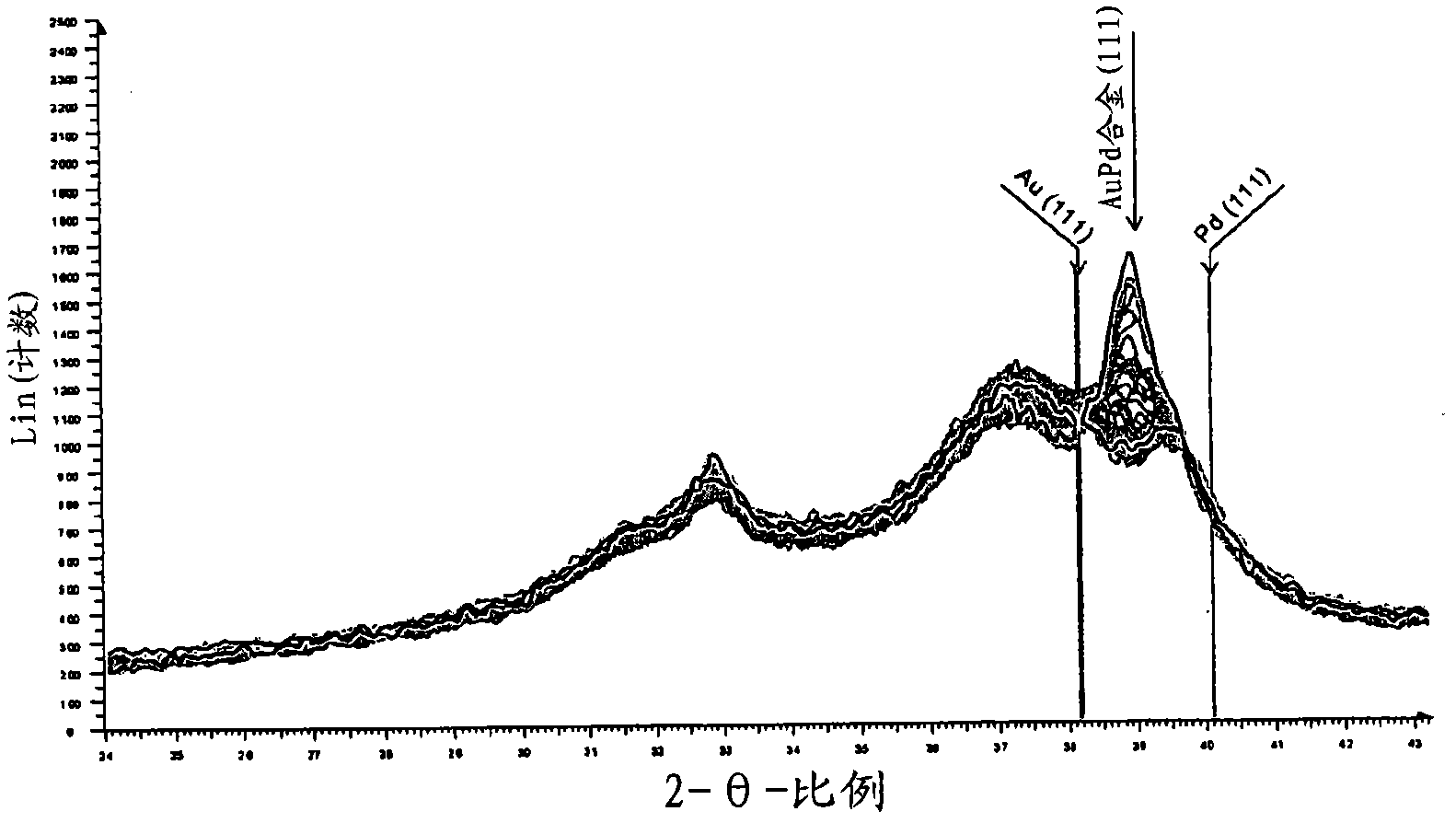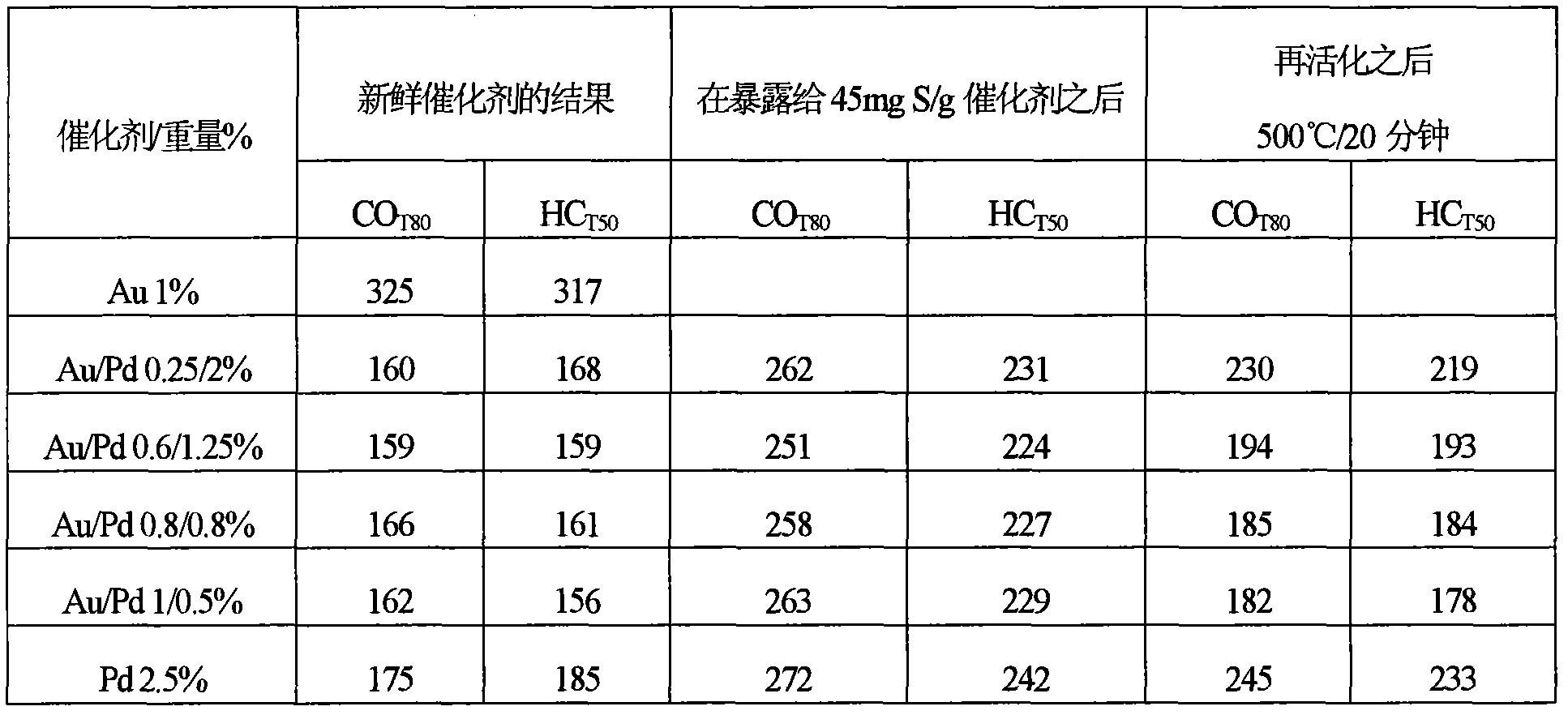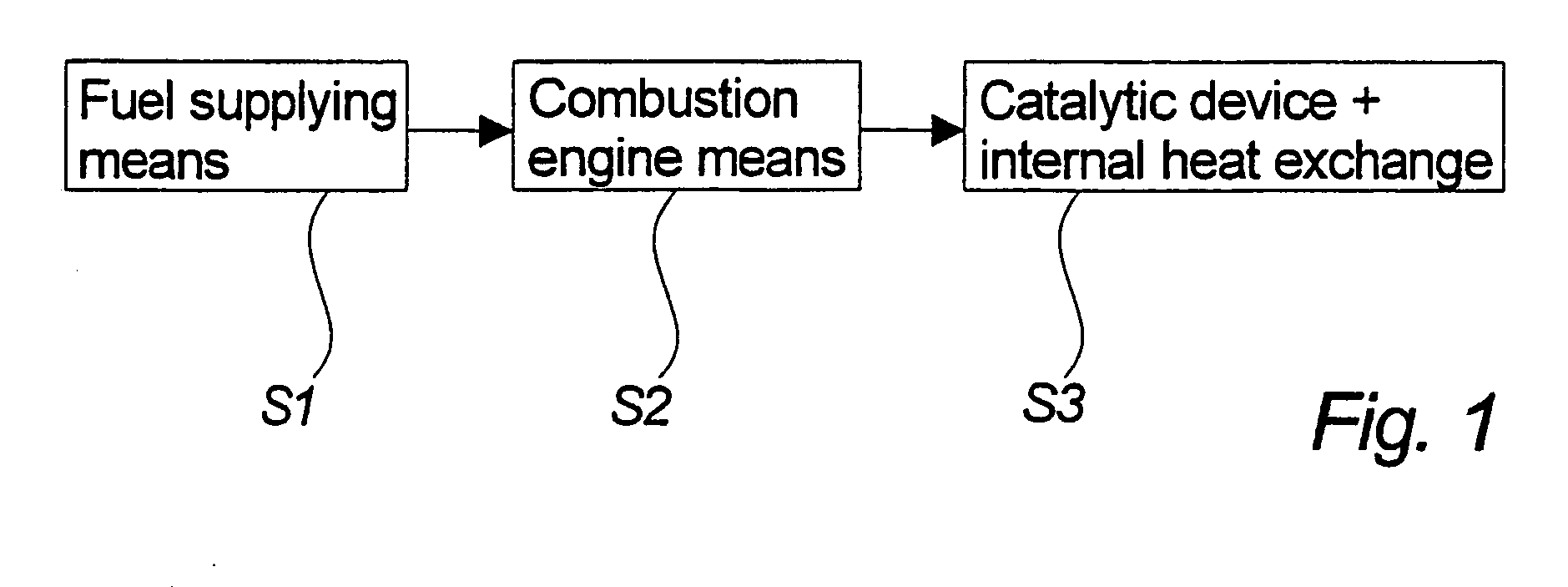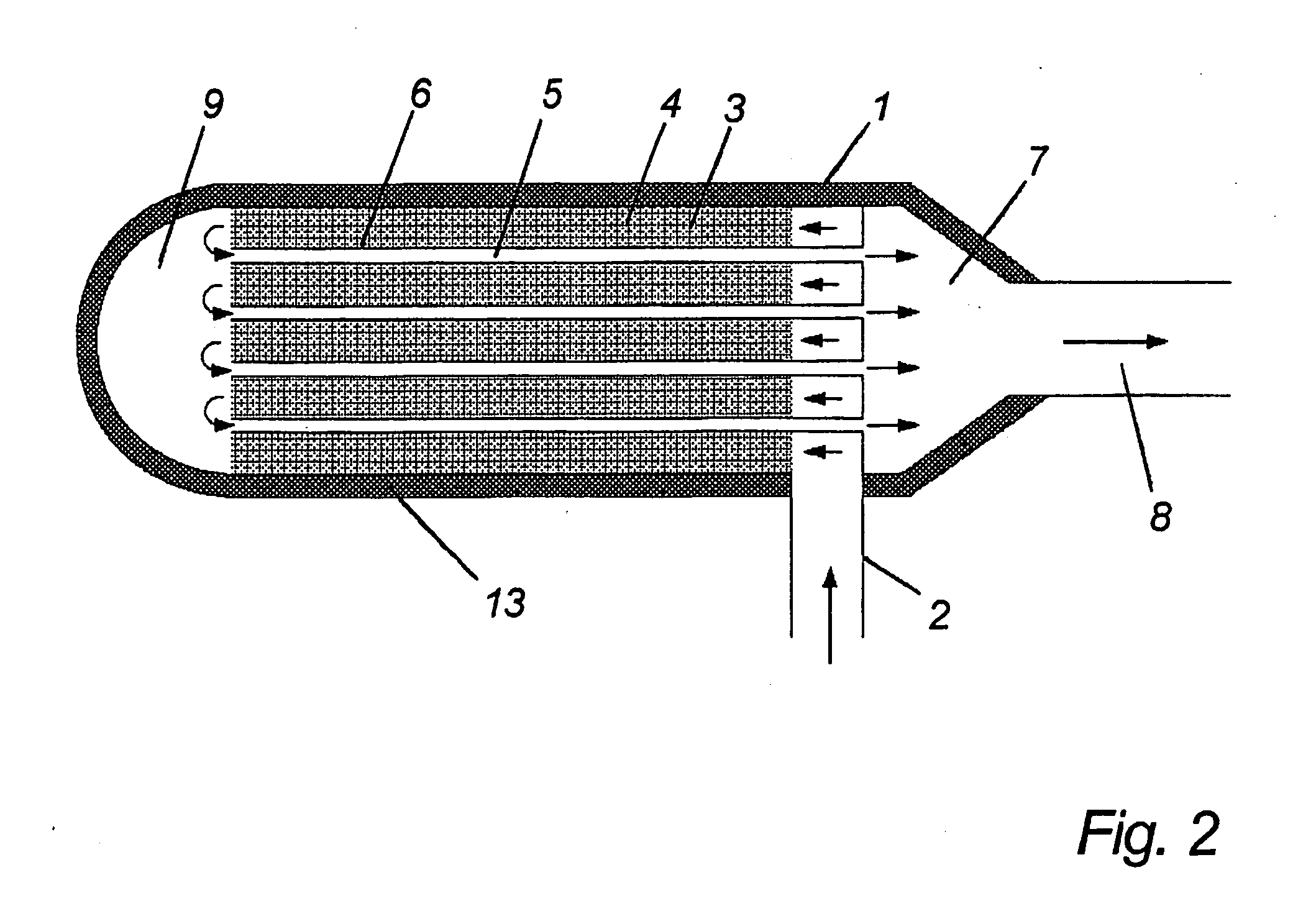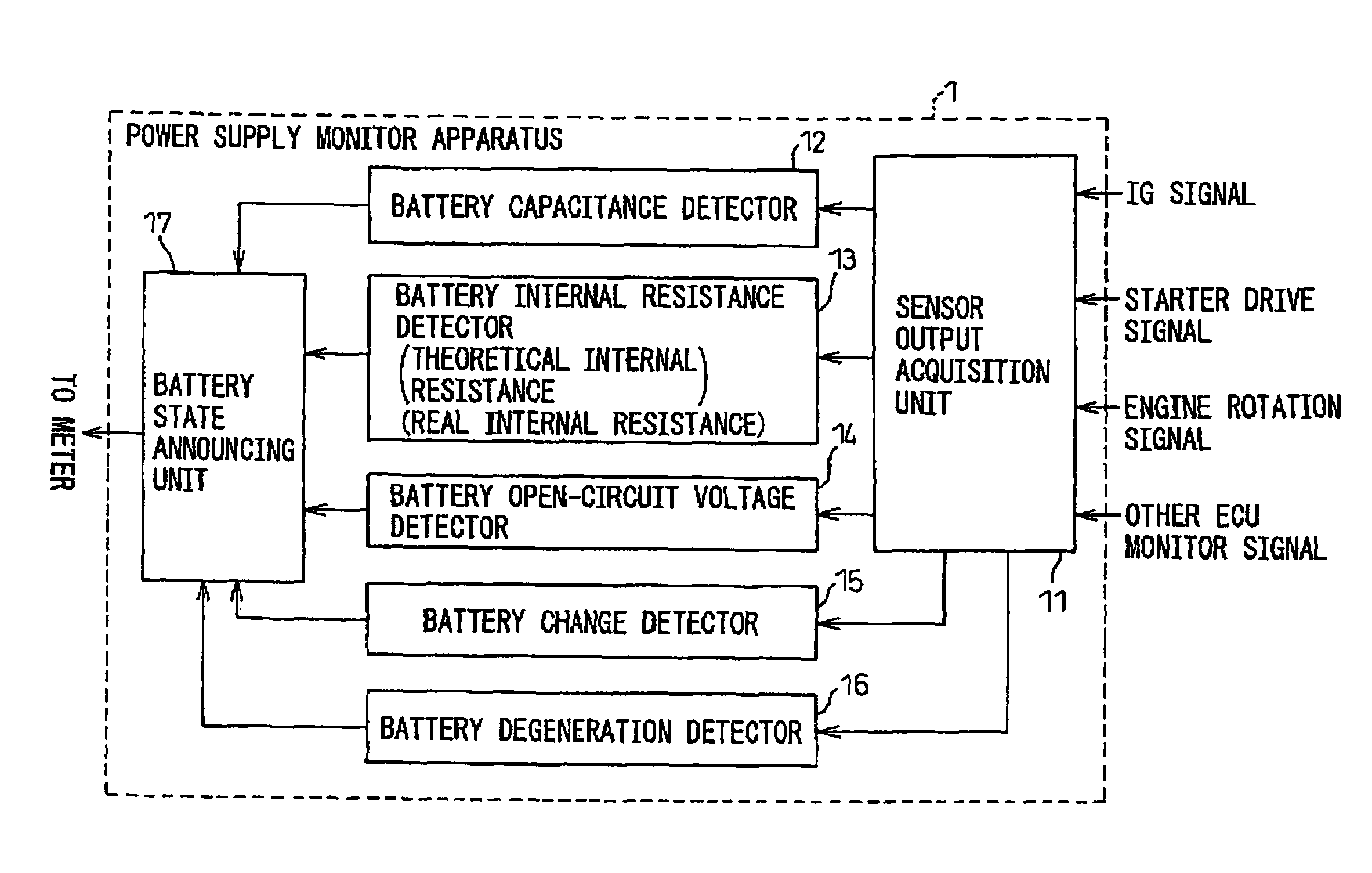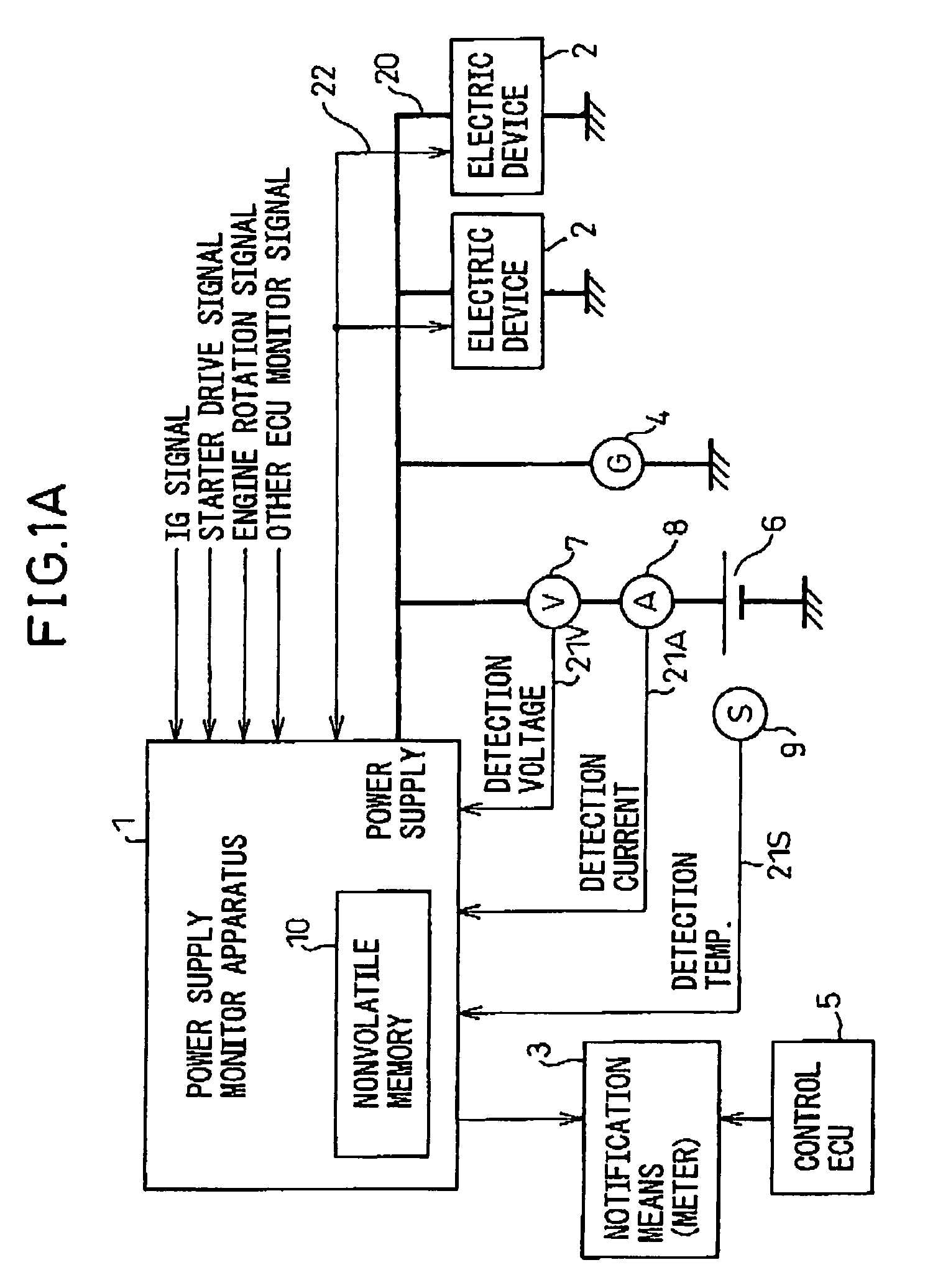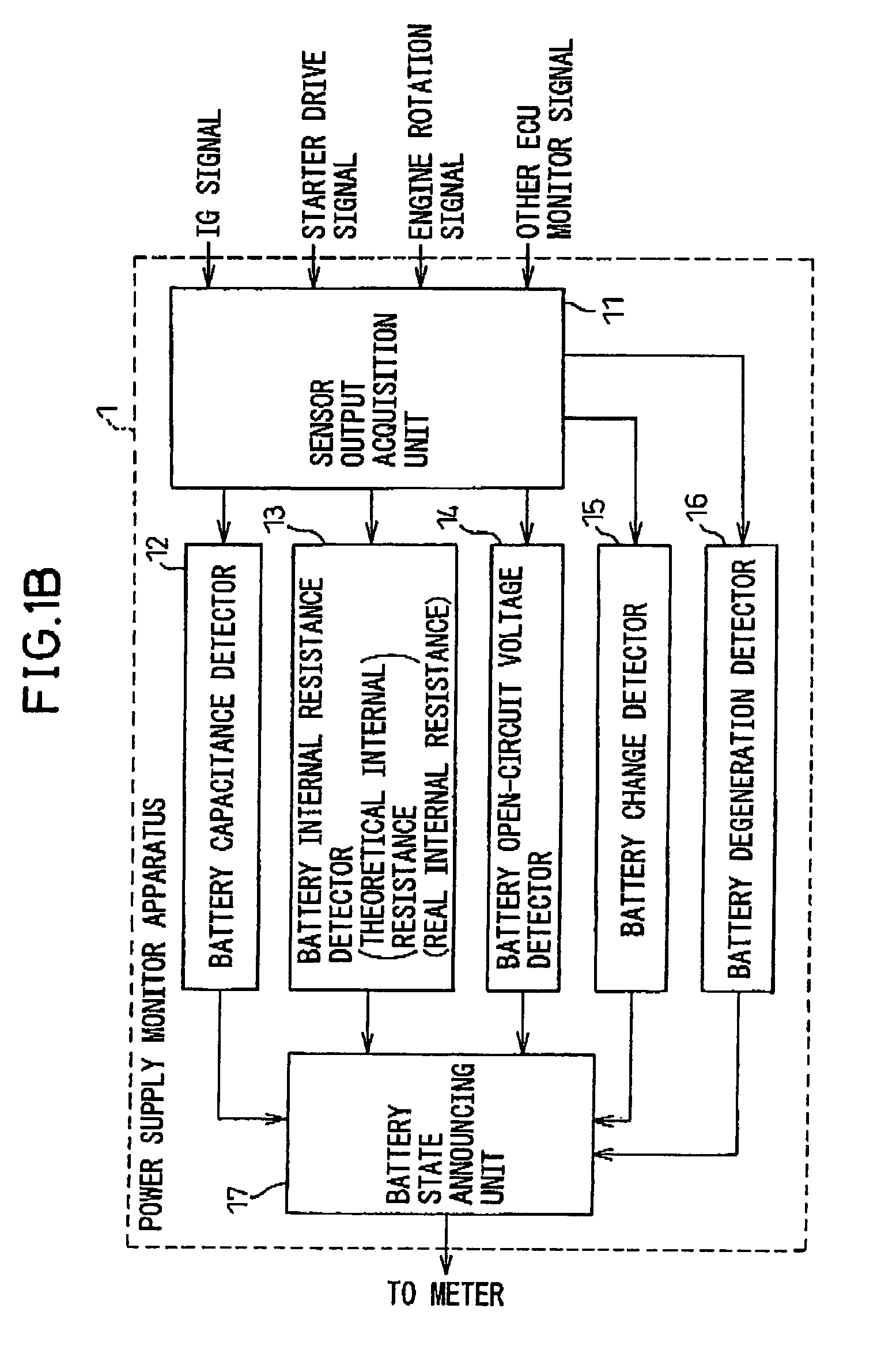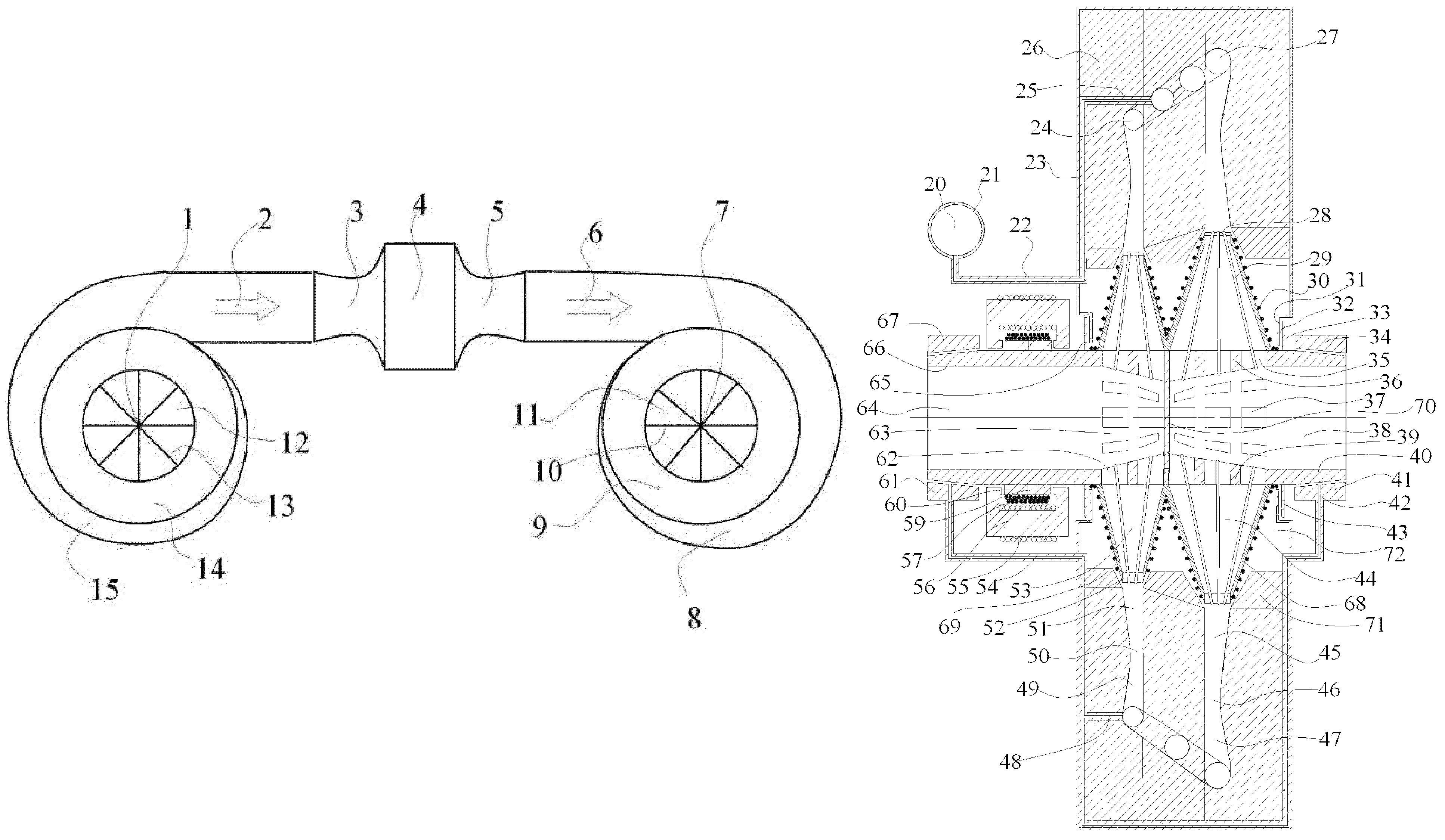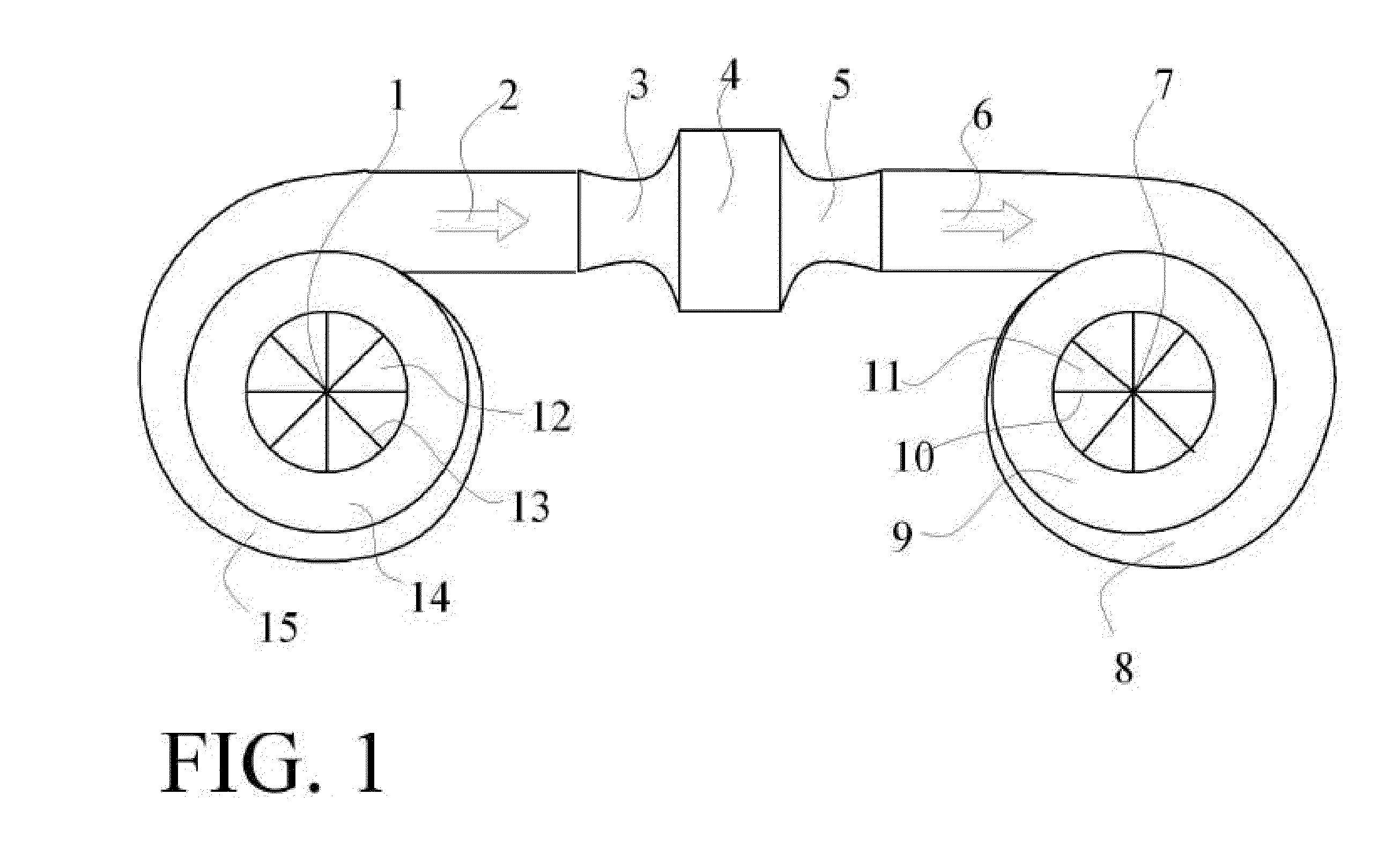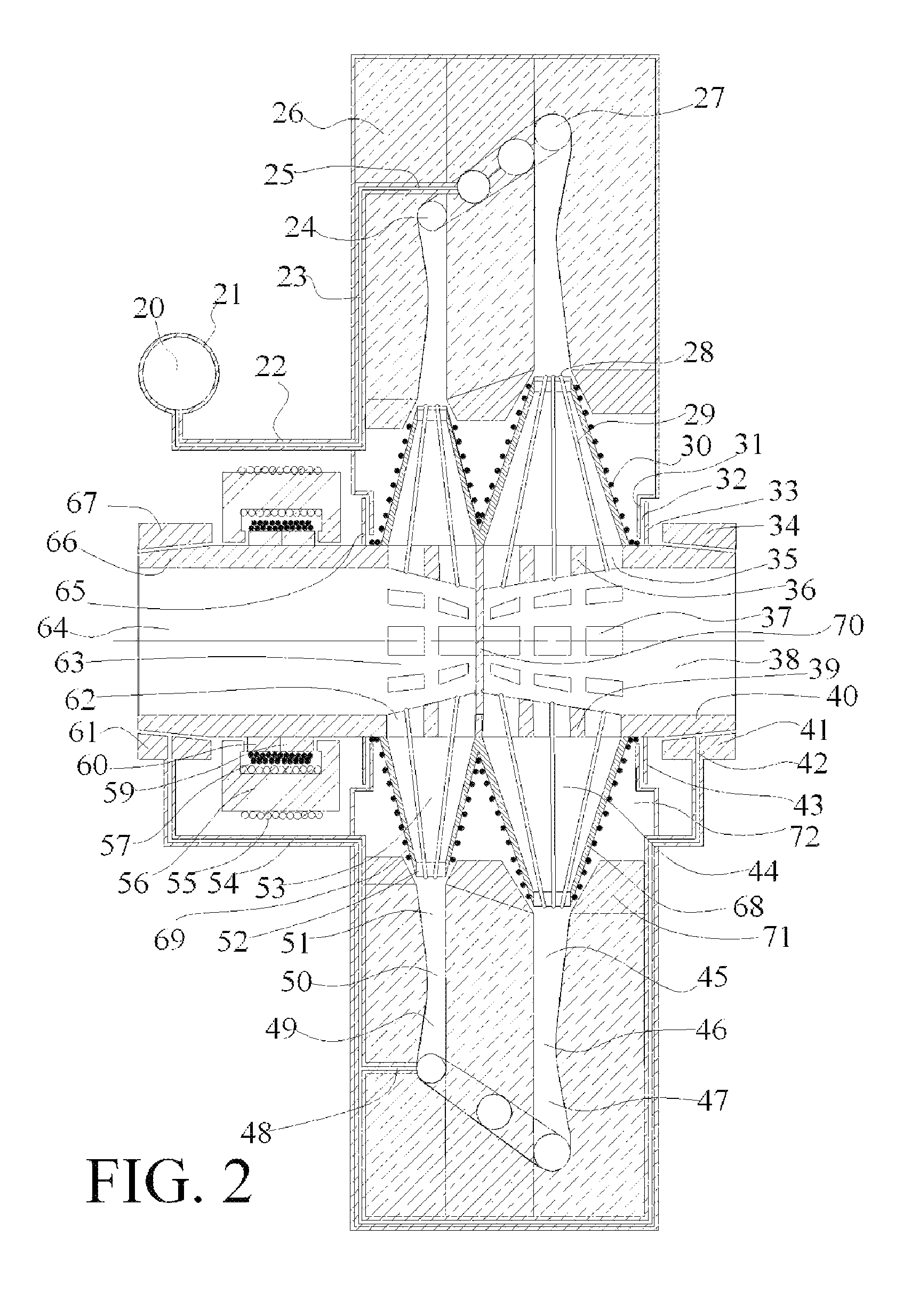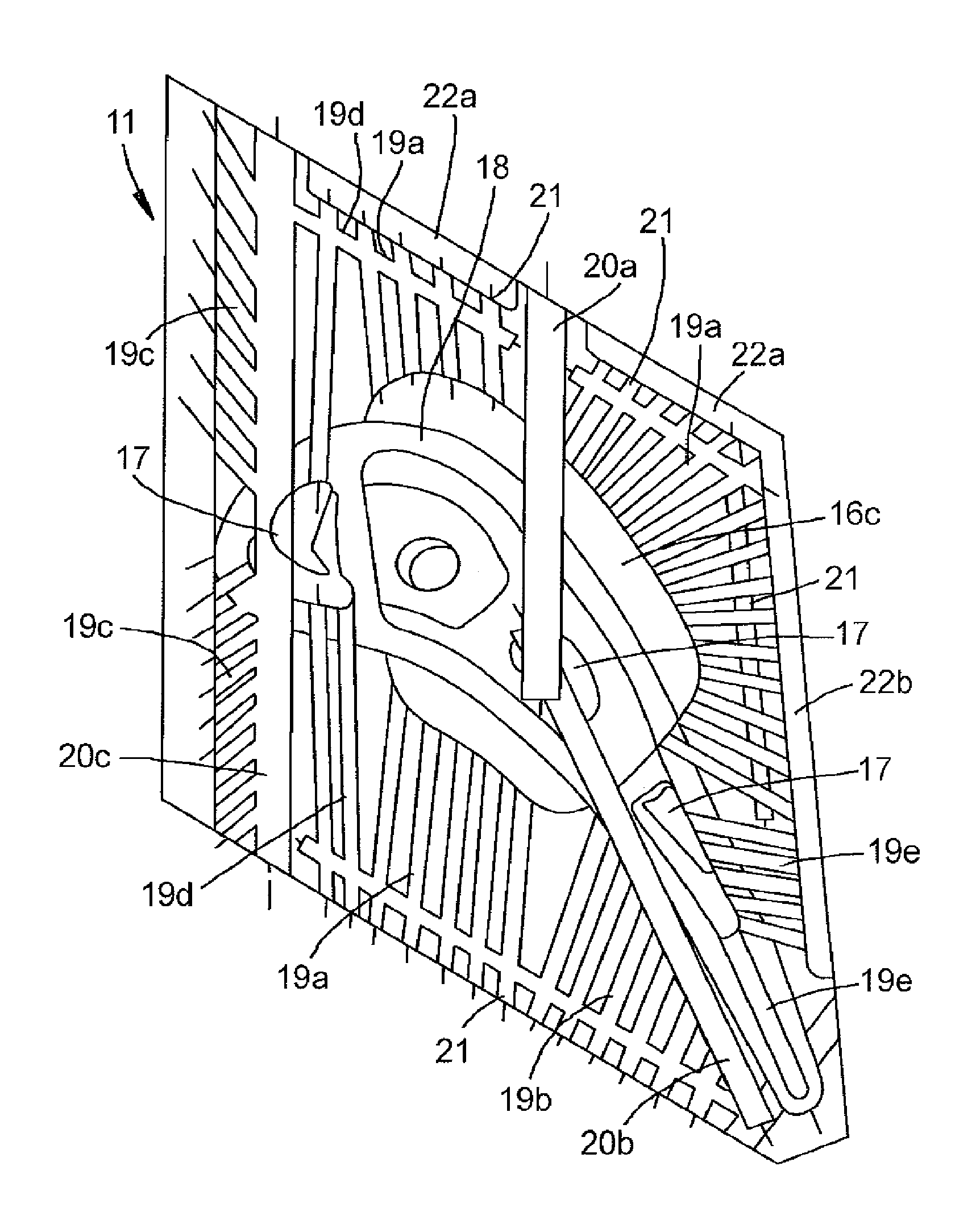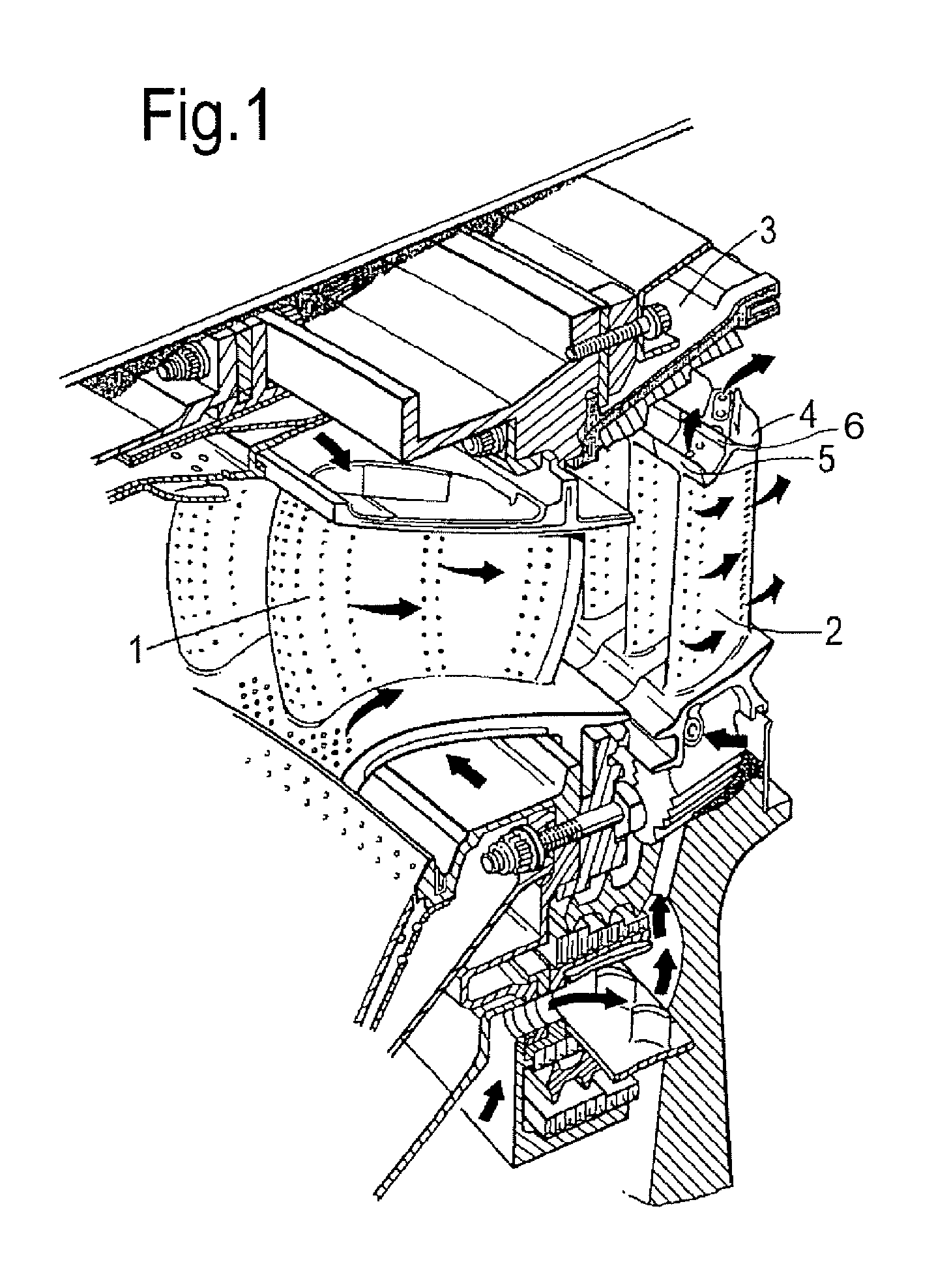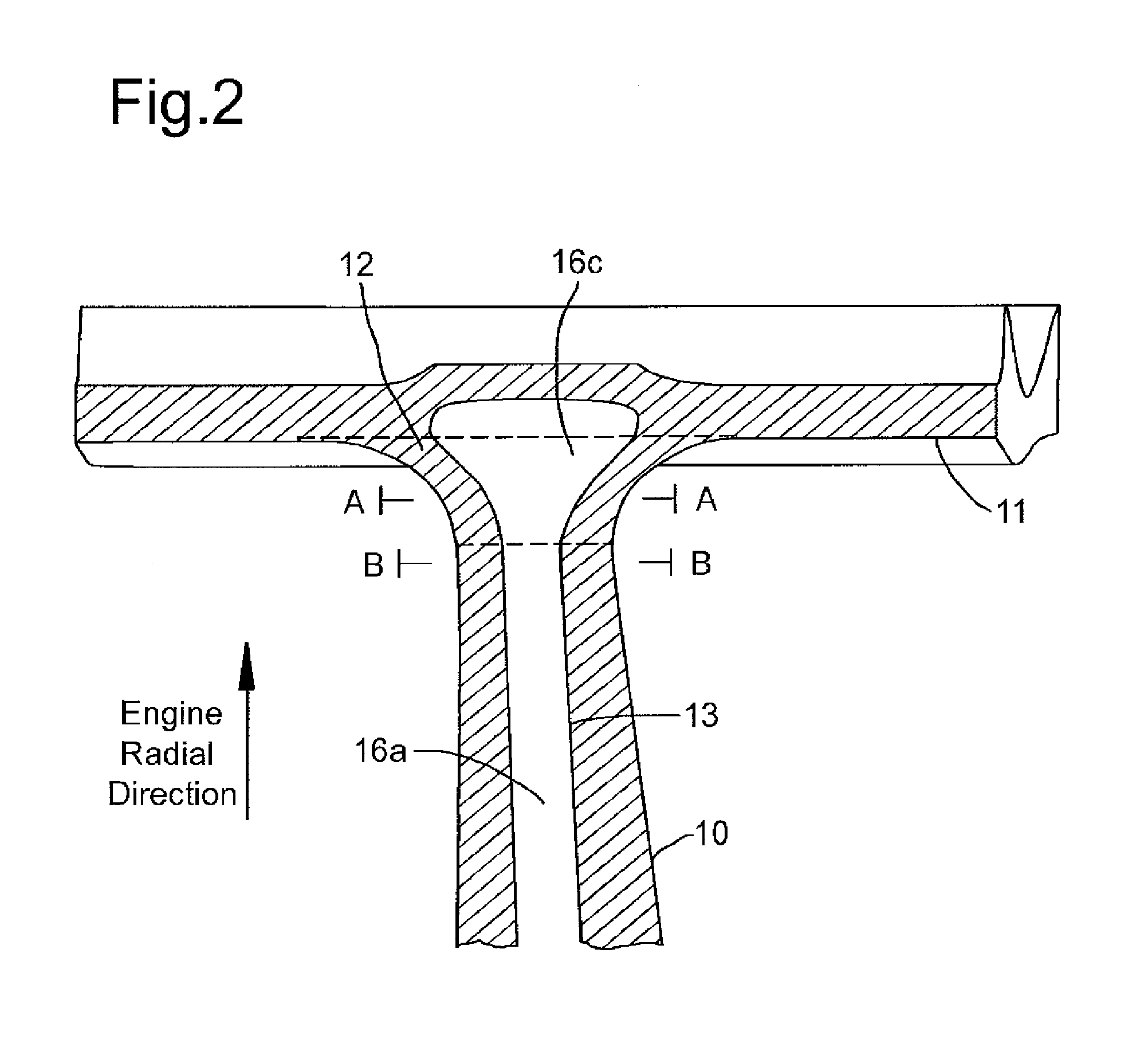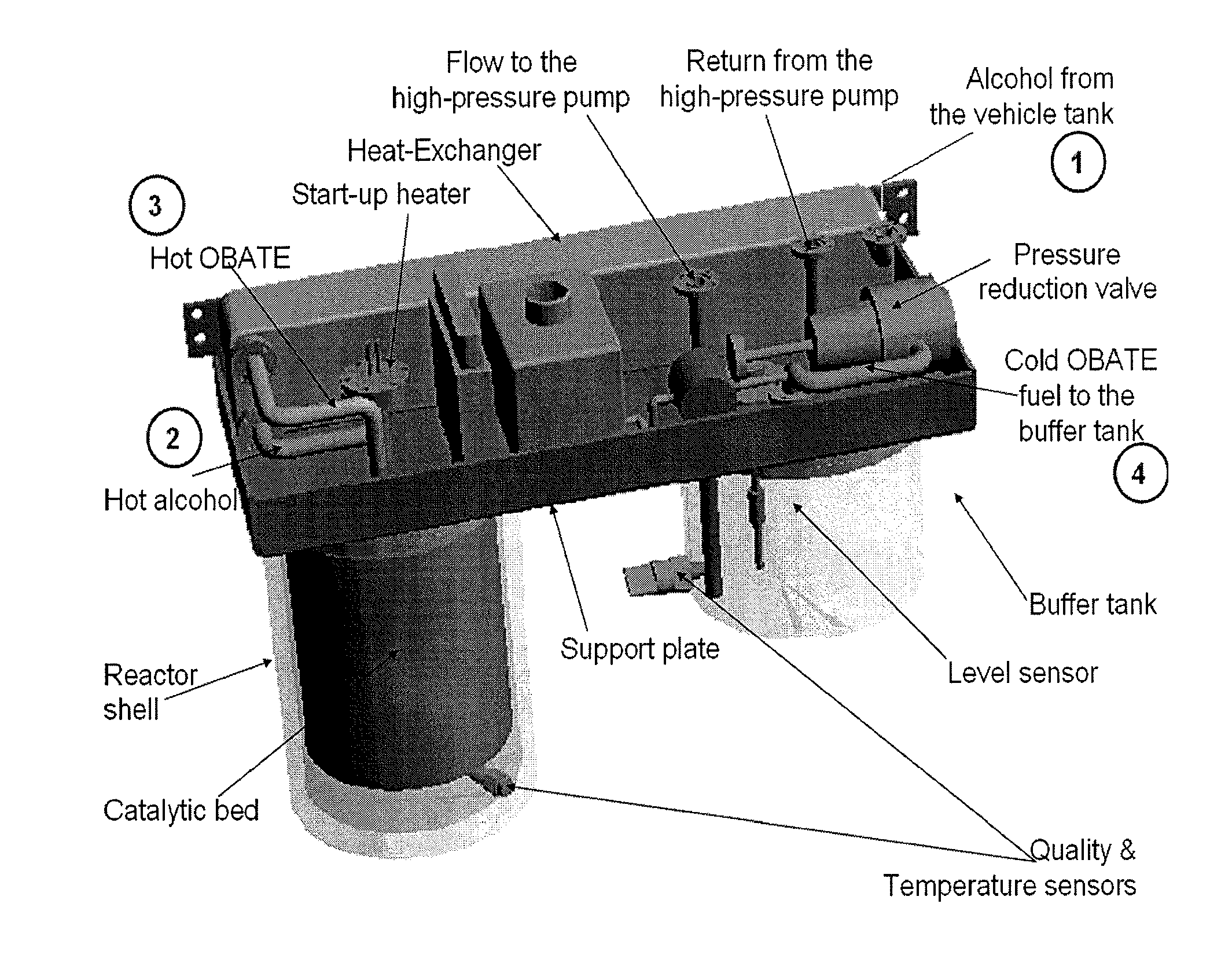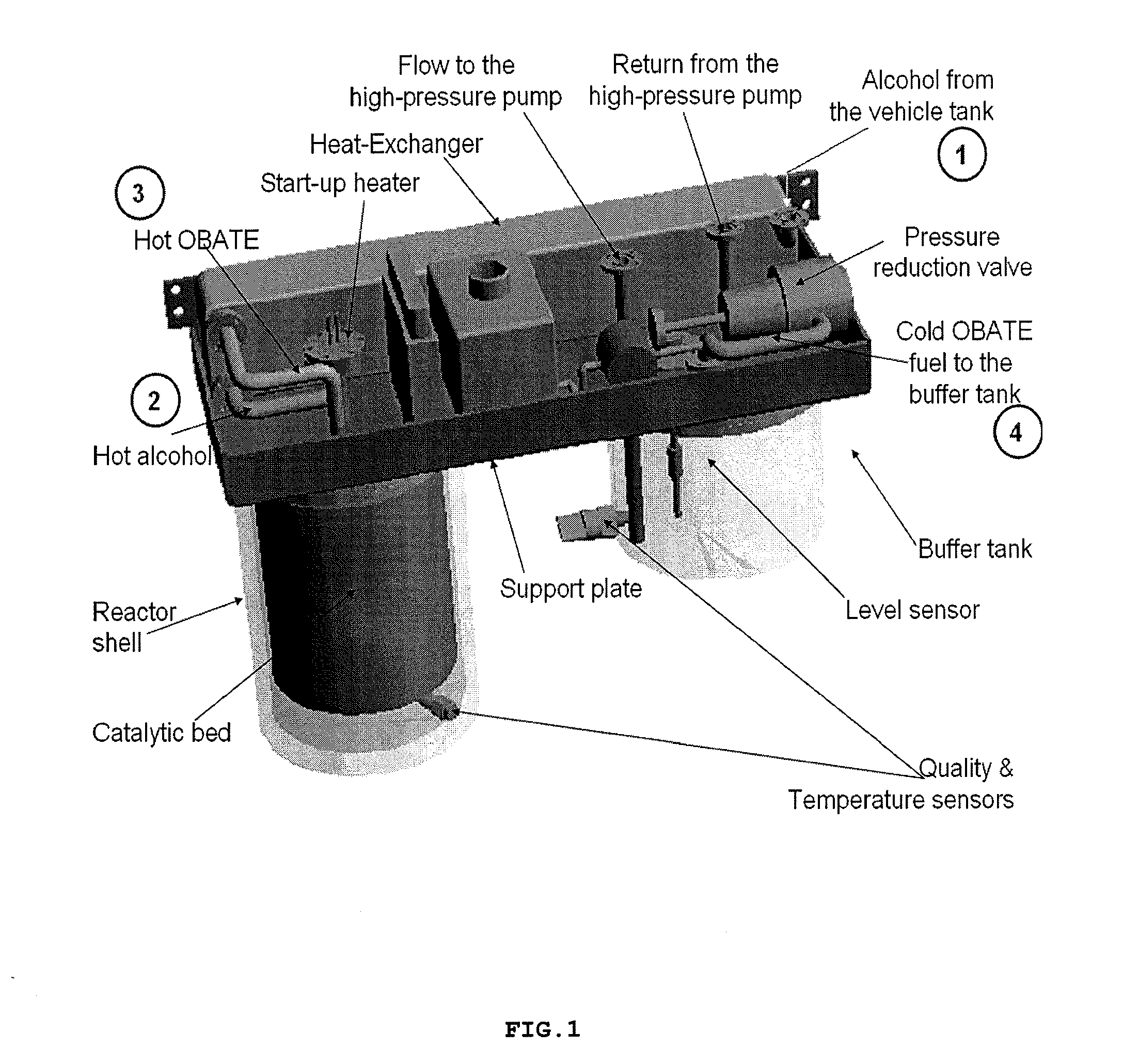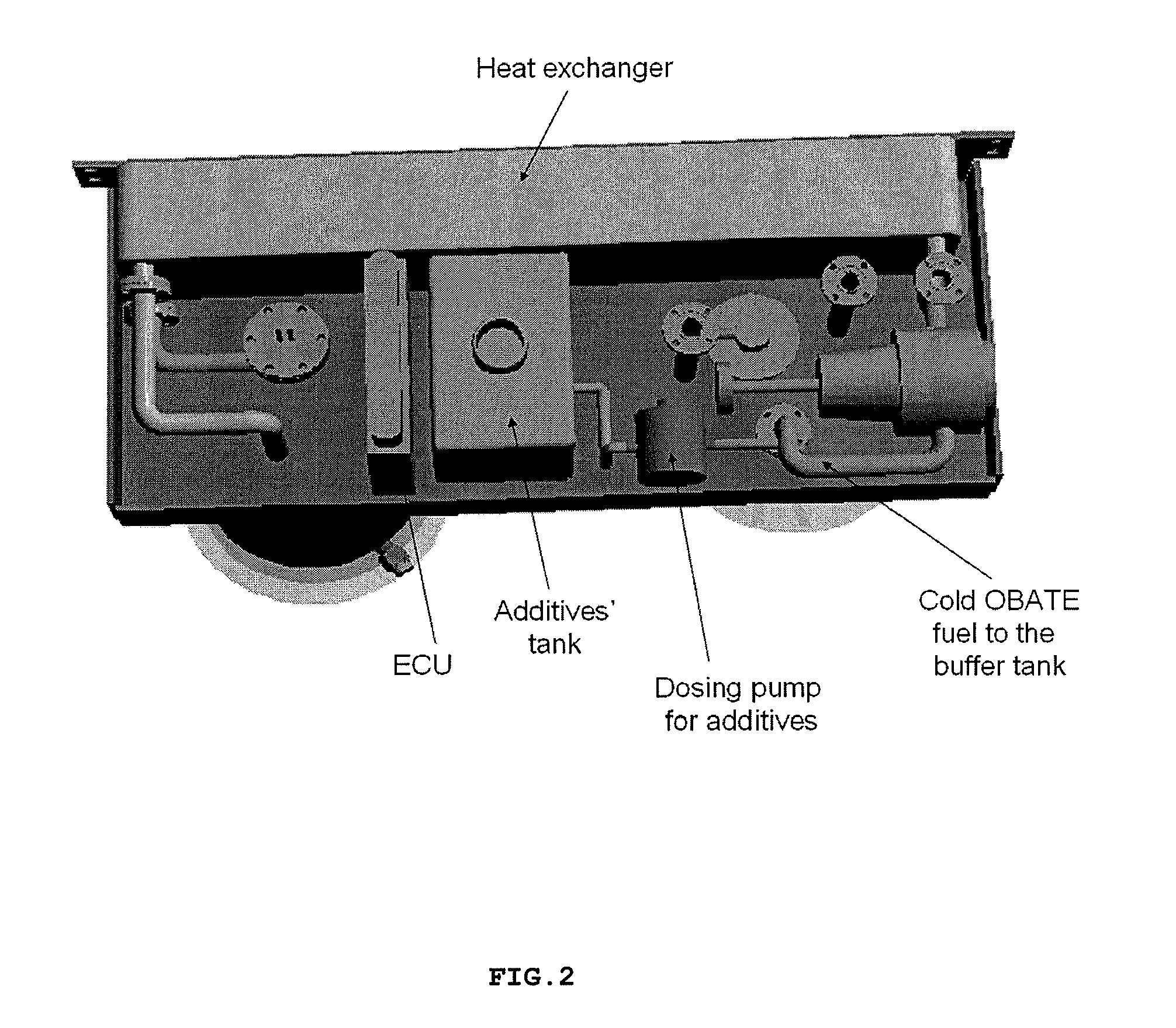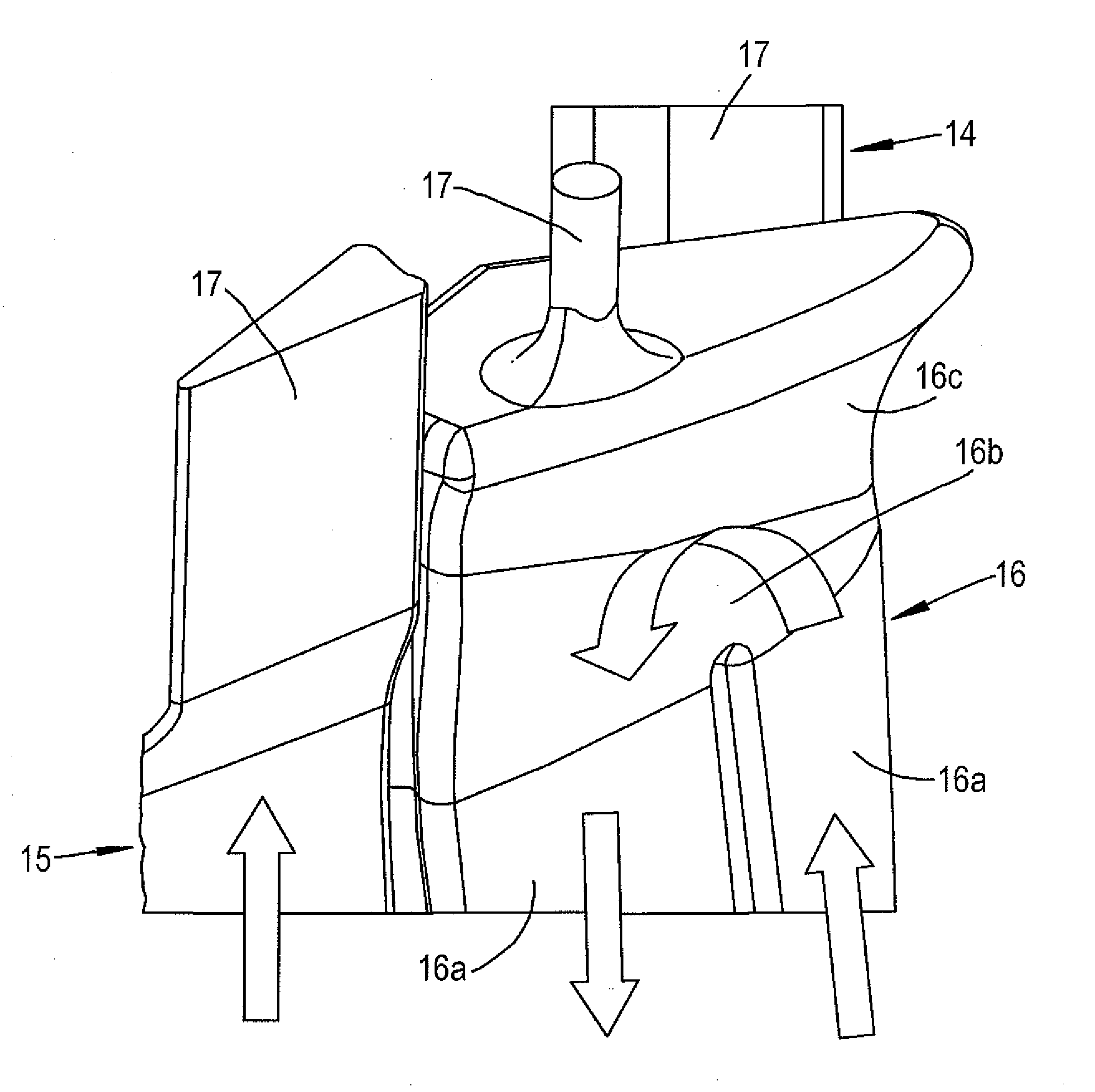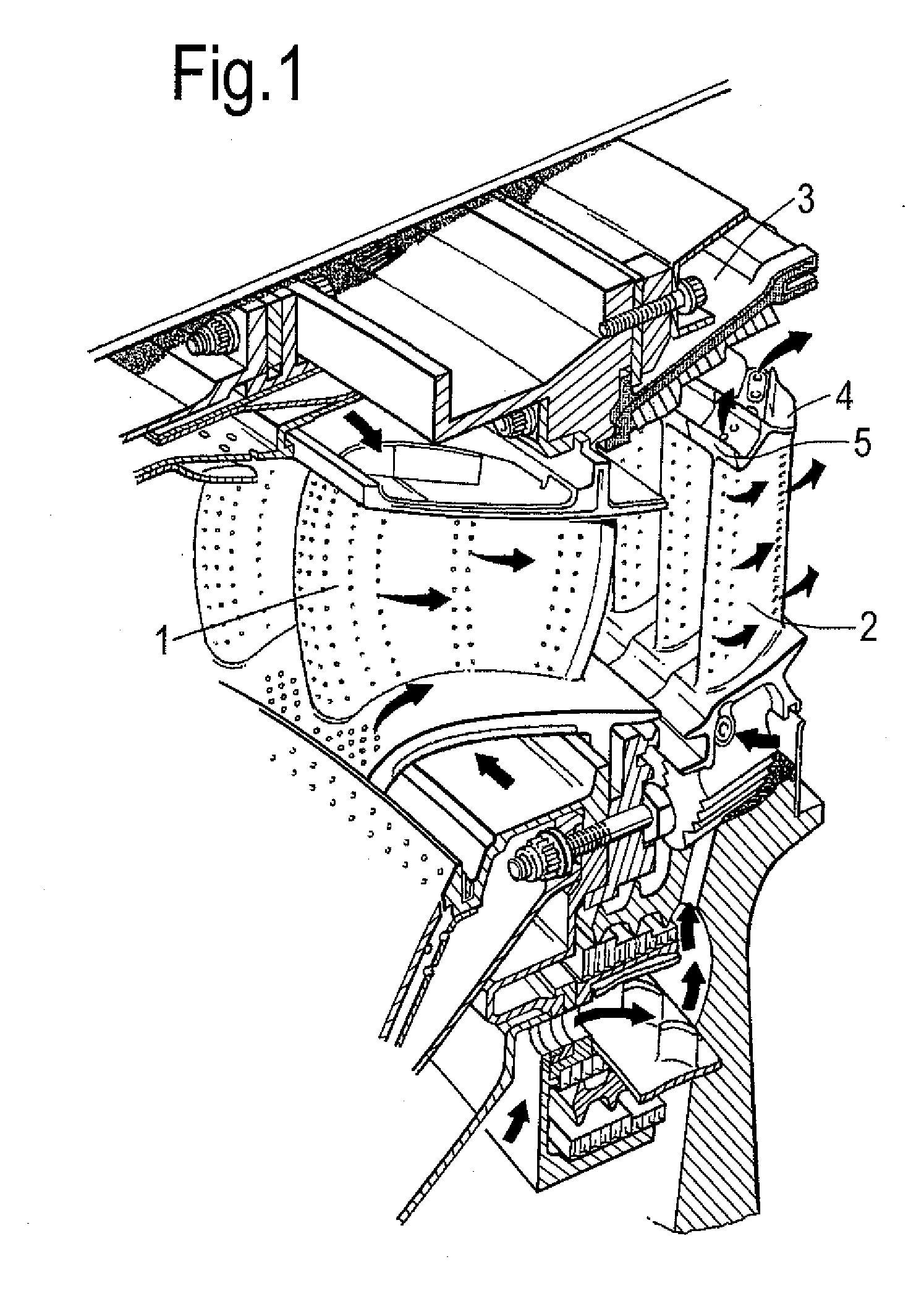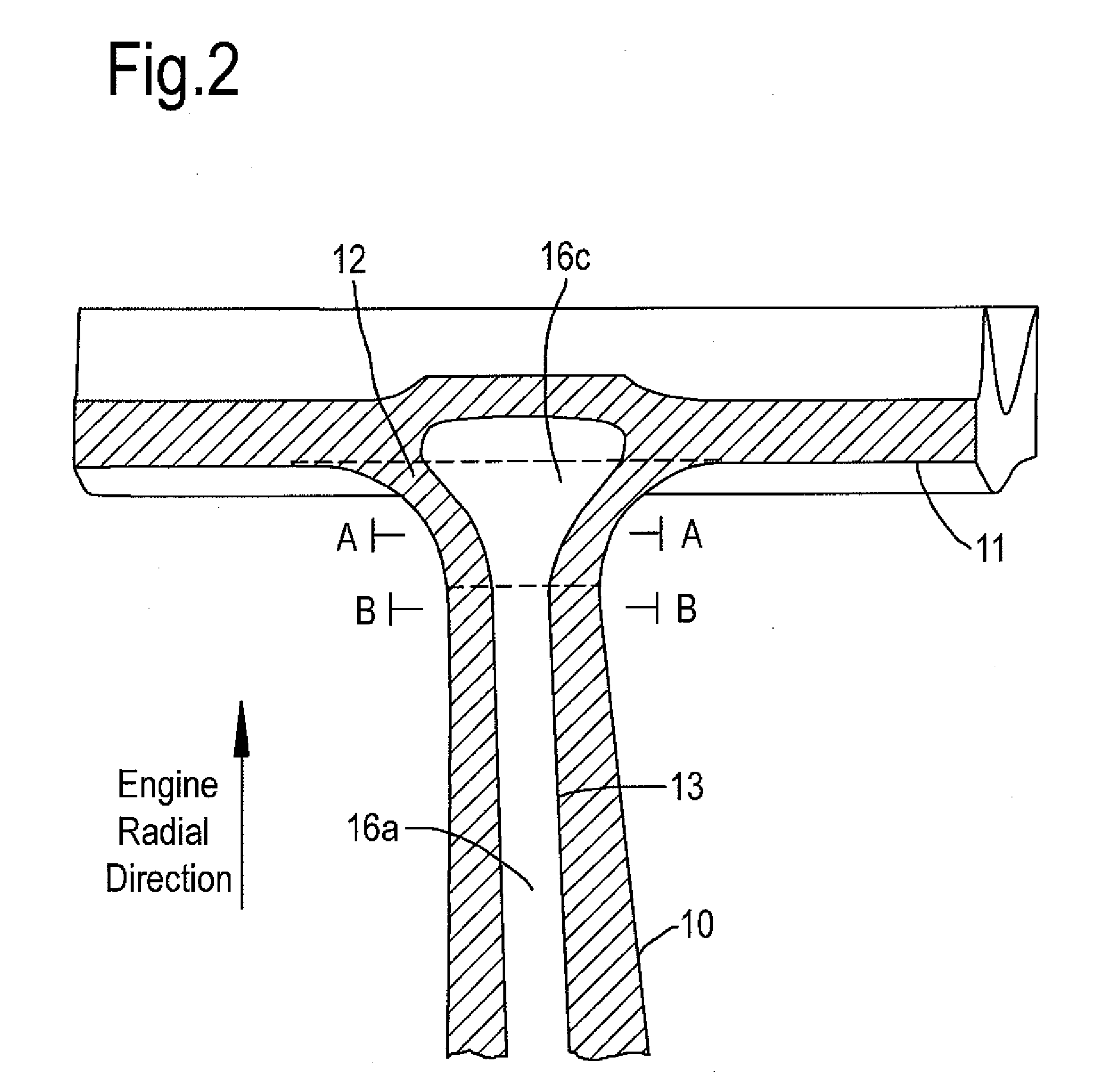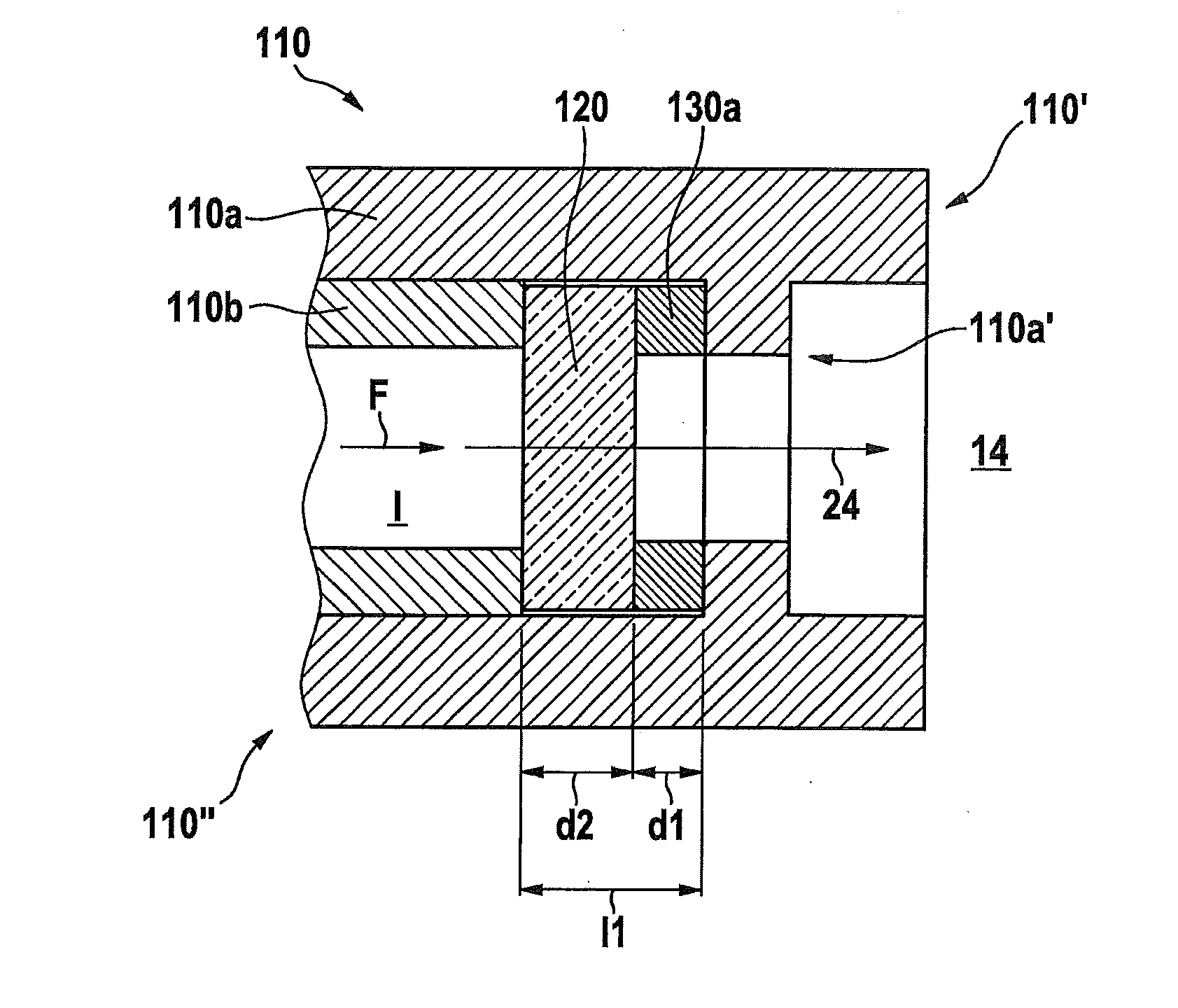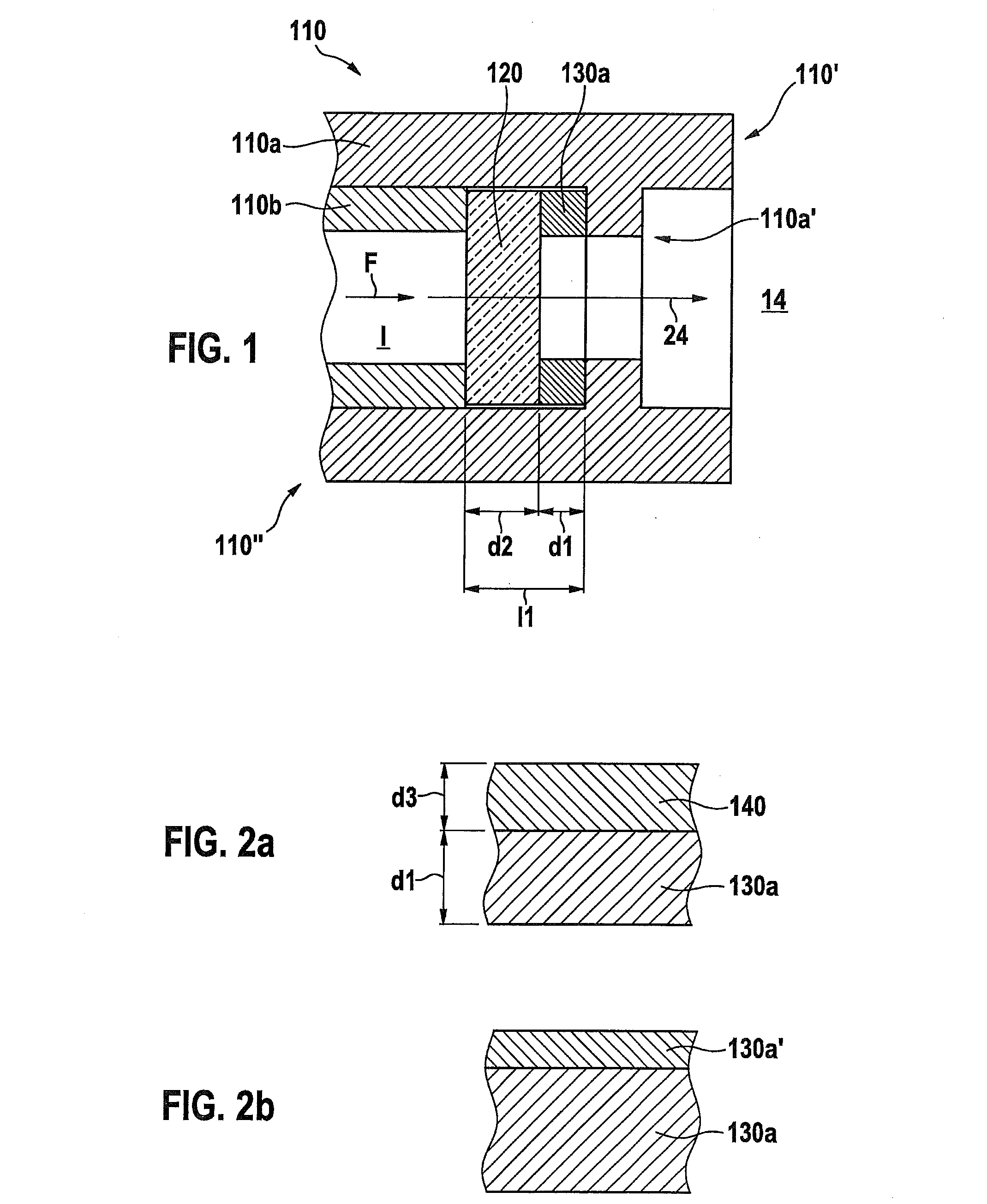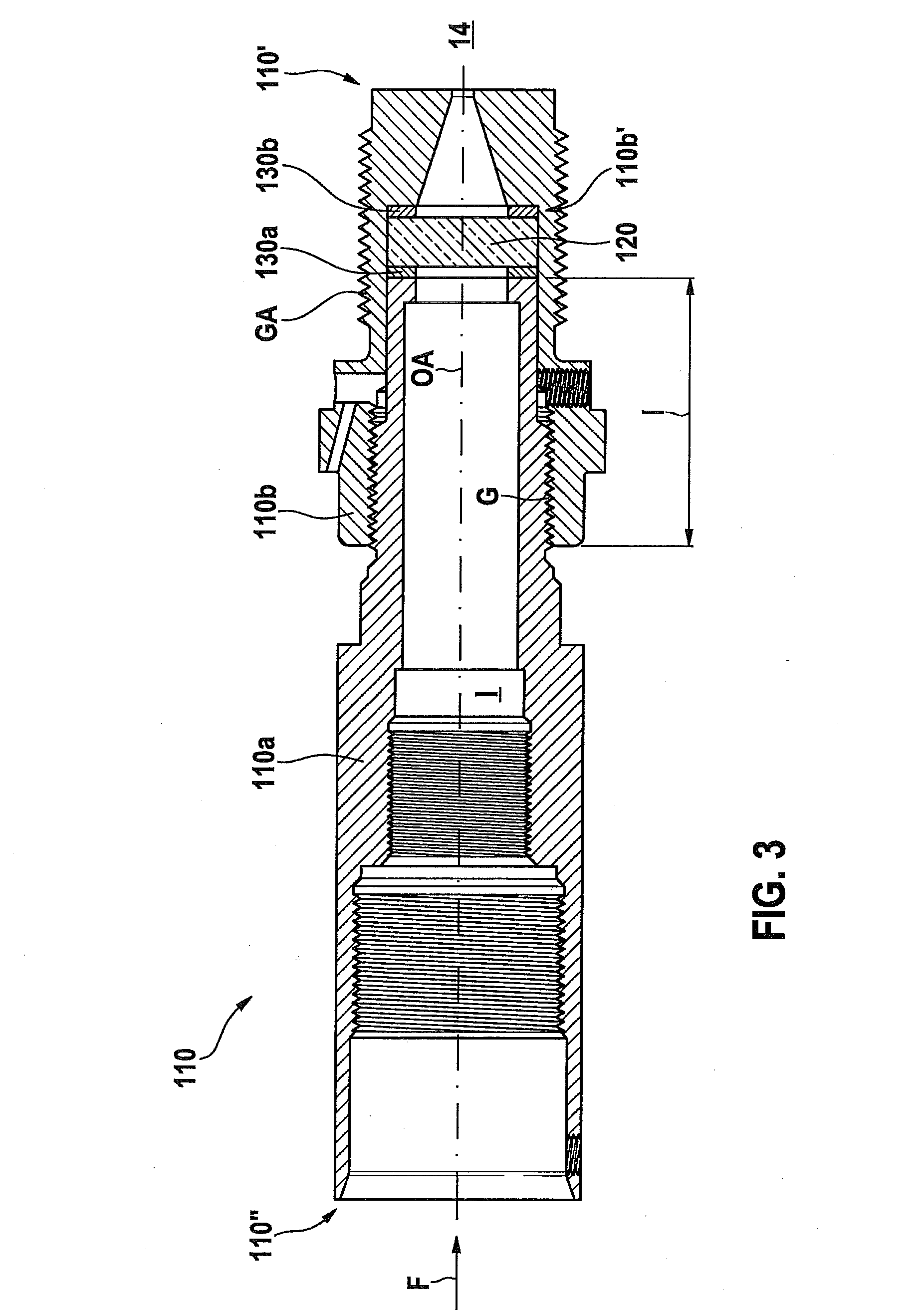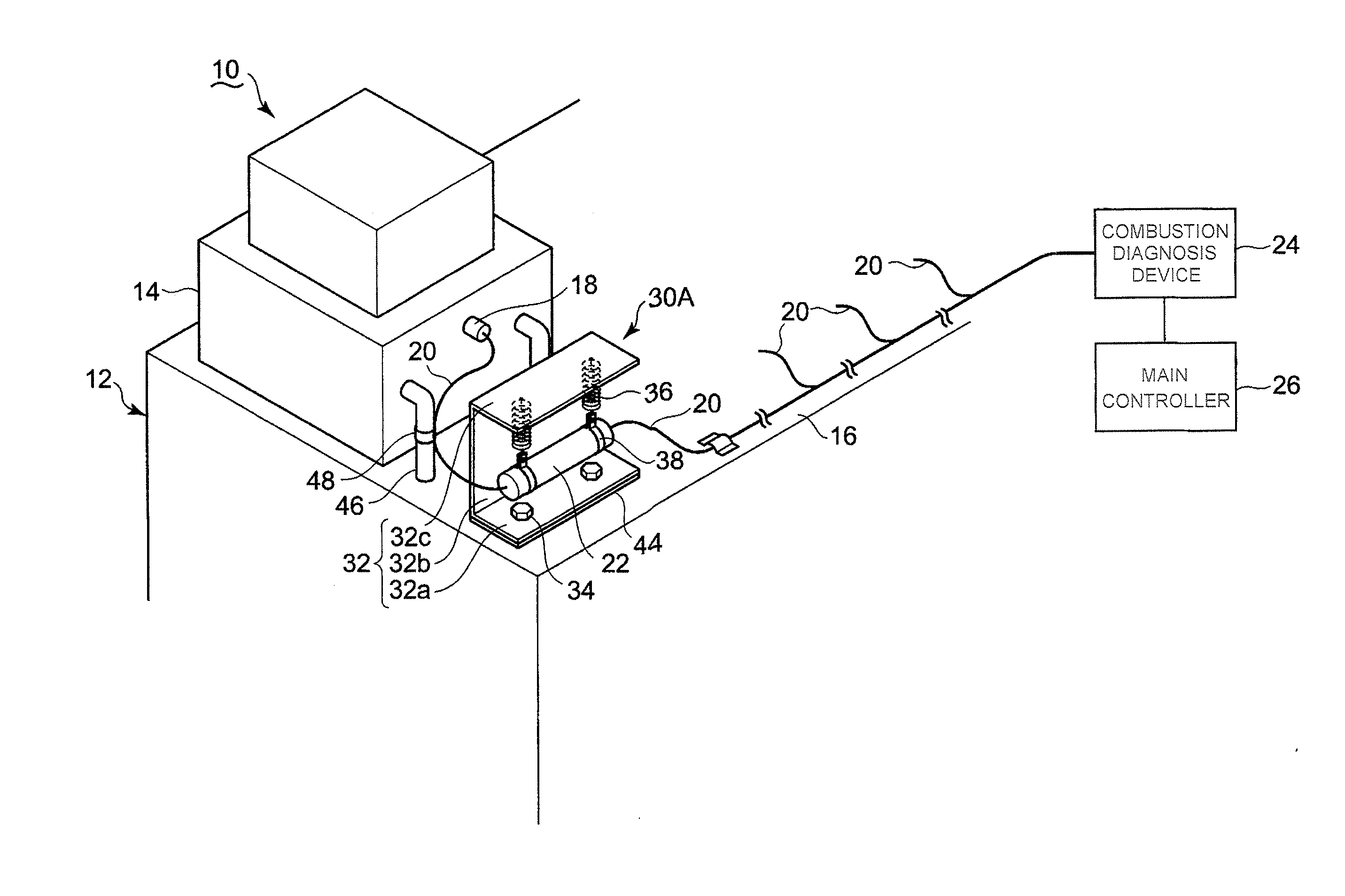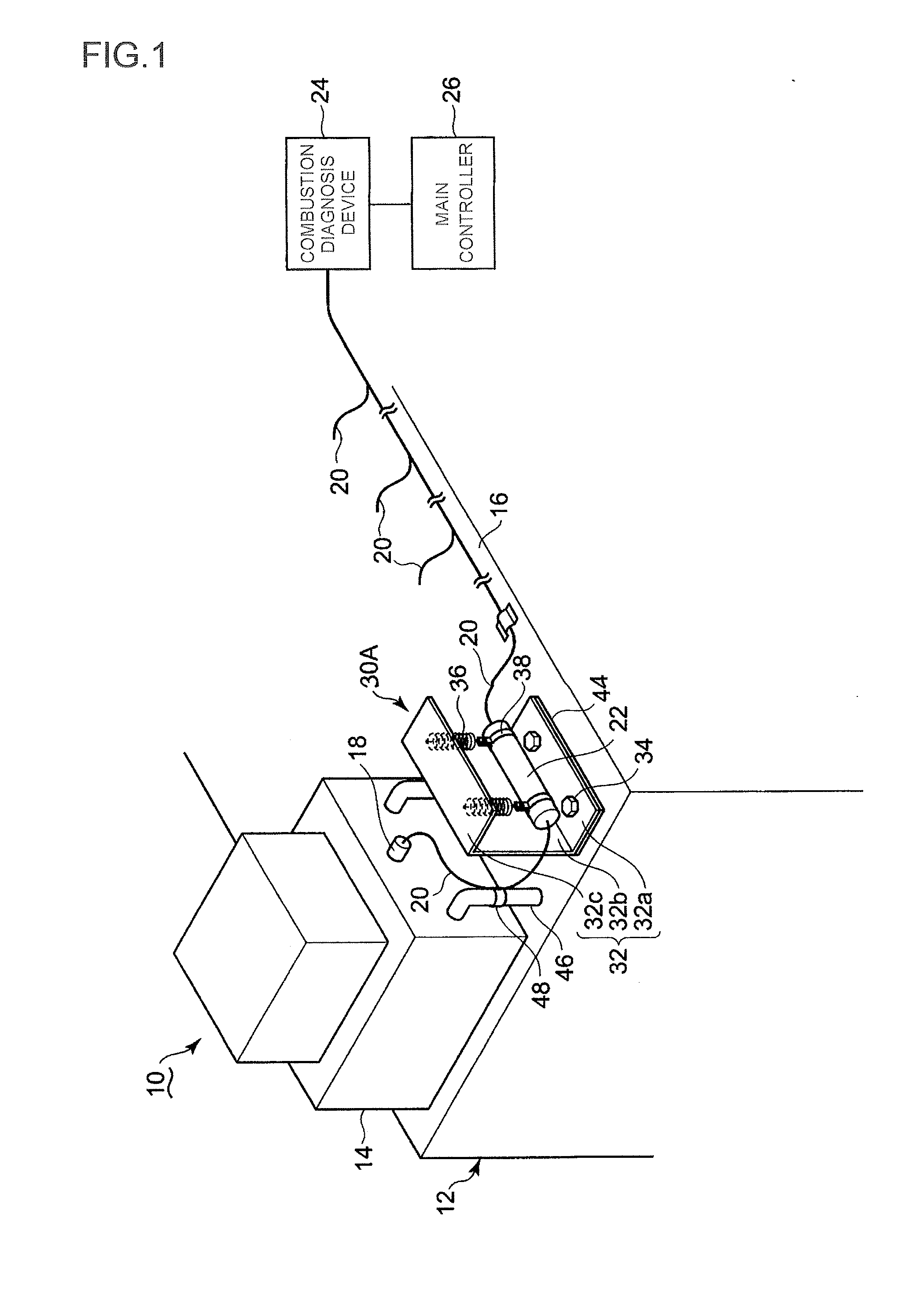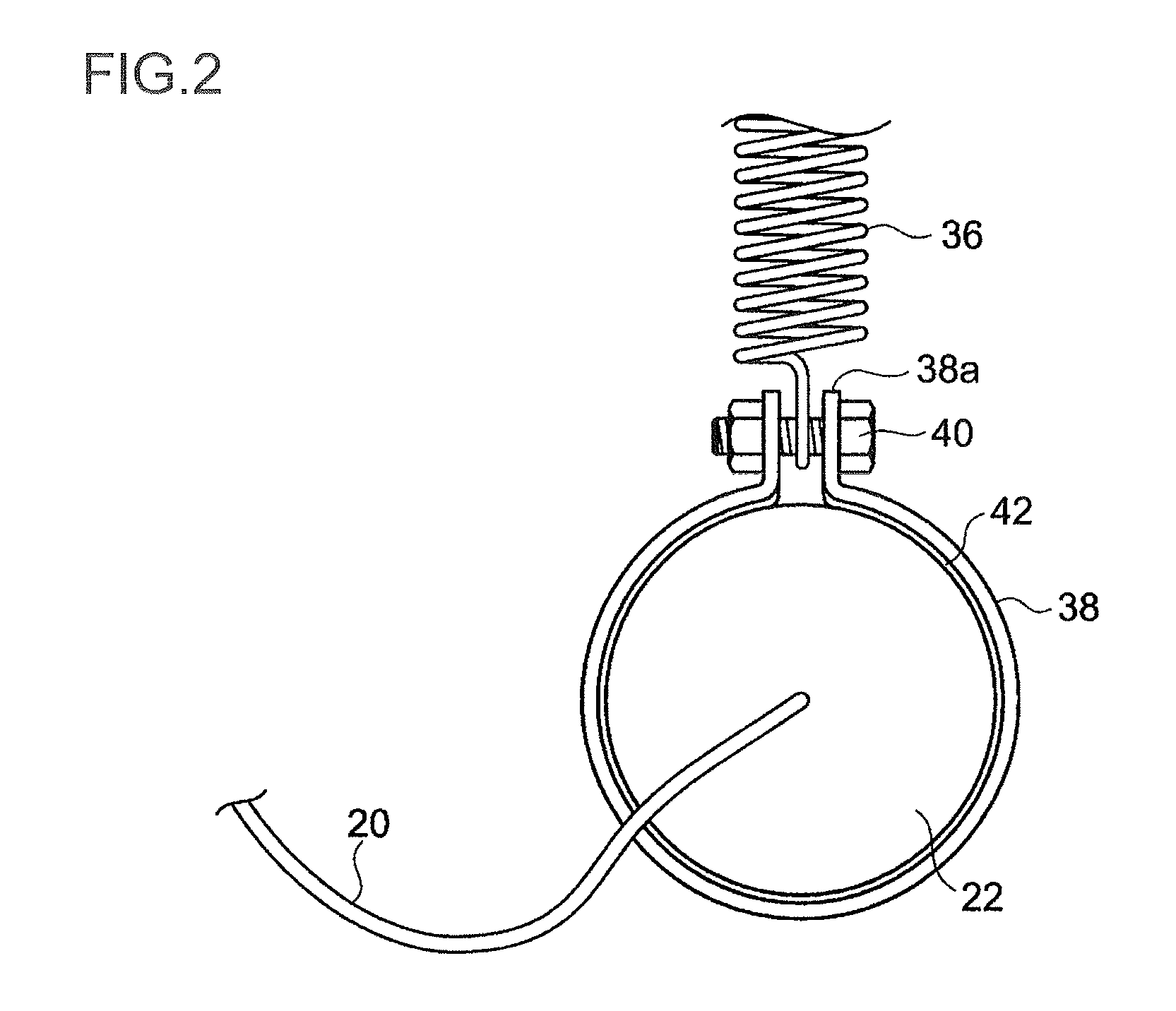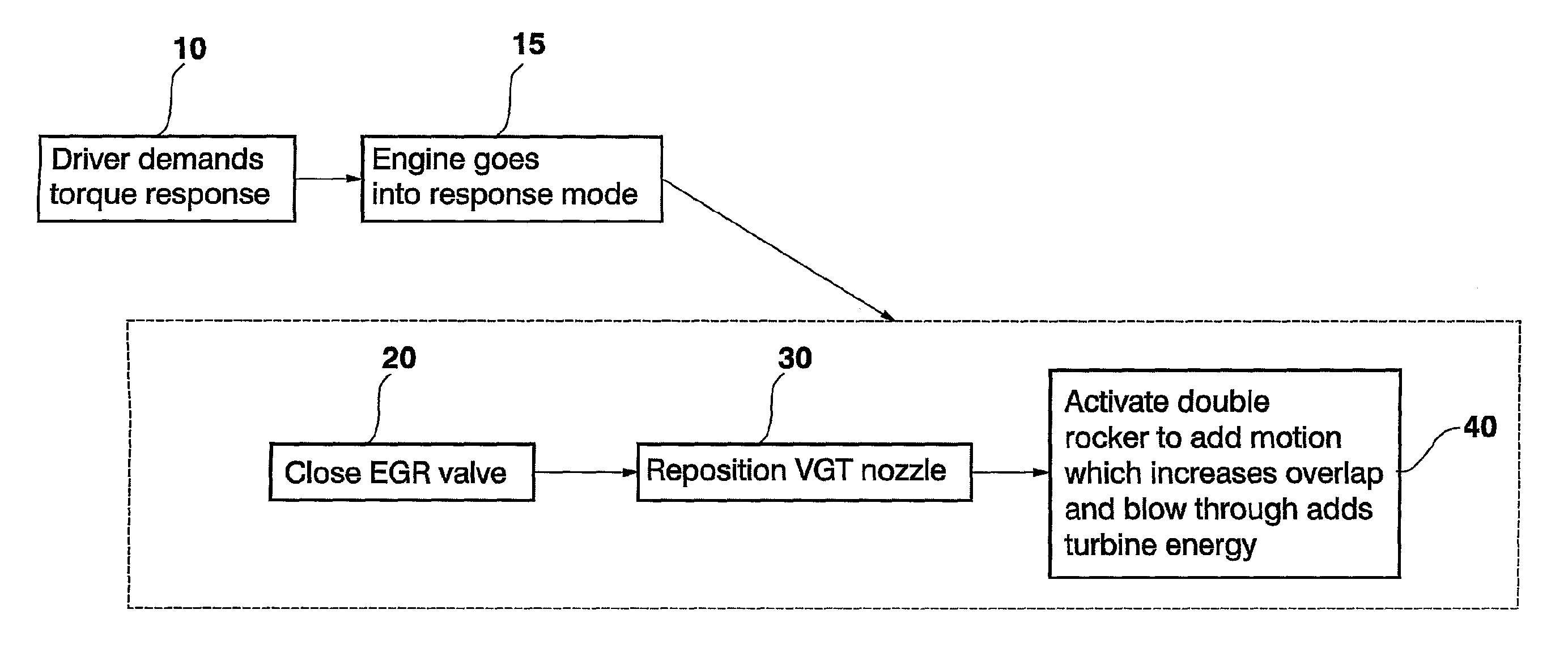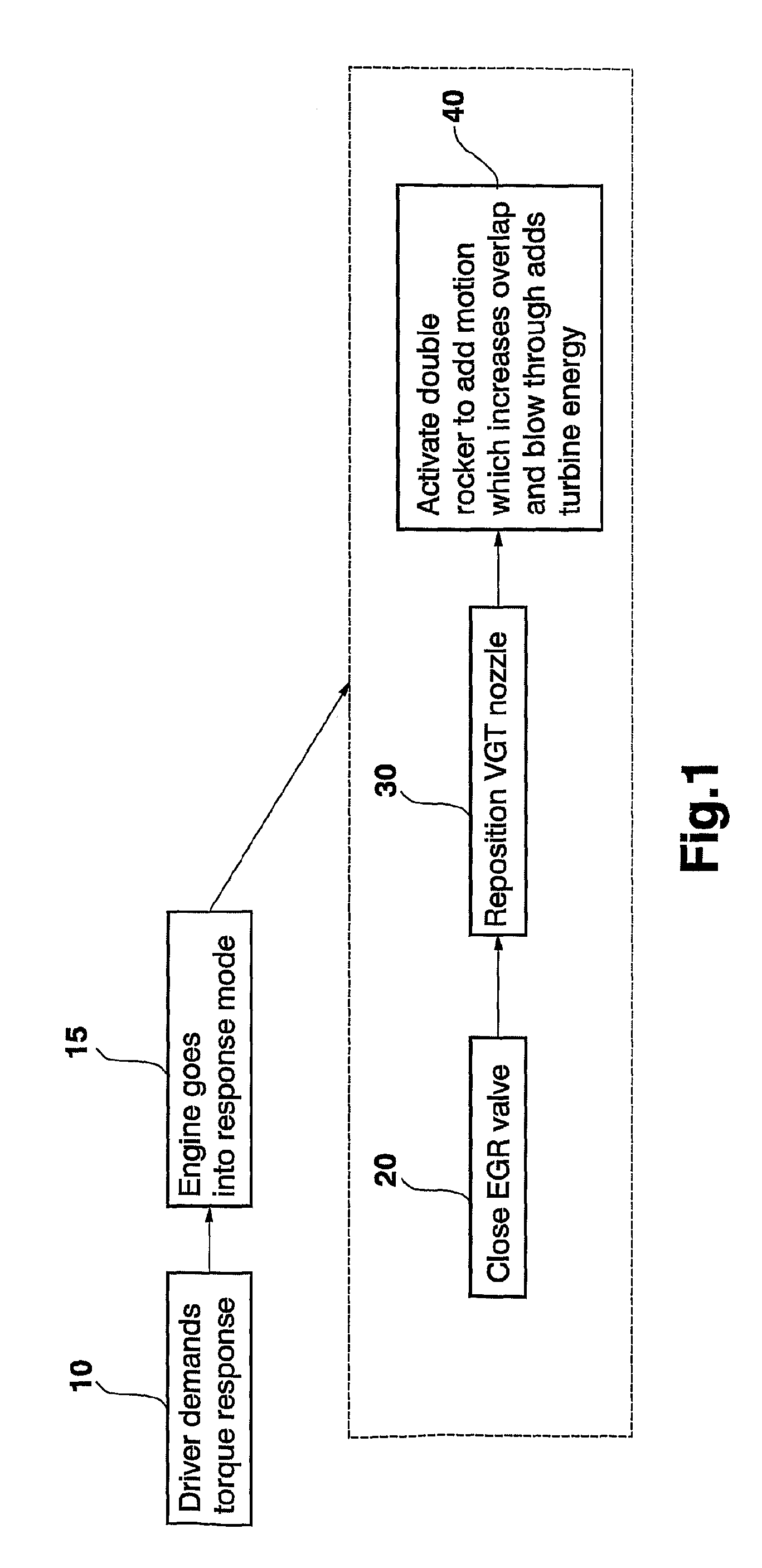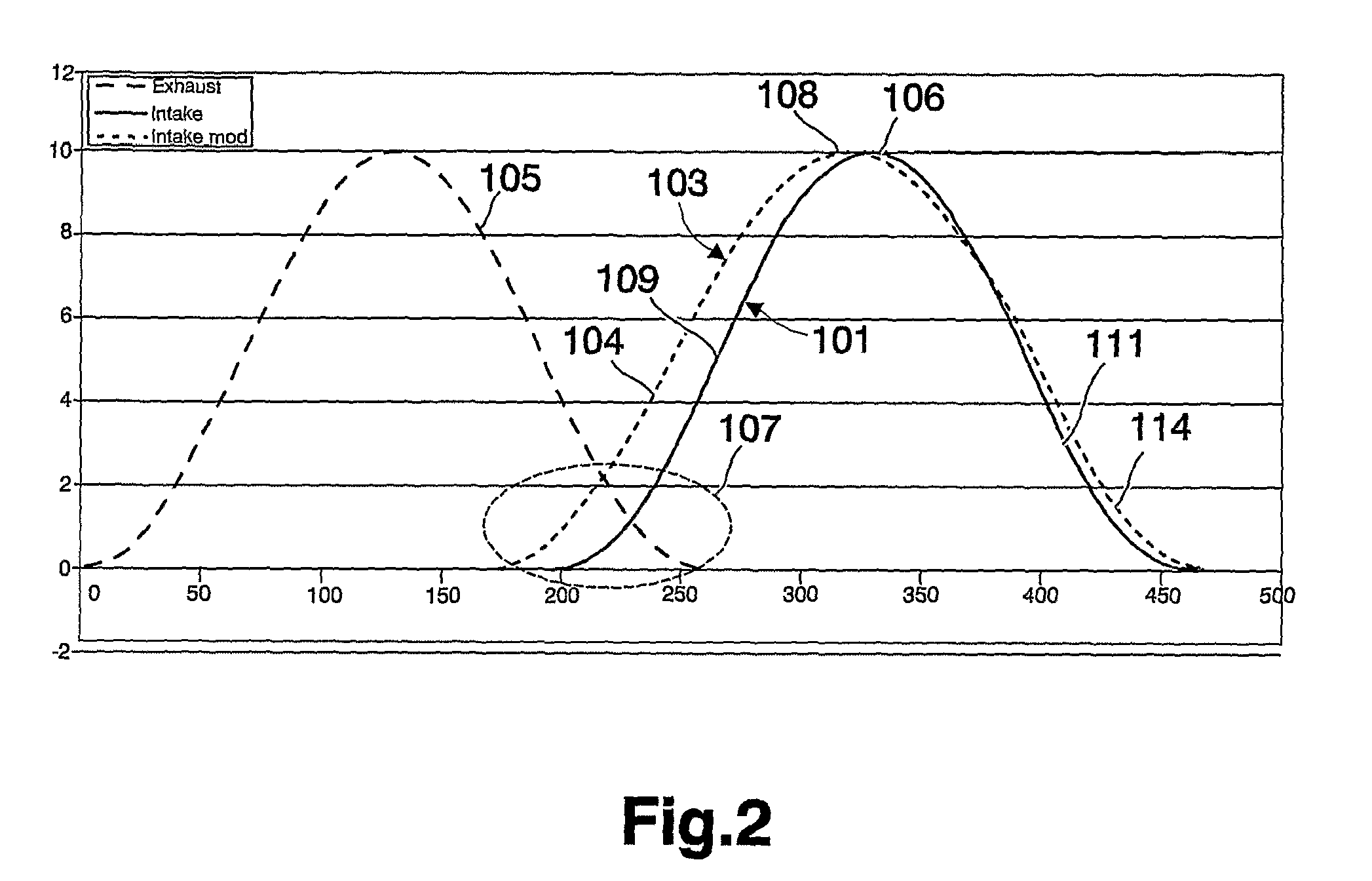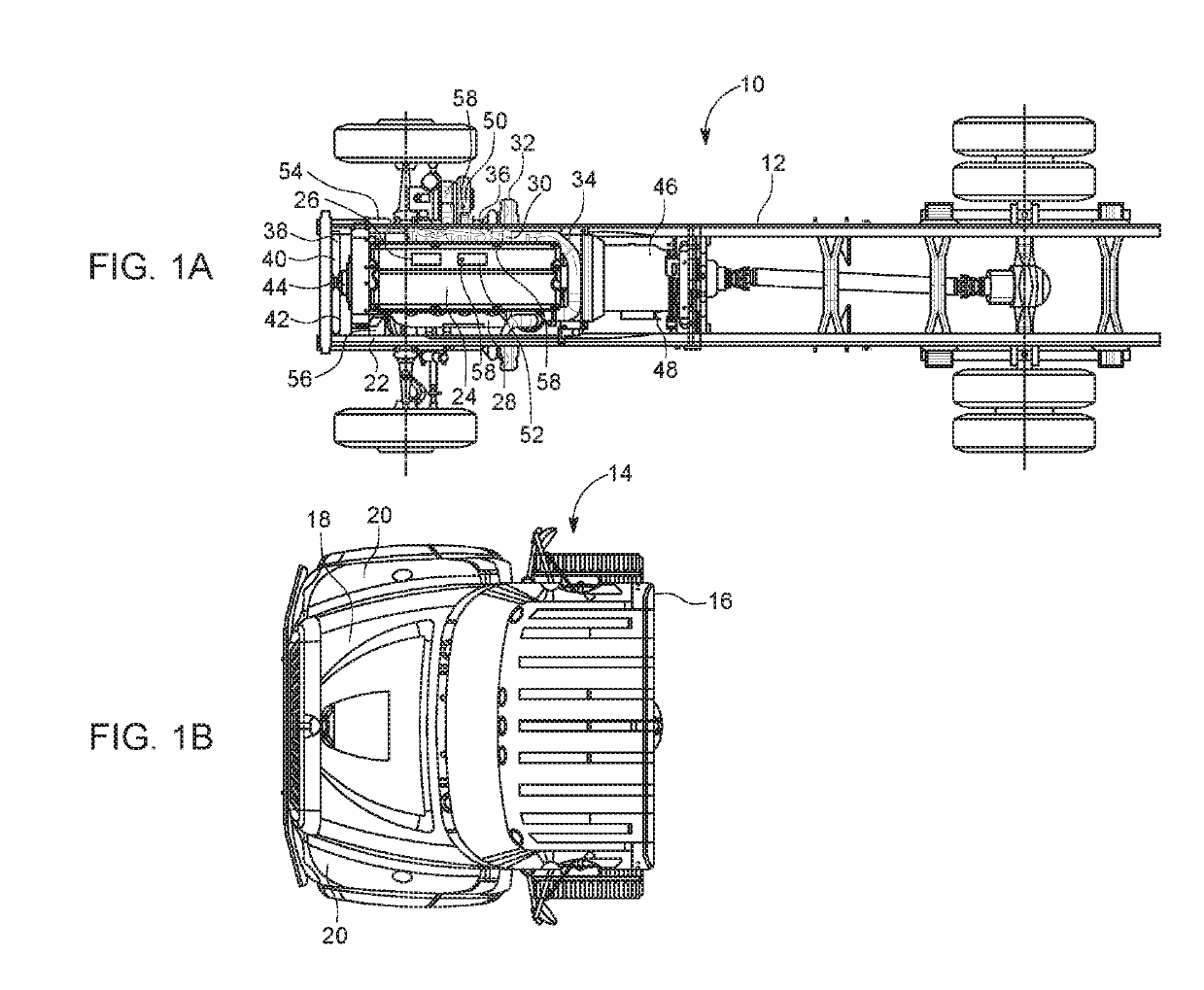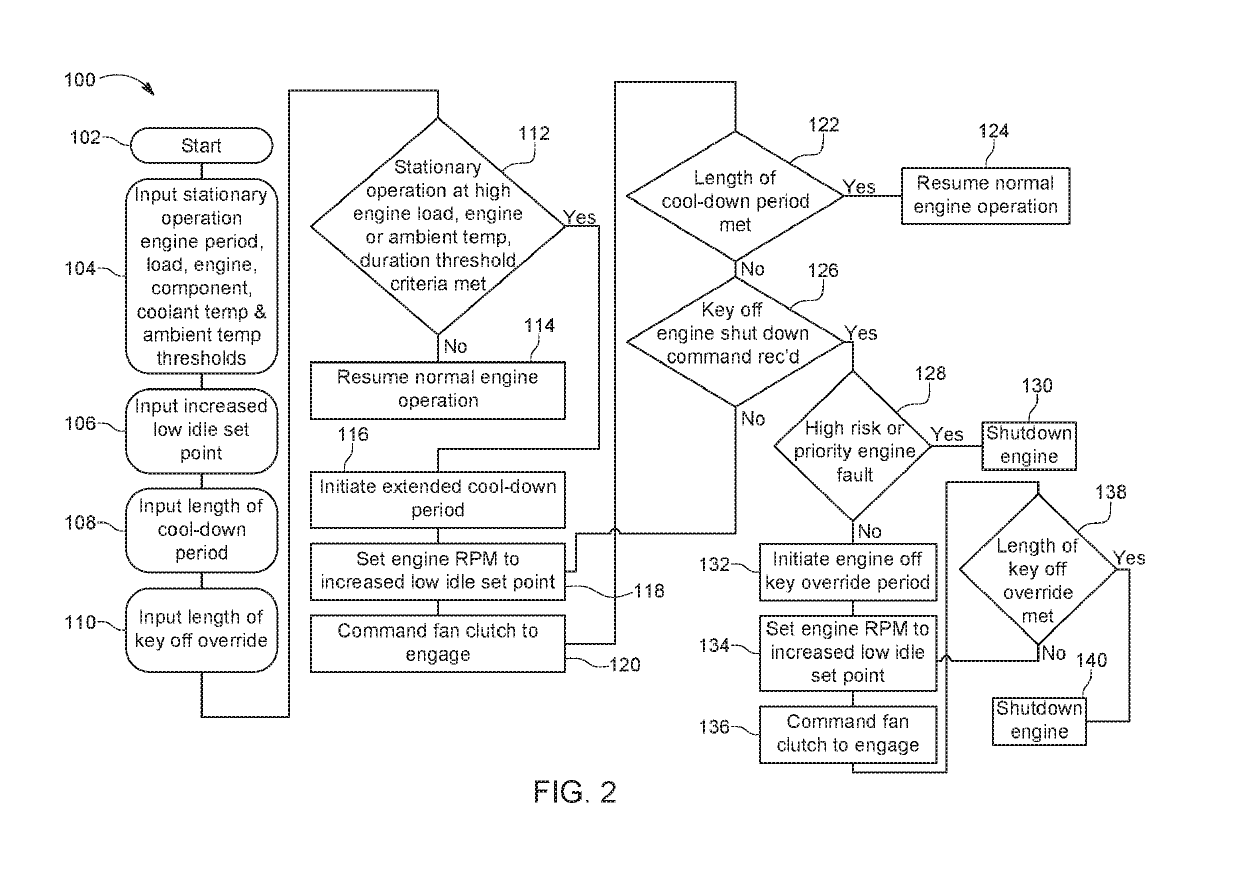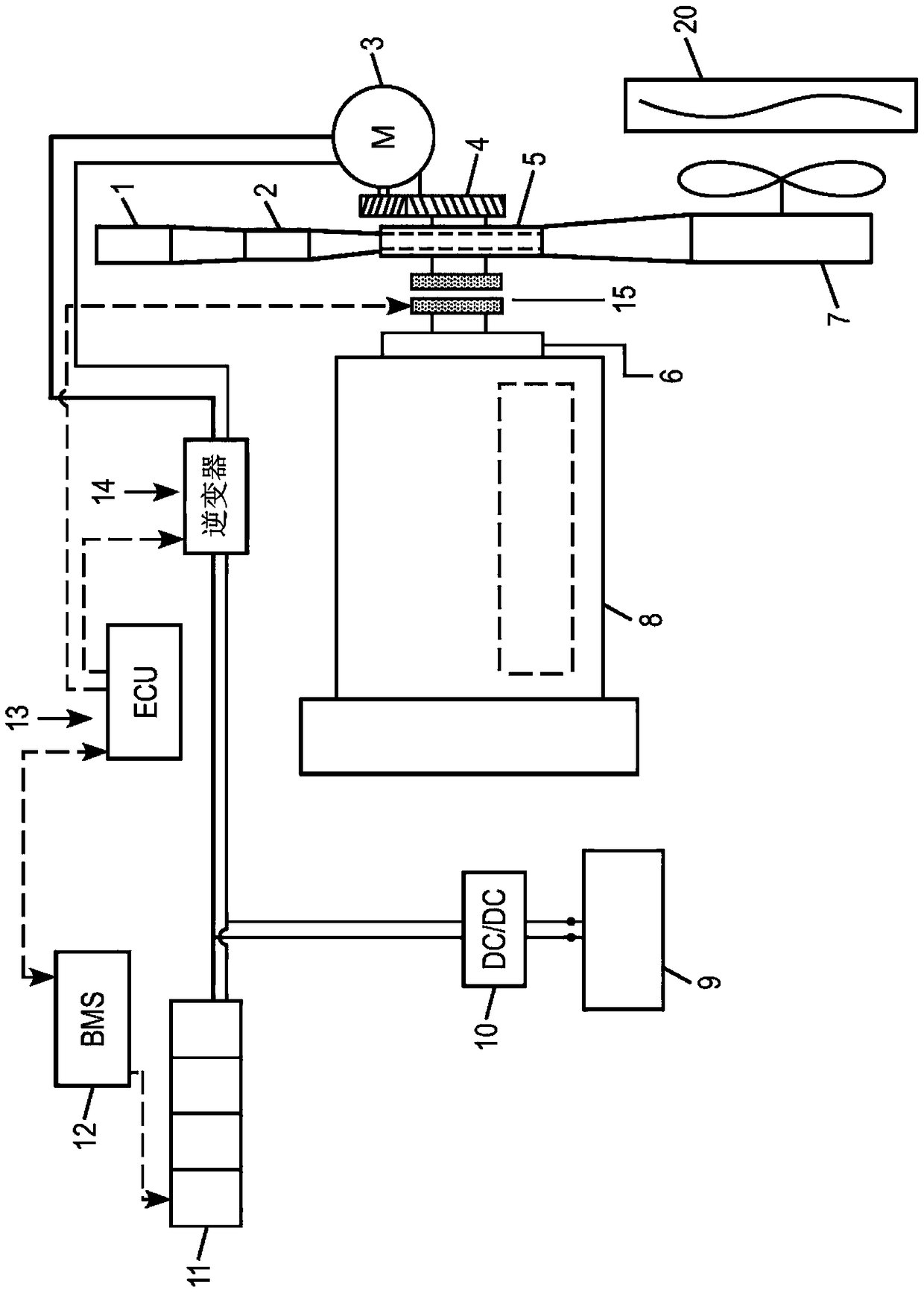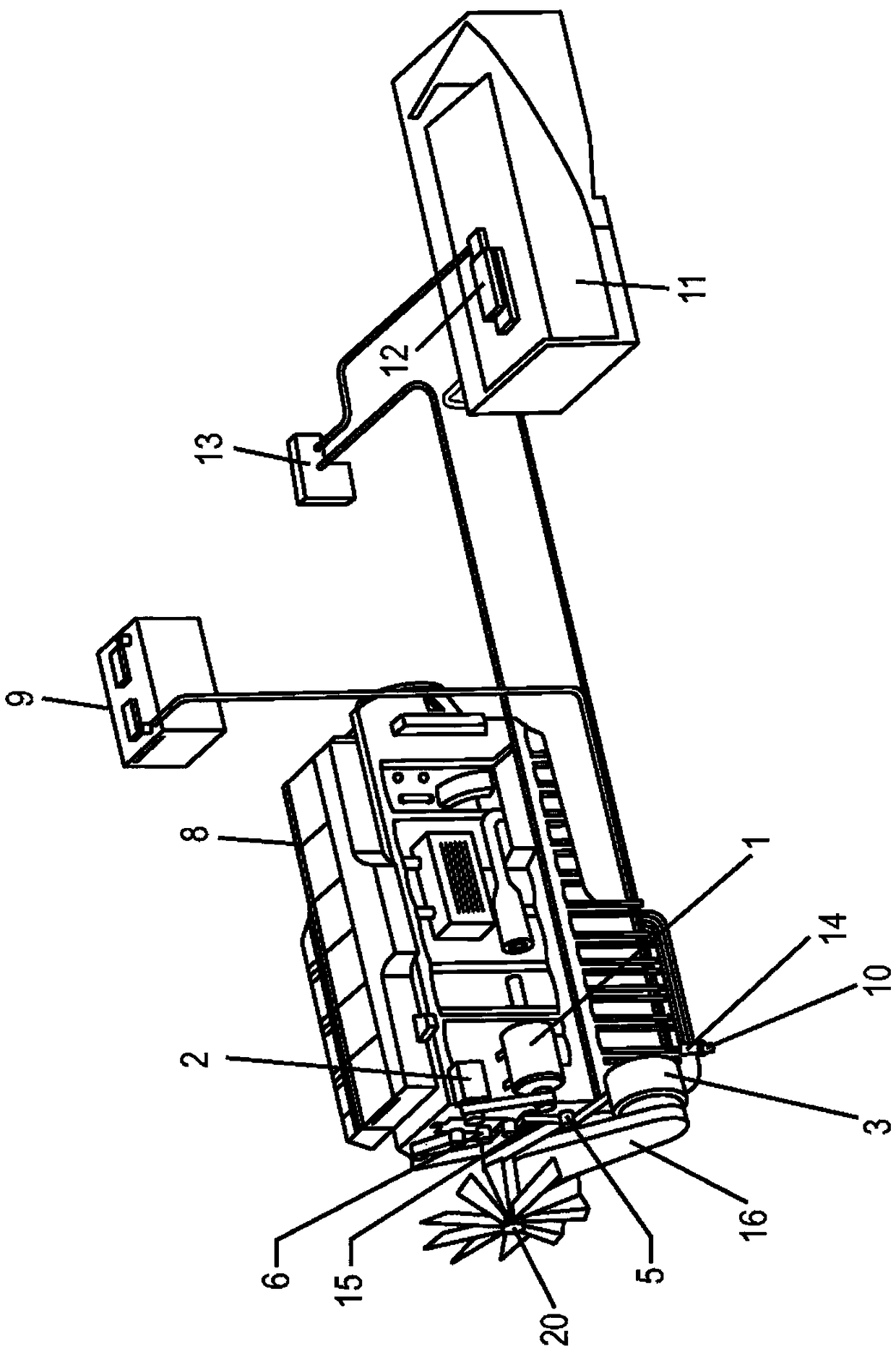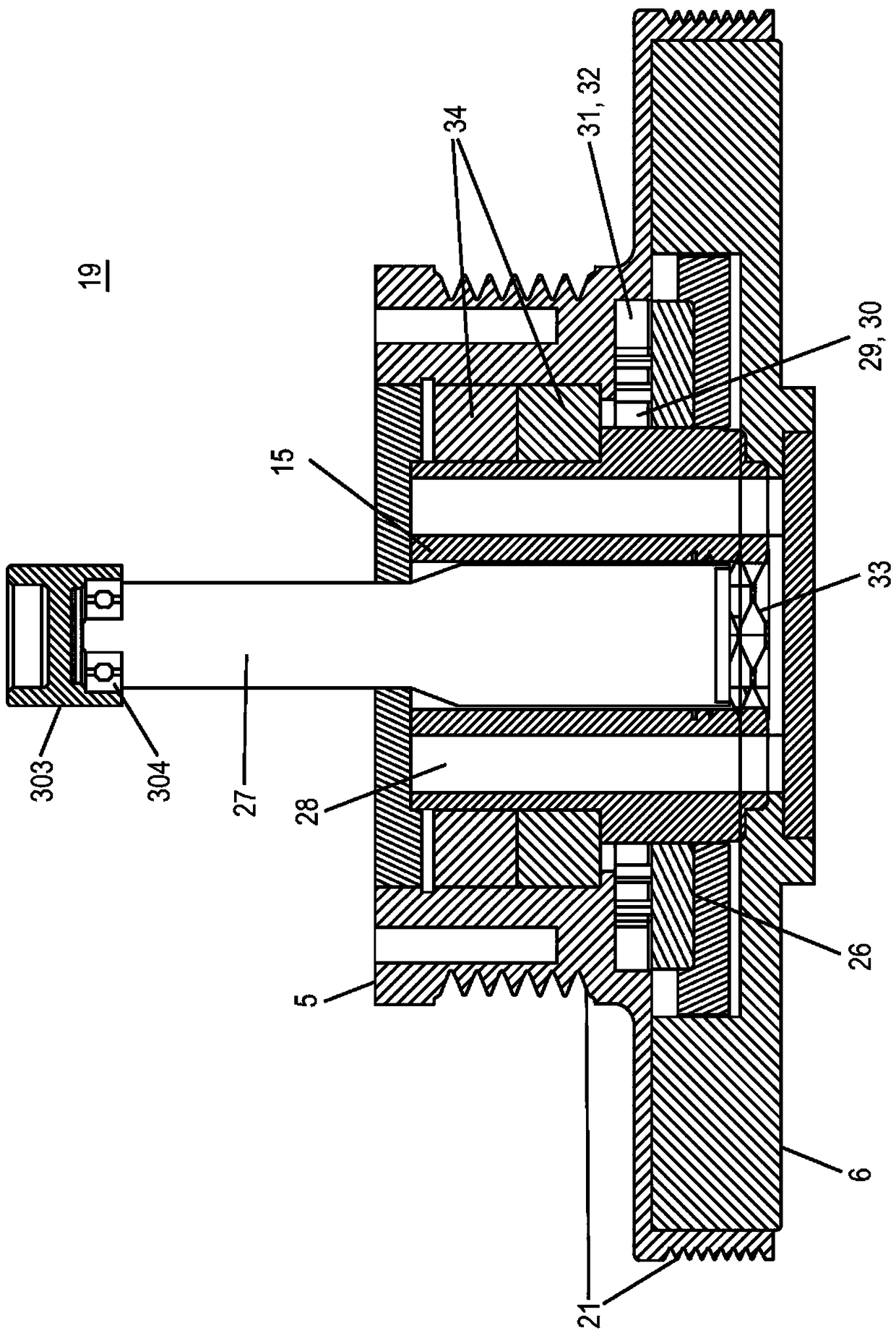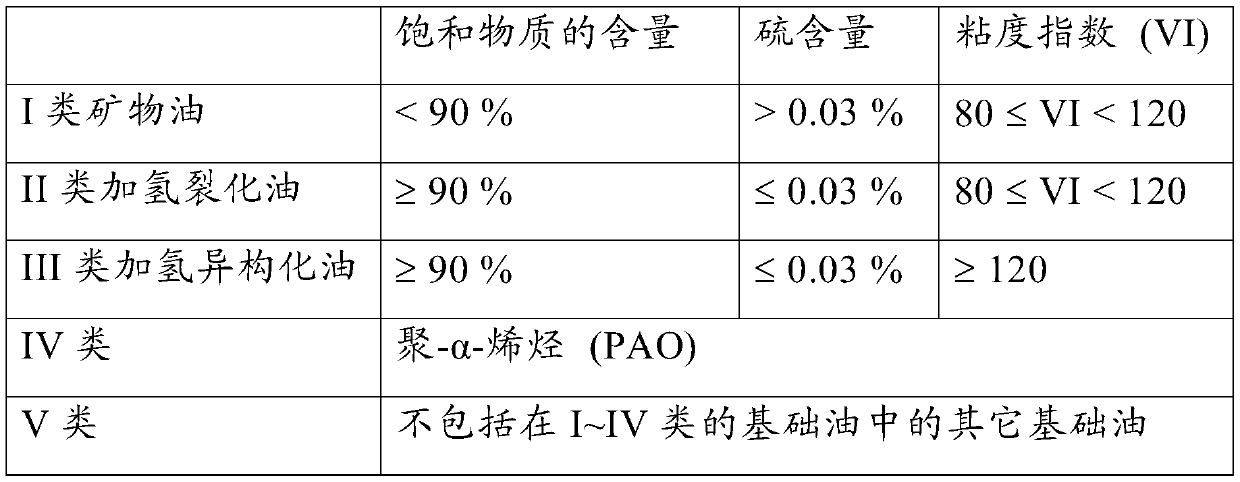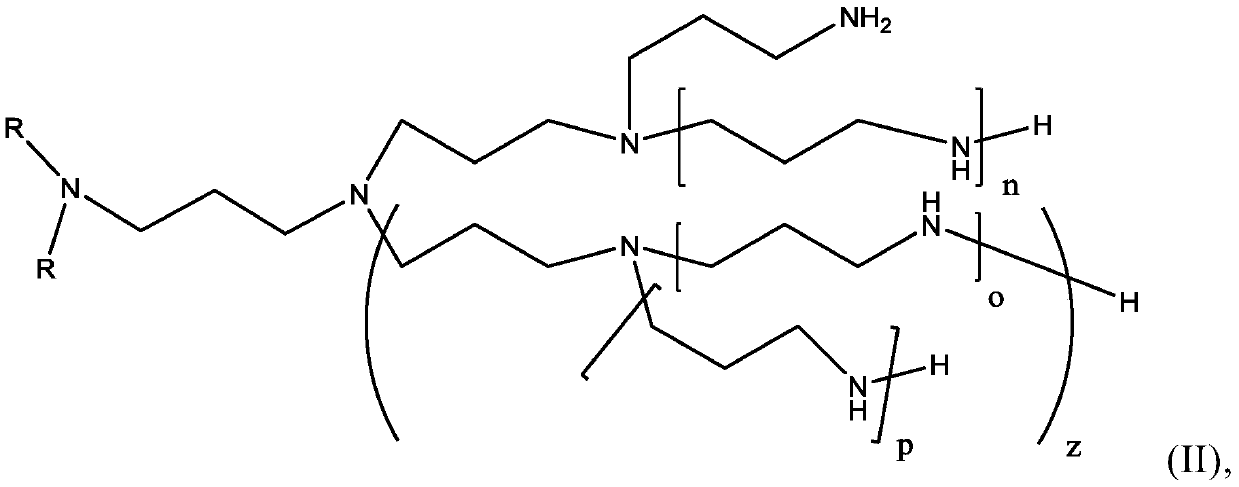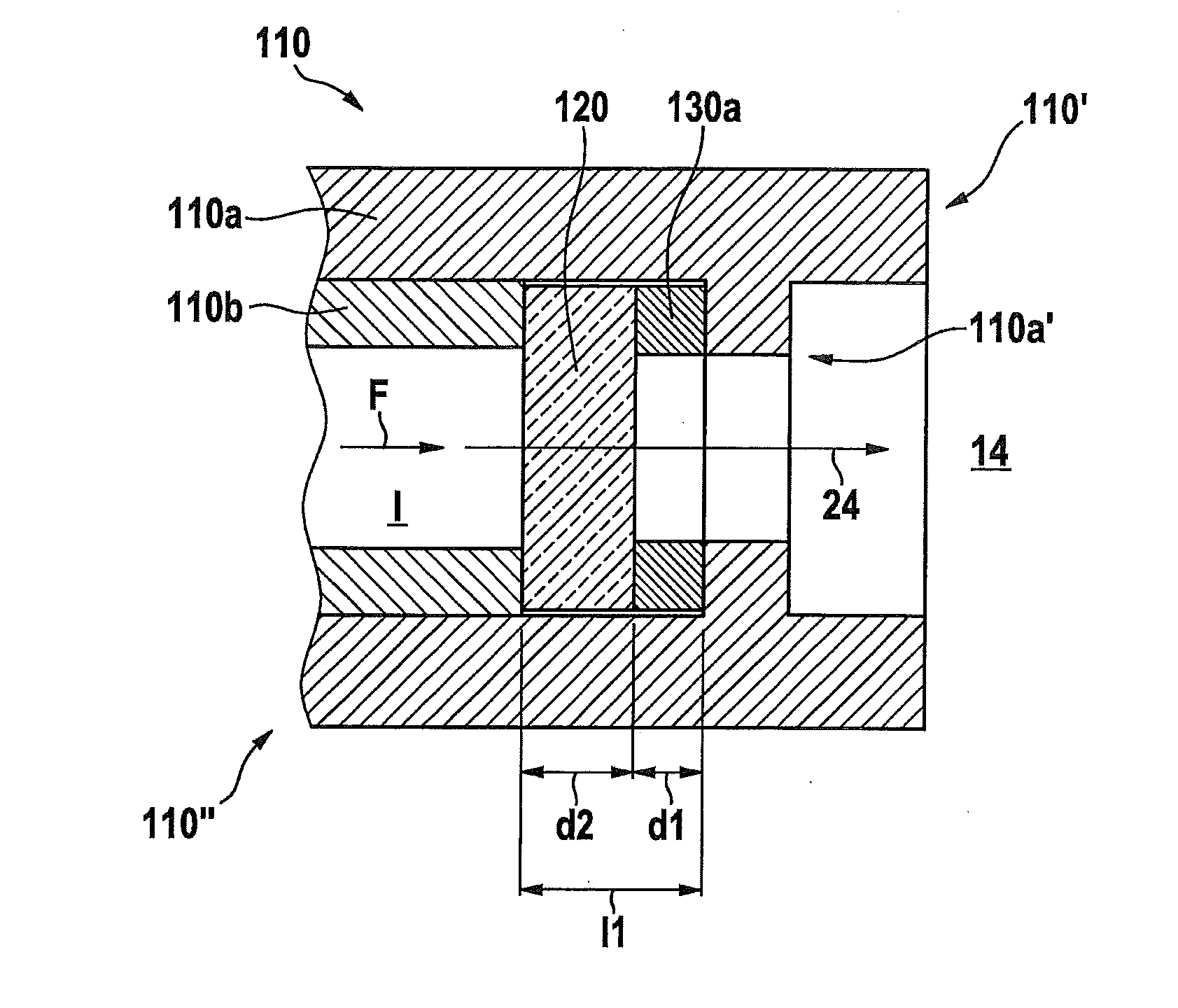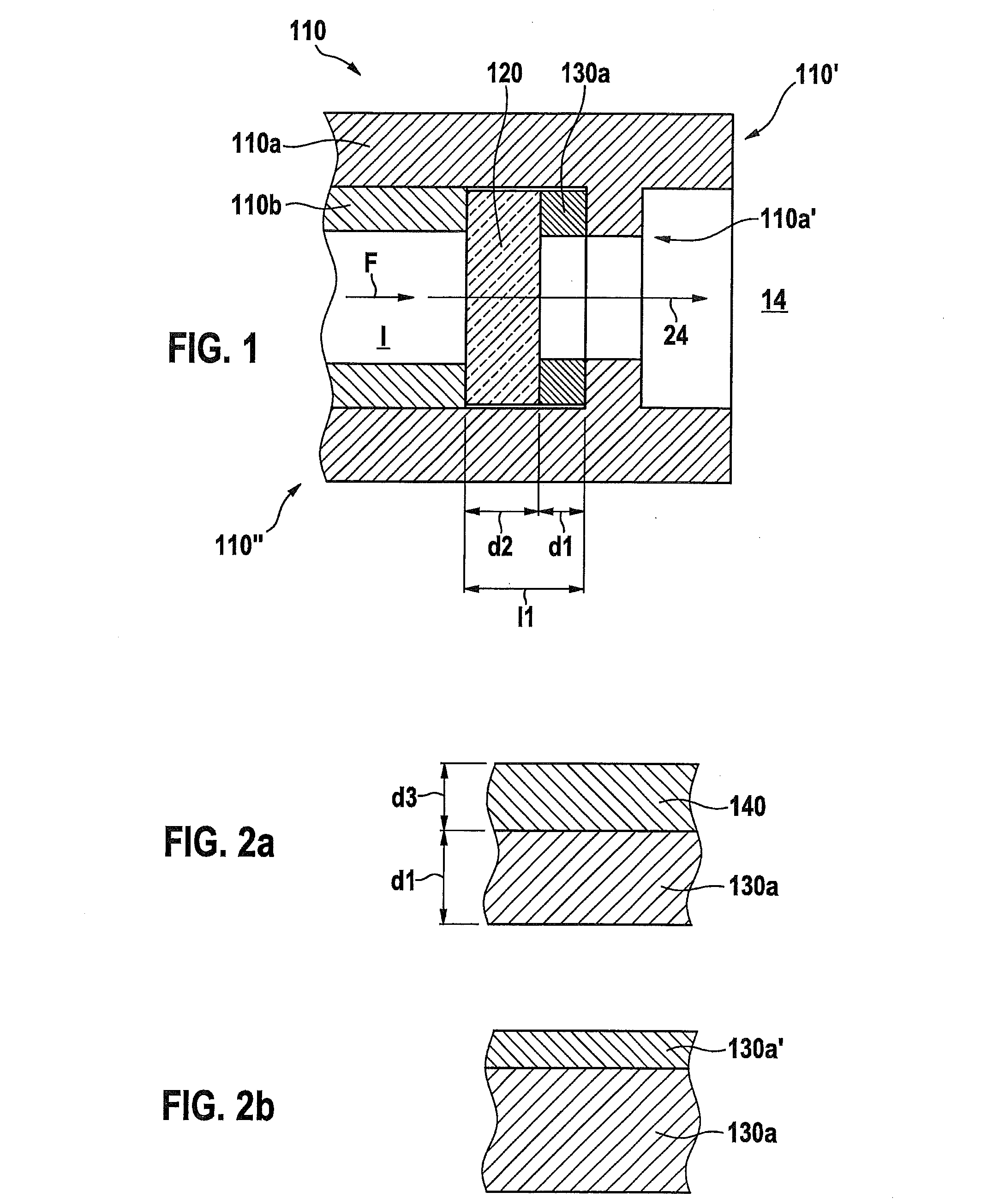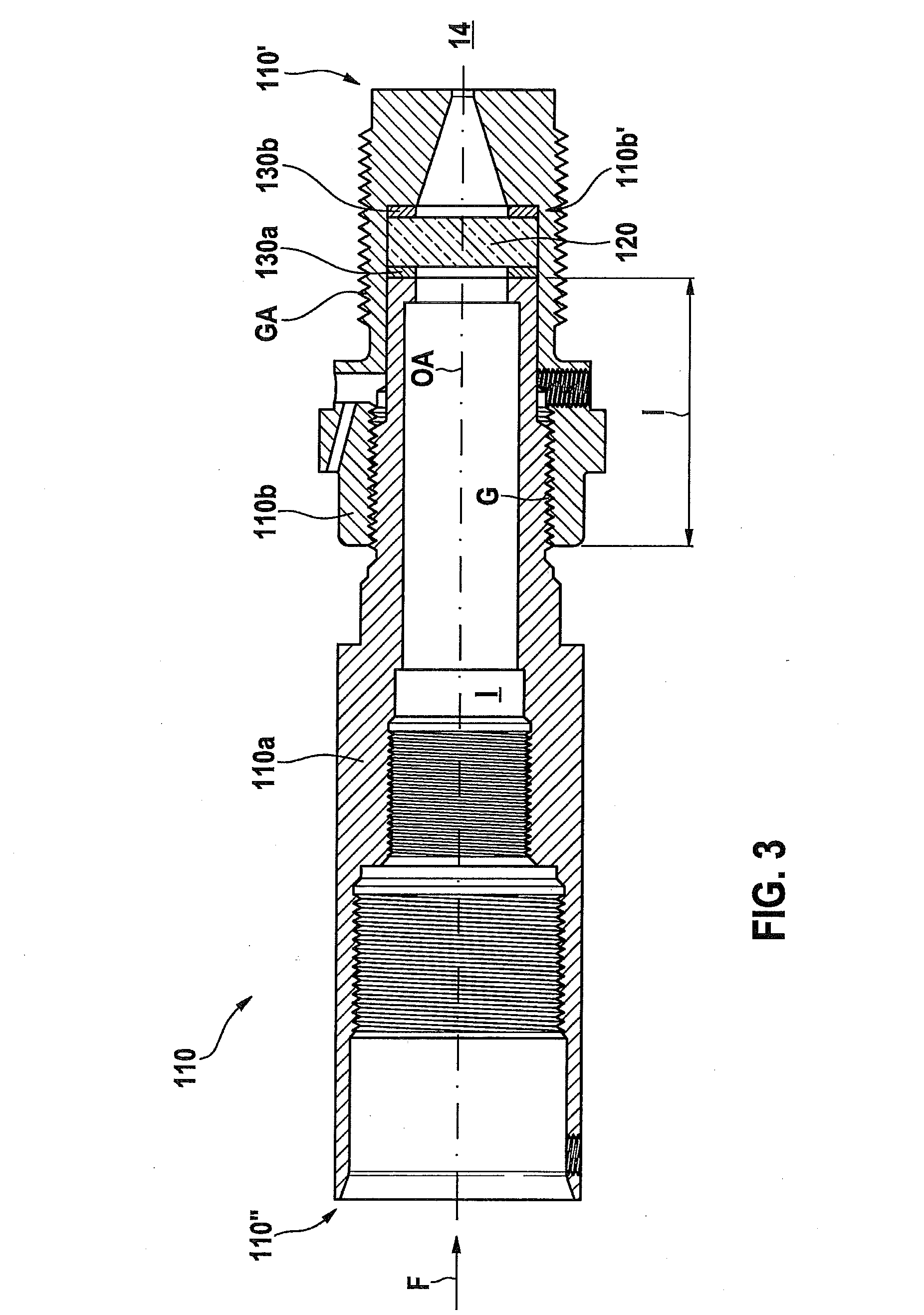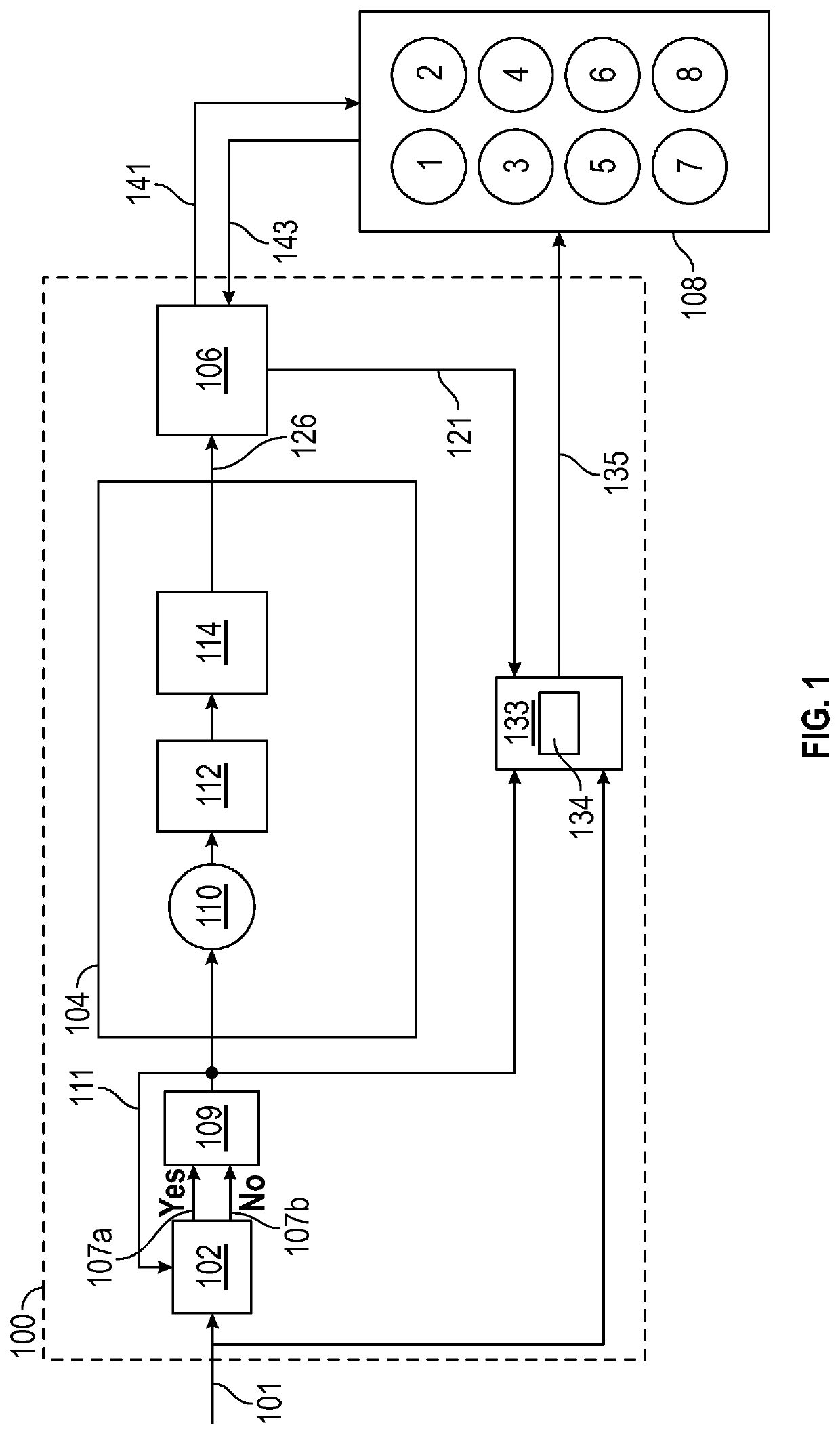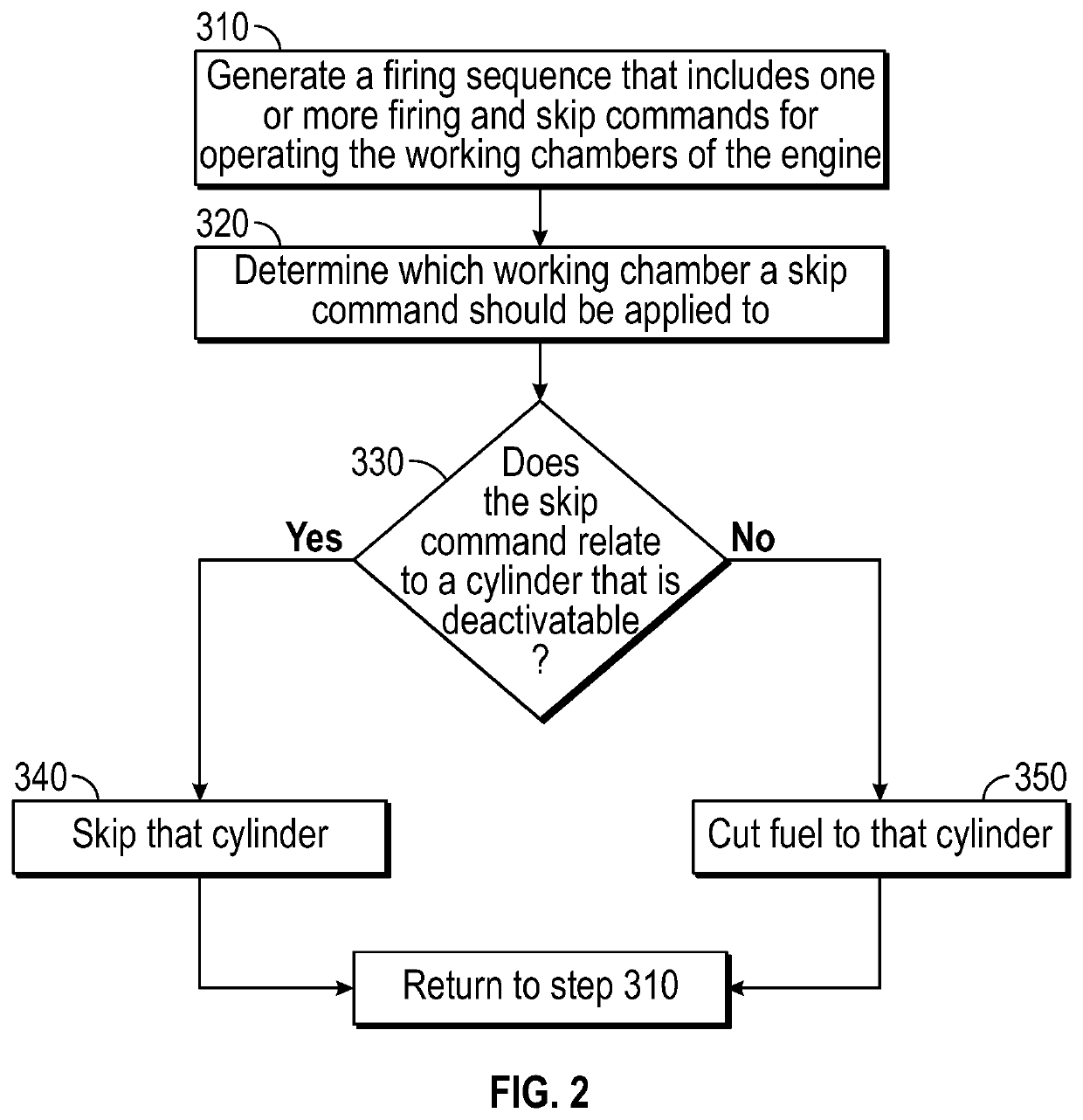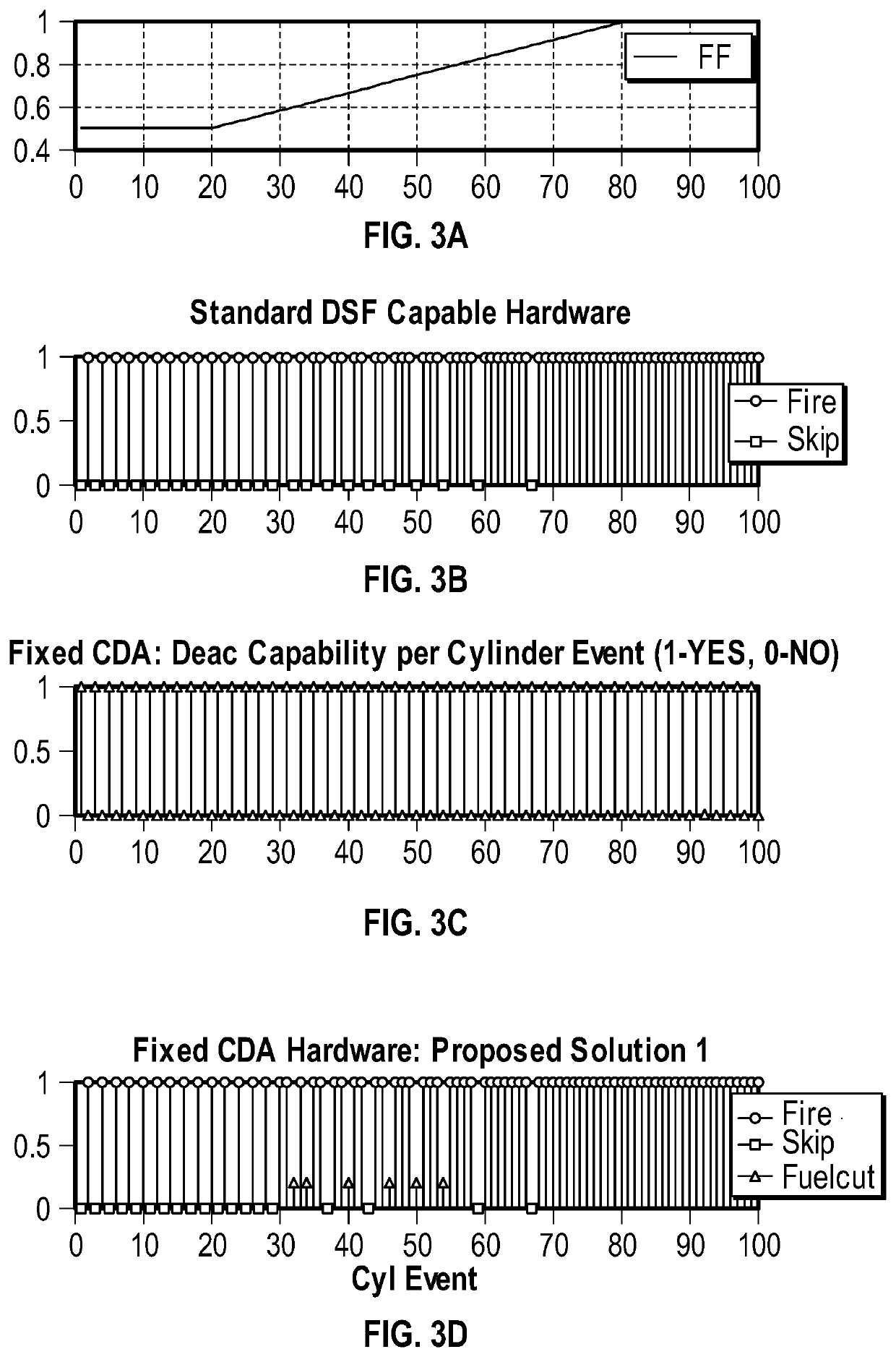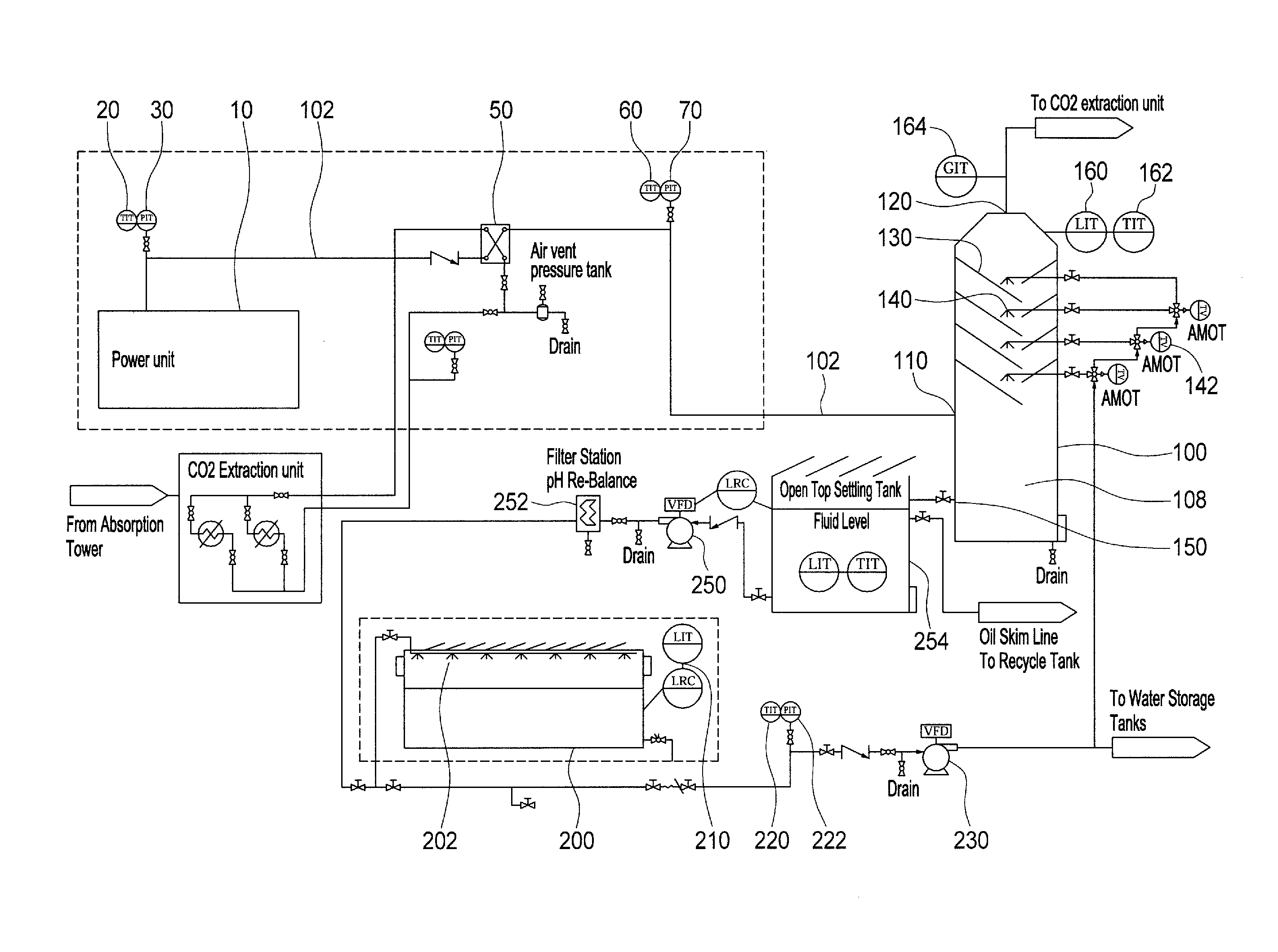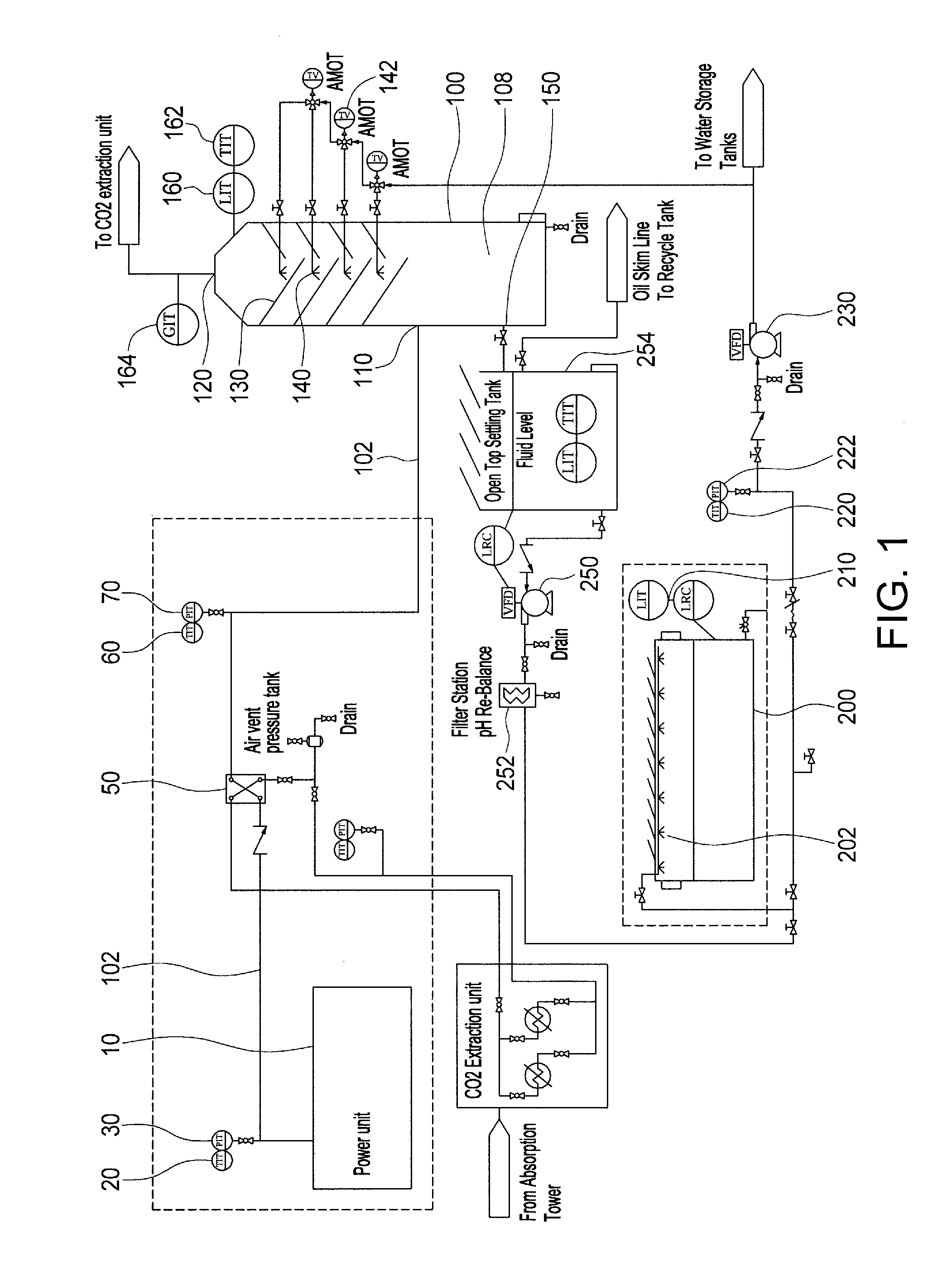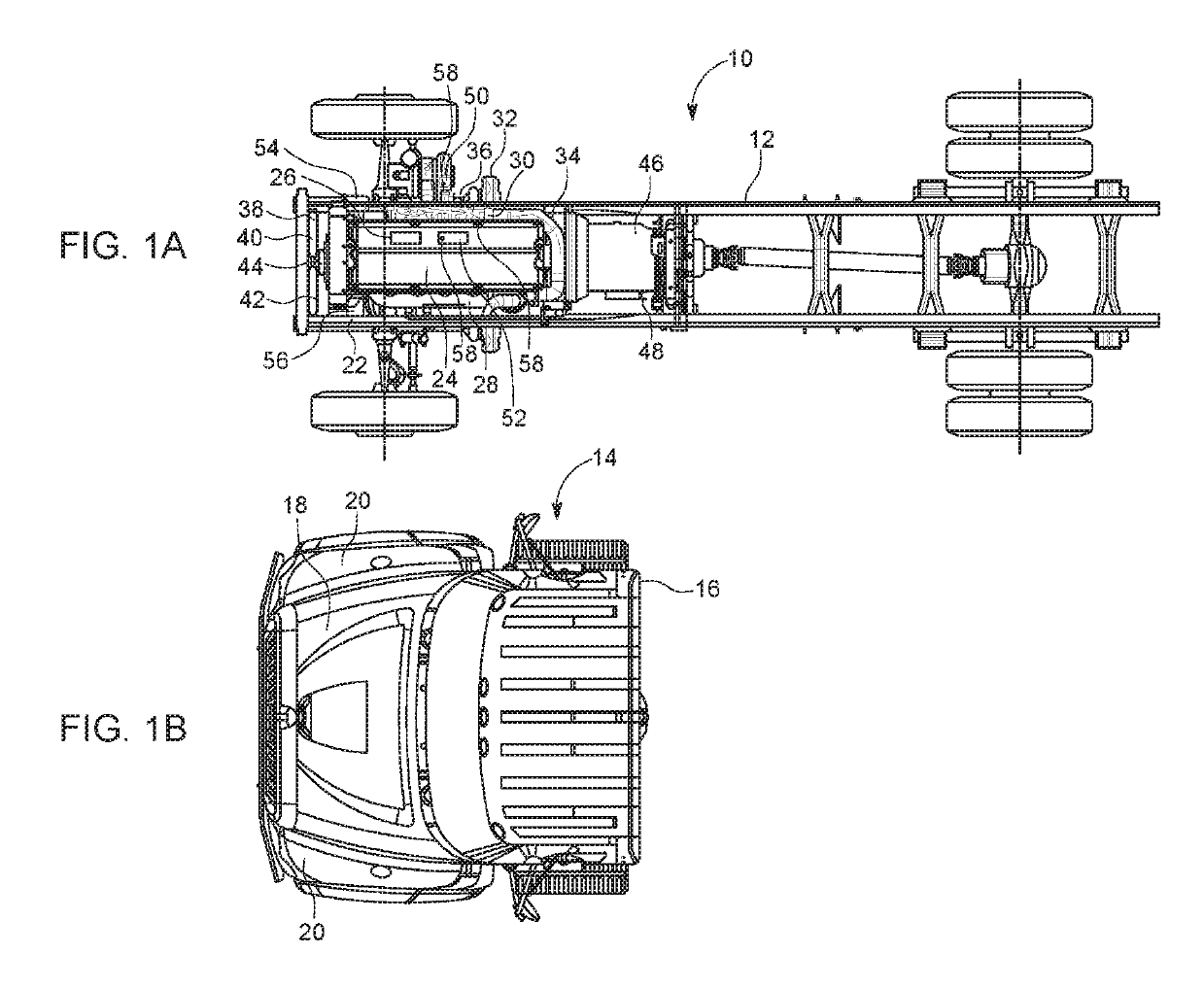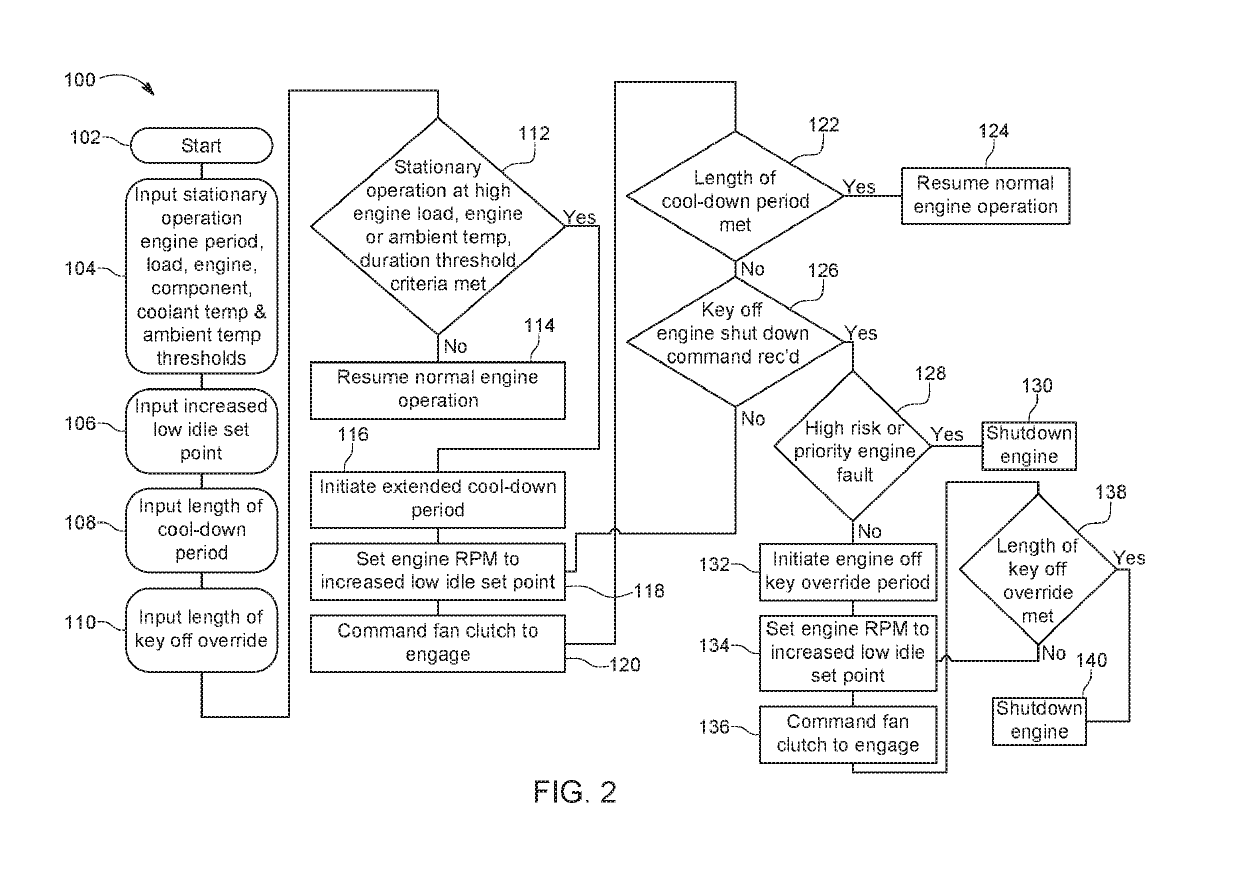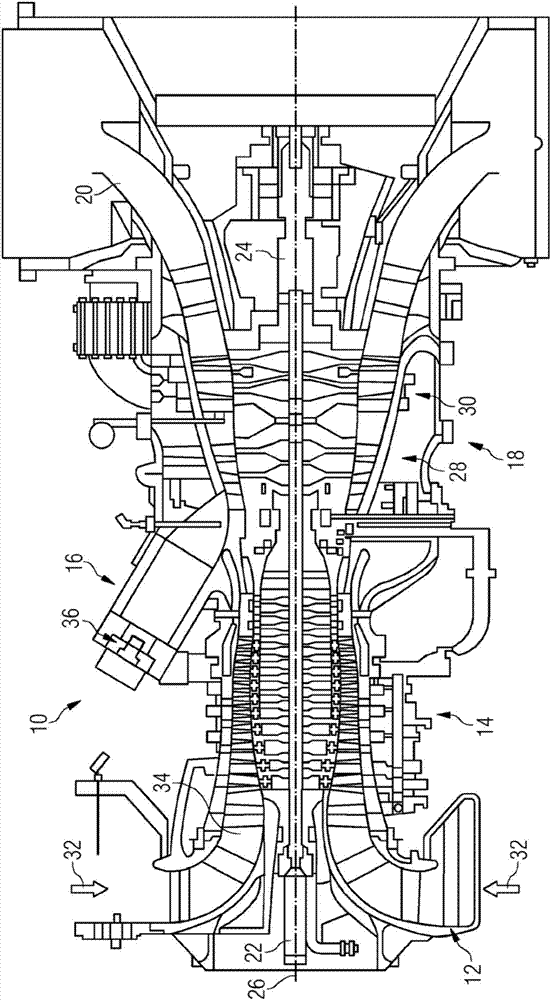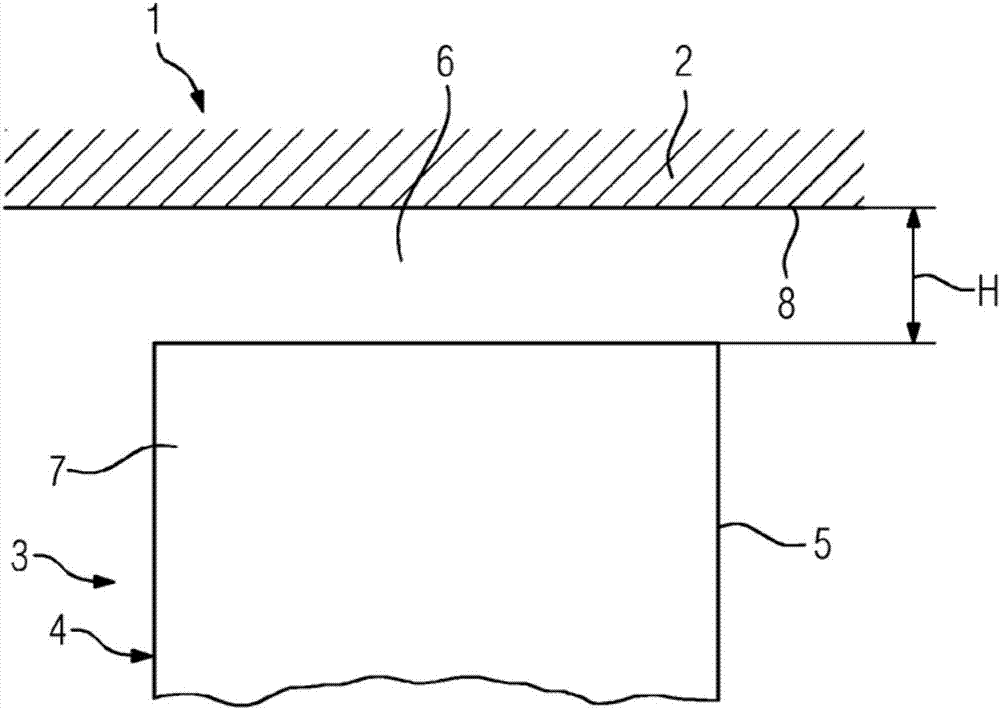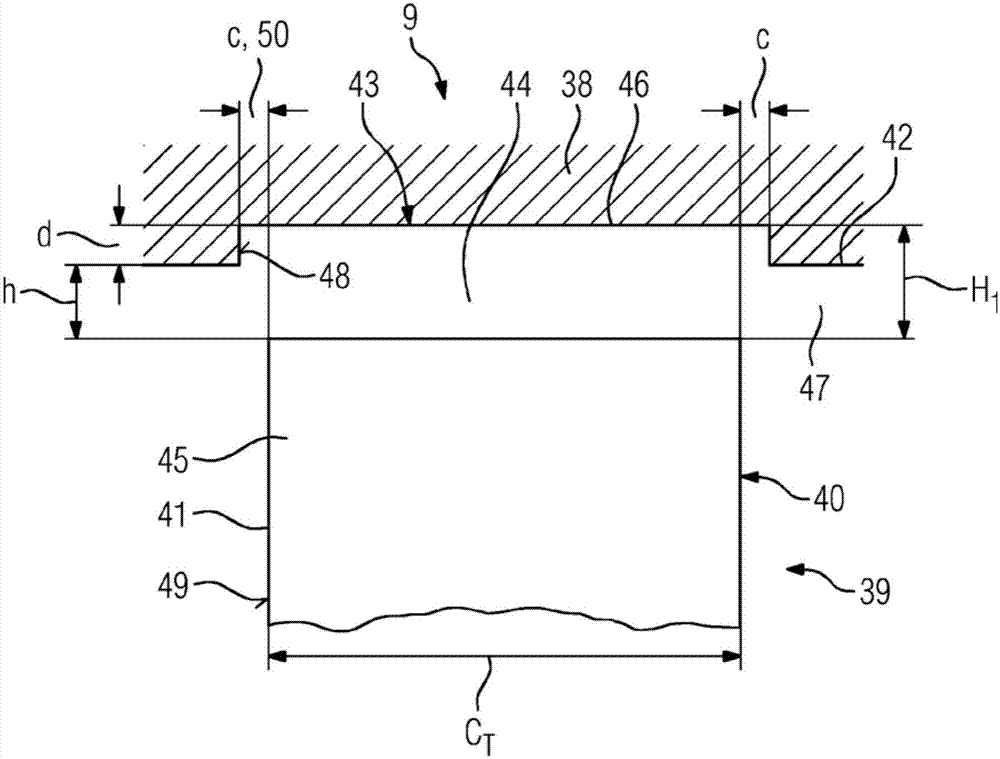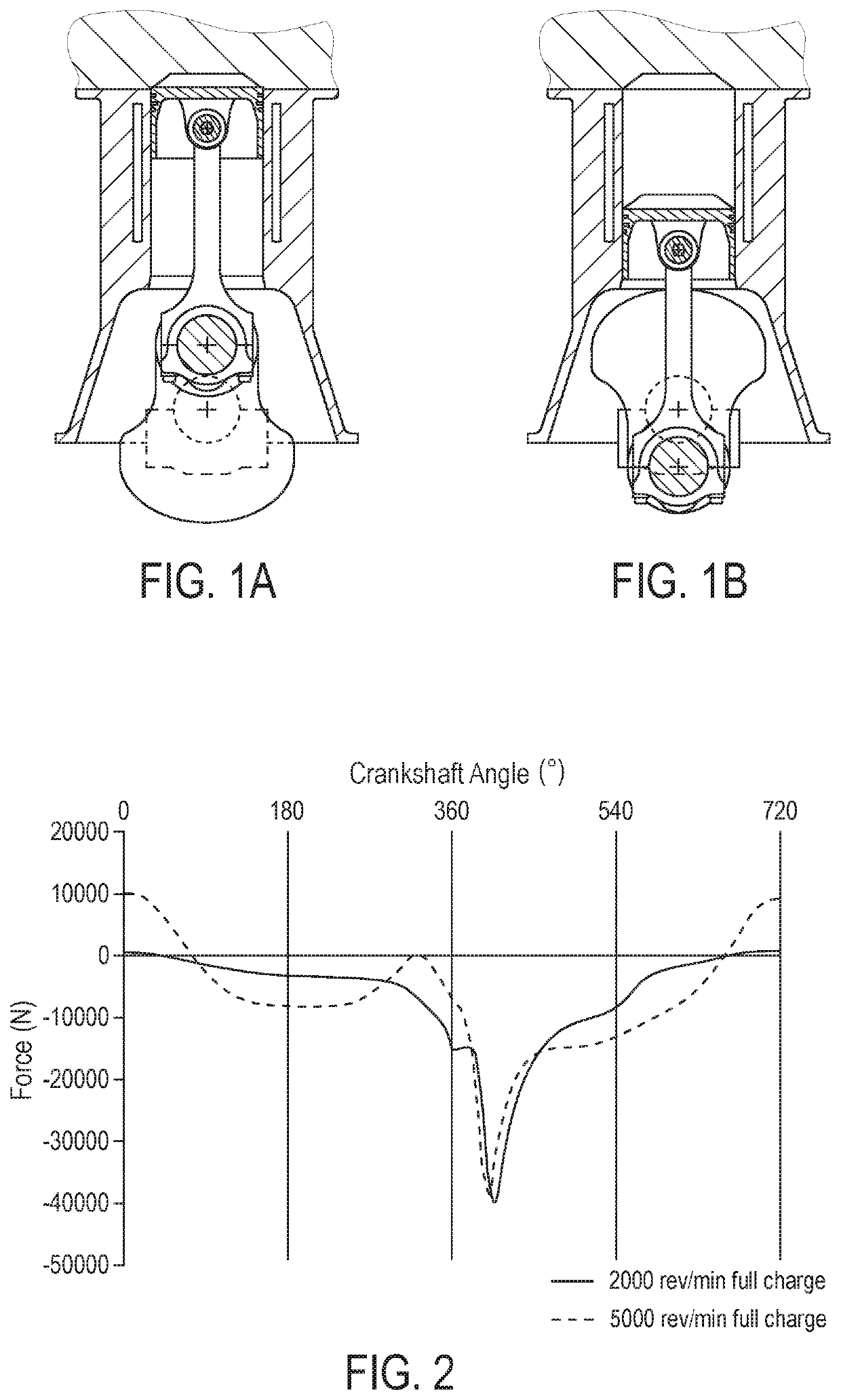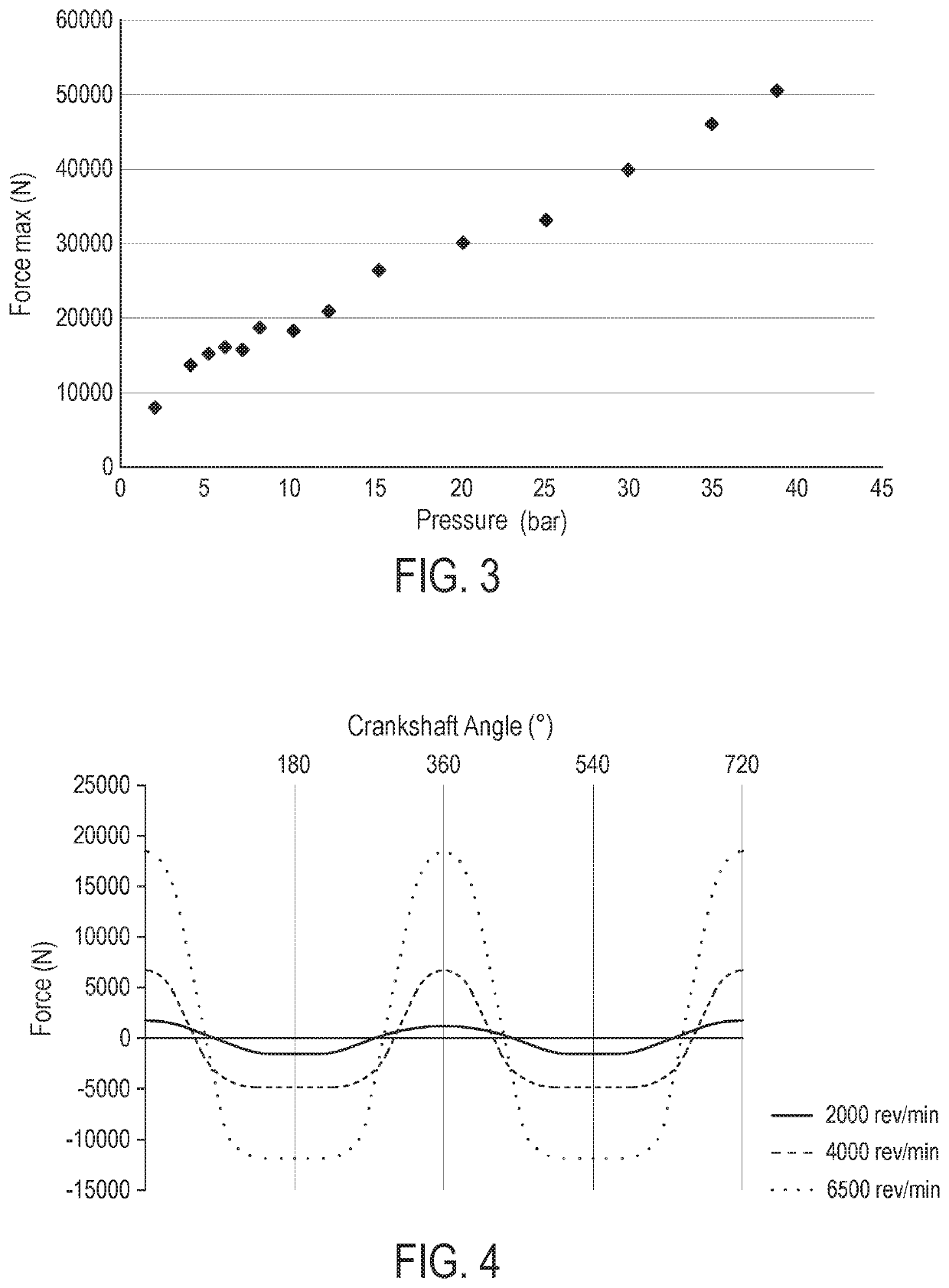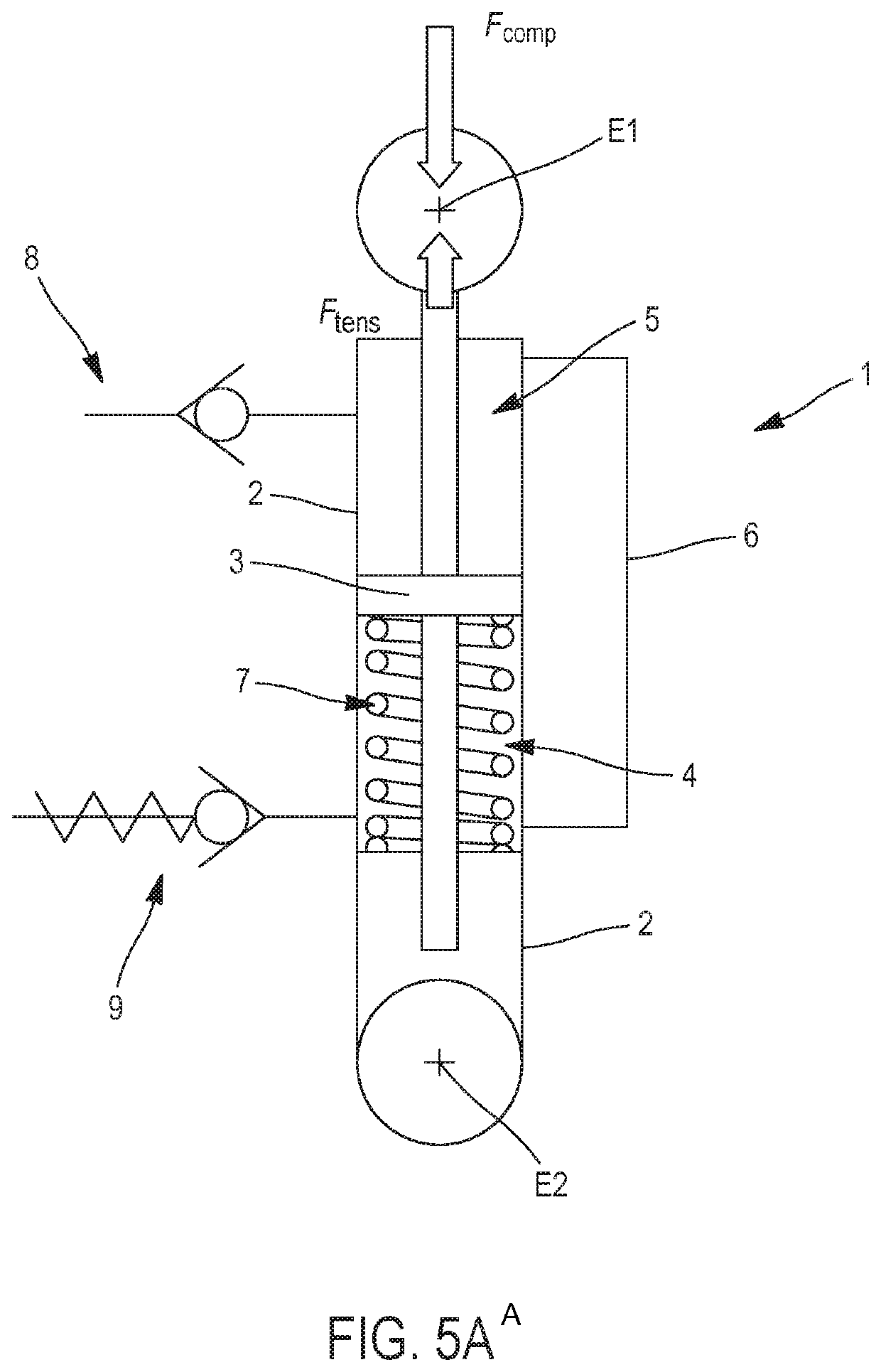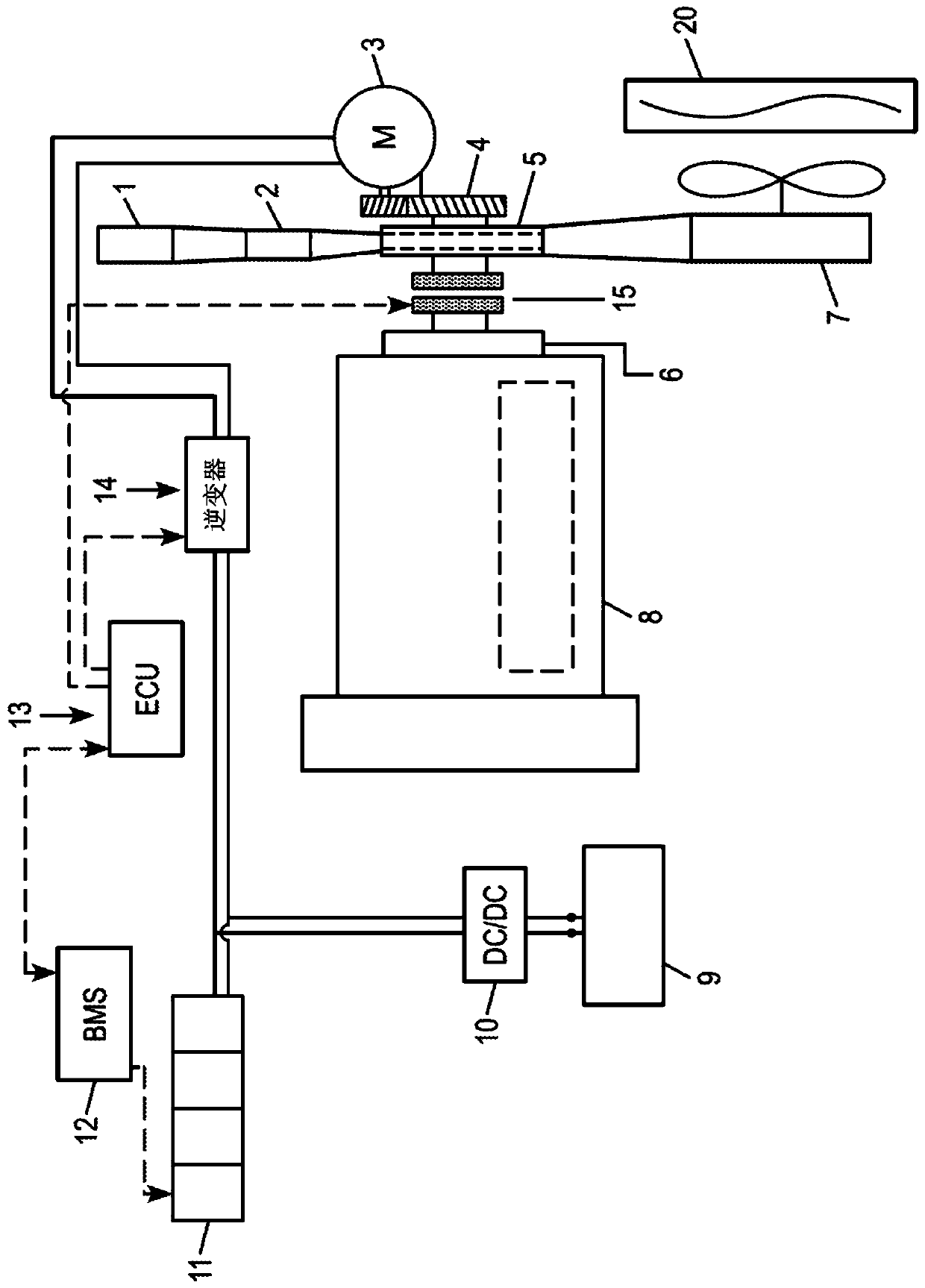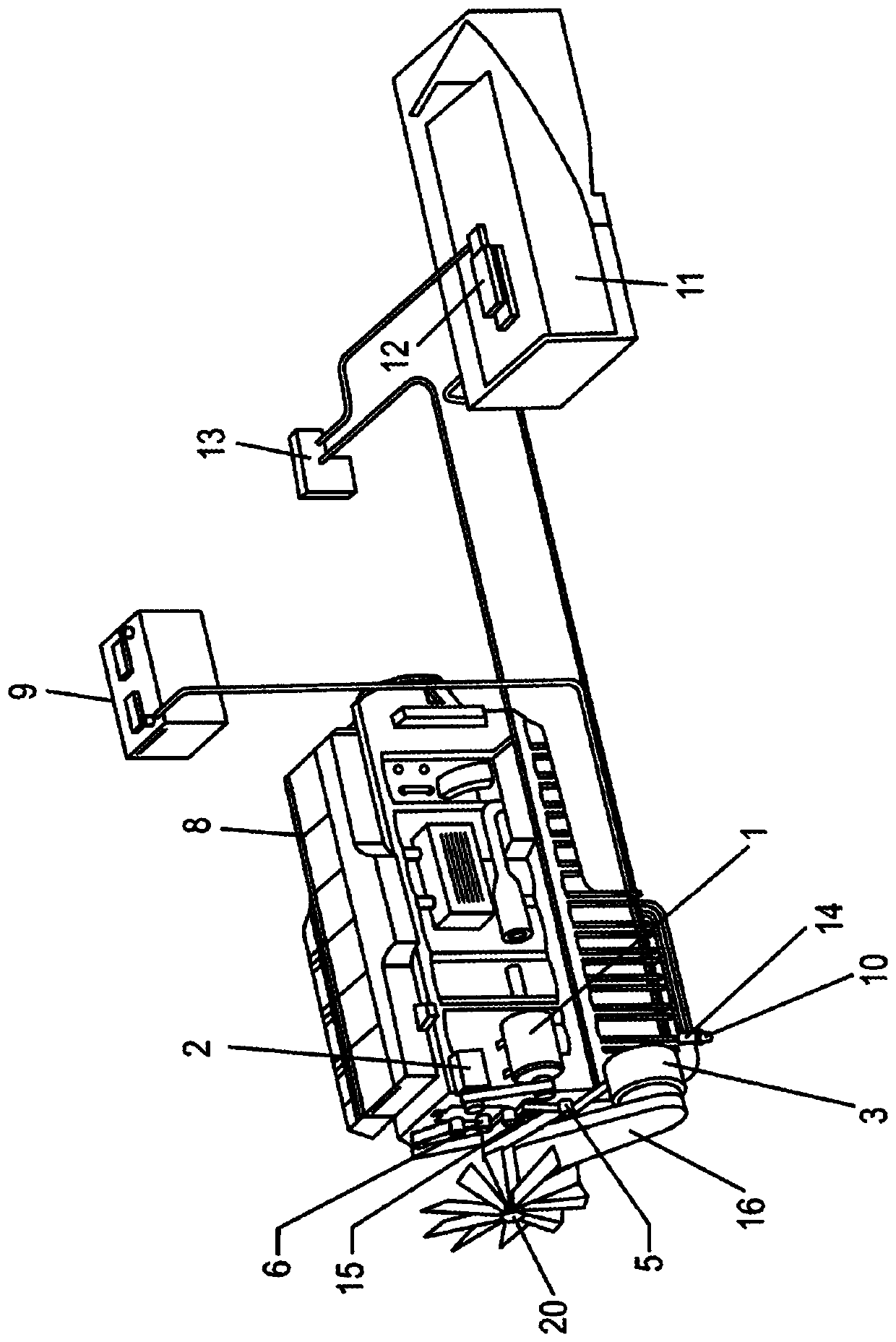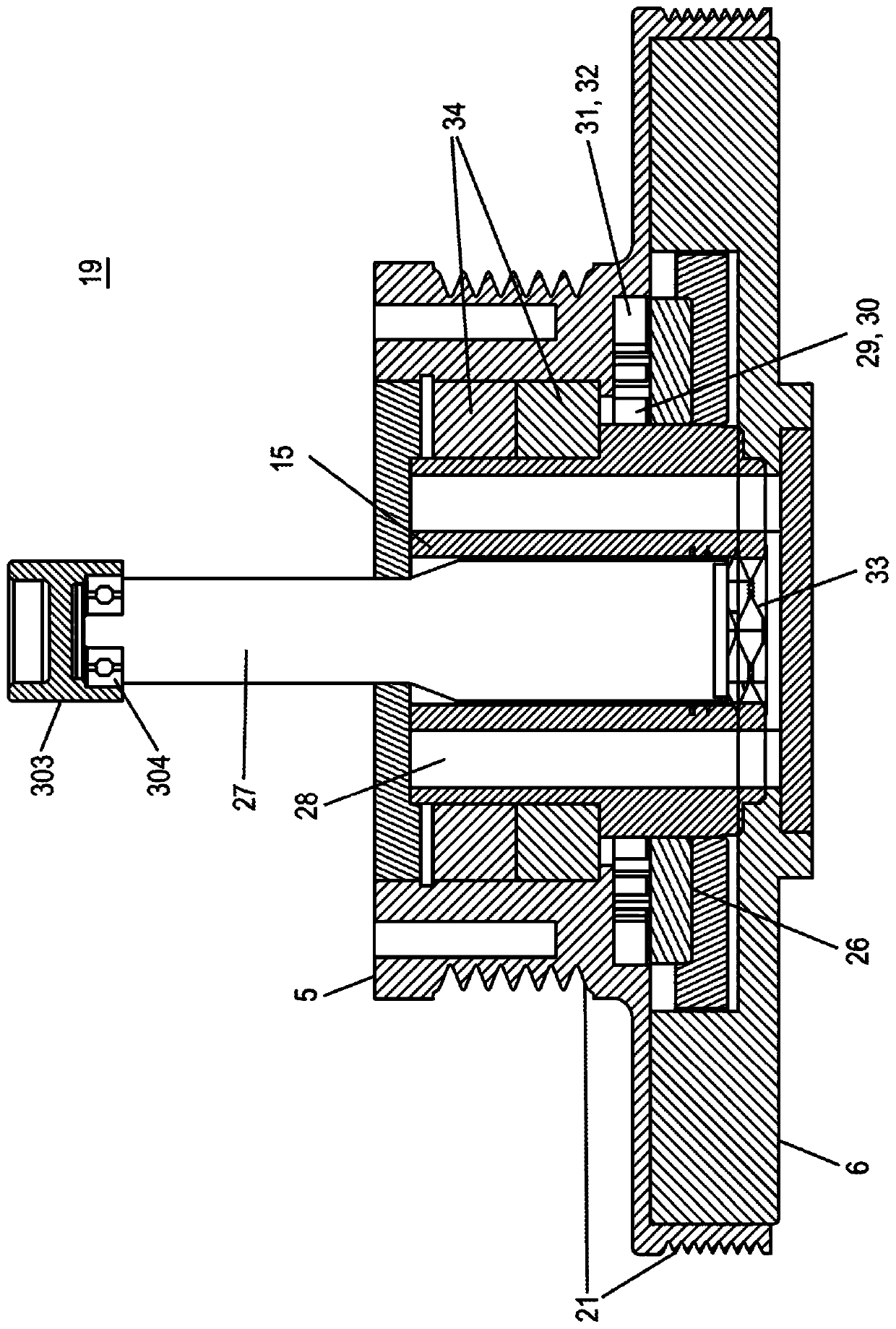Patents
Literature
Hiro is an intelligent assistant for R&D personnel, combined with Patent DNA, to facilitate innovative research.
38 results about "Stationary engine" patented technology
Efficacy Topic
Property
Owner
Technical Advancement
Application Domain
Technology Topic
Technology Field Word
Patent Country/Region
Patent Type
Patent Status
Application Year
Inventor
A stationary engine is an engine whose framework does not move. They are used to drive immobile equipment, such as pumps, generators, mills or factory machinery. The term usually refers to large immobile reciprocating engines, principally stationary steam engines and, to some extent, stationary internal combustion engines. Other large immobile power sources, such as steam turbines, gas turbines, and large electric motors, are categorized separately.
Abradable seal having improved durability
InactiveUS6899339B2Improved acceptable durabilityImprove abradabilityEngine sealsPump componentsEngineeringGas turbines
An air seal for use in a gas turbine engine provides improved durability, particularly at higher temperatures. The seal includes a seal substrate and an abradable seal layer on the substrate. The abradable seal layer is composed of a densified polyimide foam, preferably a thermomechanically densified foam. The seal is bonded to a stationary engine component such as a stator box or a case.
Owner:RAYTHEON TECH CORP
Vehicle battery monitor apparatus and method
InactiveUS20070216407A1Capacitance can be detectedSimple configurationBatteries circuit arrangementsMaterial analysis by electric/magnetic meansCapacitanceInternal resistance
A battery monitor apparatus and method for an automotive battery system including a battery for supplying power to in-vehicle electrical equipment and sensors for detecting battery voltage, the charge / discharge current and the battery temperature are disclosed. The capacitance and the internal actual resistance of the battery are calculated at the time of starting the engine. Further, the theoretical internal resistance of the battery corresponding to the ambient temperature and the battery open-circuit voltage during the stationary engine state are detected in advance. Based on the change in the battery open-circuit voltage, the battery change is provisionally determined. After that, battery change or degeneration can be determined based on battery capacitance, the actual and theoretical internal resistance values of the battery, the battery open-circuit voltage and the provisional battery change determination value.
Owner:FUJITSU GENERAL LTD
Laser ignition system
InactiveUS20120312267A1Easy to igniteHigh mechanical strengthCombustion enginesEngine ignitionOptoelectronicsInternal combustion engine
A laser device for a laser ignition system for an internal combustion engine, in particular of a motor vehicle or a stationary engine, including a laser oscillator, the laser oscillator having a first laser-active solid, an optical Q-switch, and an output mirror which is partially reflective for a light to be generated by the laser device, in which the laser oscillator has another mirror which is partially reflective for the light to be generated by the laser device.
Owner:ROBERT BOSCH GMBH
Ambient temperature thermal energy and constant pressure cryogenic engine
InactiveCN101490366AIntake adjustmentAdjustment rateSteam engine plantsClosed-cycle gas positive displacement engine plantThermal energyCogeneration
The invention relates to an ambient temperature thermal energy cryogenic engine with constant pressure with continuous ''cold'' combustion at constant pressure and with an active chamber operating with a cryogenic fluid (A2) stored in its liquid phase, and used as a work gas in its gaseous phase and operating in a closed cycle with return to its liquid phase. The initially liquid cryogenic fluid is vaporized in the gaseous phase at very low temperatures and supplies the inlet (A4) of a gas compression device (B), which then discharges this compressed work gas, still at low temperature, and through a heat exchanger with the ambient temperature (C), into a work tank or external expansion chamber (19) fitted or not fitted with a heating device, where its temperature and its volume will considerably increase in order to then be preferably let into a relief device (D) providing work and for example comprising an active chamber according to international patent application WO 2005 / 049968. Application to land vehicles, motor vehicles, buses, motorcycles, boats, aircraft, standby generators, cogeneration sets, stationary engines.
Owner:MDI MOTOR DEV INT SA
Subsonic and stationary ramjet engines
InactiveUS20090241549A1Eliminate wasteful dragHigh energy flowSupersonic fluid pumpsPropellersRamjetJet engine
A ramjet engine (3, 4, 5), flying at Mach 3 has 64% efficiency, and at Mach 4 has 76% efficiency. Ramjet engines are currently only used for supersonic flight and have not been used as stationary engines with mechanical output. The present invention, in addition to subsonic flight, can be operated as a stationary engine, and can expand the use of the ramjet engine for mechanical output in vehicles, power plants, and in generator sets for large buildings, homes, and industry. The present invention provides the means to use ramjet engines as stationary engines by building nearly adiabatic compressors (1, 2, 12, 13, 14, 15) and expanders (6, 7, 8, 9, 10, 11) capable of (de-)compression ratios up to about 92:1 to supply the high energy gas / air required by ramjet engines, and shows how to replace de Laval nozzles with sonic converters (49, 50, 51) that convert supersonic to subsonic flow and sonic converters (45, 46, 47) that convert subsonic to supersonic flow without having choke areas.
Owner:AMICABLE INVENTIONS LLC
Electromagnetic contractor for controlling an electric starter
ActiveUS7375606B2Firm supportImprove rigidityPower operated startersCycle equipmentsElectricityEngineering
The metal housing of the case of a contactor includes an annular rib extending continuously opposite the cylindrical periphery of the main stationary core, the rib having an internal diameter respectively greater than that of the ferrule and smaller than that of the housing, so as to ensure the locking of the different parts of the case and the crimping of the housing on the stationary magnet following local deformations exerted on the reduced diameter of the swaged part defining the rib.
Owner:VALEO EQUIP ELECTRIC MOTEUR
Variable pitch mounting for aircraft gas turbine engine
InactiveUS20160167798A1Reduce angle of attackGas turbine type power plantsAircraft controlBraced frameActuator
Aircraft engine mounted to aircraft pylon with variable pitch mounting system includes variable length actuator disposed between engine and pylon for pitching engine relative to pylon. Spaced apart pylon front and rear mounts may pivotably mount front and rear stationary engine components of engine to front and rear mount positions on pylon. Front and rear linkages may vertically suspend engine from pylon with pivotable links disposed between pylon front and rear mounts and front and rear stationary engine components. One or more thrust links may be pivotably joined at link rear ends to pylon rear mount and at link forward ends to front support frame. Alternative mounting system may include support structure cantilevered off pylon for pivotably supporting engine and actuator substantially horizontally disposed between engine and pylon. Incidence angle between engine centerline axis and air streamlines may be adjusted by changing length of actuator.
Owner:GENERAL ELECTRIC CO
Cooling water circuit for stationary engine
The present invention has a waste heat recovery device (37) that supplies engine waste heat by way of engine coolant; a radiator (18) that dissipates engine waste heat by way of engine coolant; an exhaust gas heat exchanger (33) that supplies engine waste heat from exhaust gas to engine coolant; and a coolant pump (32) that causes engine coolant to circulate. Furthermore, the constitution is suchthat pressure drop equipment (34) is arranged upstream with respect to a coolant pump suction region (32b); a restrictor is arranged in a communication passage (50) between a coolant pump suction region and a region (20) vented to atmosphere; a location upstream with respect to the pressure drop equipment is made to communicate with the region vented to atmosphere; and the region vented to atmosphere is made capable of being kept in communication with atmosphere.
Owner:YANMAR CO LTD
Water-based coolant fluid for engine applications
InactiveUS20060163529A1Improve corrosion resistanceHeat-exchange elementsWater basedTrimethyl Glycine
The invention relates to the use of an aqueous solution comprising trimethyl glycine as a coolant fluid in engine applications selected from engines used in automobiles, trucks, motorcycles, aircrafts, trains, tractors, generators, compressors, from stationary engines and equipment, marine engines, power systems, industrial engines, electric engines, fuel cell engines and hybride engines.
Owner:NESTE OIL OY
Inorganic oxides for co2 capture from exhaust systems
InactiveUS20130174739A1Improve adhesionReduce weightGas treatmentInternal combustion piston enginesExternal combustion engineSorbent
This invention relates to the utilization of regenerable water tolerant solid materials for the abatements of CO2 emissions from internal combustion engine exhaust streams through repetitive sorption / desorption cycles. The system, which is designed to be used in a gasoline, lean gasoline, diesel passenger car, diesel truck, stationary engine with 50 Hz or 60 Hz electrical frequency, or a SOFC, will contain a solid sorbent which contains zirconium and will be able to reduce on board the average carbon emissions by up to 10 wt %. The preferred materials have been selected from the class of hydrotalcite type compounds and / or earth and alkaline earth zirconates.
Owner:MAGNESIUM ELETRON LTD
Improvements in emission control
InactiveCN101970820AInternal combustion piston enginesExhaust apparatusNatural gas fuelDiesel engine
A lean-burn natural gas-fuelled diesel engine comprising an exhaust system comprising an oxidation catalyst. The engine can be used in a mobile application, e.g. to power a vehicle, or it can be a stationary engine for power generation.
Owner:JOHNSON MATTHEY PLC
Catalytic device with internal heat exchange
InactiveUS20060048501A1Reduce and control heat exchangeSafer burnoutFuel cell auxillariesDispersed particle separationExhaust fumesEngineering
The invention relates to a catalytic device with internal heat exchange that among other things can be used for vehicles with an internal combustion engine or for stationary engines where there is a certain amount of unburned gas components in the exhaust that can be converted in the catalyst. By the invention it is obtained that the maximum temperature in the catalyst is always nearly constant whatever the inlet temperature. Hereby, the catalyst can be designed to work at a very specific temperature, by which it is possible, partly to ensure a better and safer burnout of the unburned components, and partly to save expenses for catalyst materials. The exhaust gas is guided through the catalyst by at least three passage sections that have a mutual internal heat exchange. In the main reaction passage section there are catalytic materials of one or several kinds, in which the gas can react, and in which the gases heat exchange with the succeeding main heat transfer passage section passage.
Owner:RECCAT
Vehicle battery monitor apparatus and method for detecting battery change
InactiveUS7768266B2Simple configurationCapacitance can be detectedBatteries circuit arrangementsMaterial analysis by electric/magnetic meansCapacitanceElectrical battery
A battery monitor apparatus and method for an automotive battery system including a battery for supplying power to in-vehicle electrical equipment and sensors for detecting battery voltage, the charge / discharge current and the battery temperature are disclosed. The capacitance and the internal actual resistance of the battery are calculated at the time of starting the engine. Further, the theoretical internal resistance of the battery corresponding to the ambient temperature and the battery open-circuit voltage during the stationary engine state are detected in advance. Based on the change in the battery open-circuit voltage, the battery change is provisionally determined. After that, battery change or degeneration can be determined based on battery capacitance, the actual and theoretical internal resistance values of the battery, the battery open-circuit voltage and the provisional battery change determination value.
Owner:FUJITSU GENERAL LTD
Stationary mechanical engines and subsonic jet engines using supersonic gas turbines
InactiveUS7765790B2Eliminate wasteful dragStrong flow abilitySupersonic fluid pumpsEfficient propulsion technologiesRamjetJet engine
A ramjet engine (3, 4, 5), flying at Mach 3 has 64% efficiency, and at Mach 4 has 76% efficiency. Ramjet engines are currently only used for supersonic flight and have not been used as stationary engines with mechanical output. The present invention, in addition to subsonic flight, can be operated as a stationary engine, and can expand the use of the ramjet engine for mechanical output in vehicles, power plants, and in generator sets for large buildings, homes, and industry. The present invention provides the means to use ramjet engines as stationary engines by building nearly adiabatic compressors (1, 2, 12, 13, 14, 15) and expanders (6, 7, 8, 9, 10, 11) capable of (de-)compression ratios up to about 92:1 to supply the high energy gas / air required by ramjet engines, and shows how to replace de Laval nozzles with sonic converters (49, 50, 51) that convert supersonic to subsonic flow and sonic converters (45, 46, 47) that convert subsonic to supersonic flow without having choke areas.
Owner:AMICABLE INVENTIONS LLC
Rotor blade
ActiveUS8366393B2Reduce heatLower Level RequirementsBlade accessoriesMachines/enginesEngineeringGas turbines
A gas turbine engine rotor blade has an airfoil portion containing one or more internal conduits. Each conduit extends to an end of the airfoil portion. The blade has a shroud at the end of the airfoil portion for sealing the blade to a facing stationary engine portion. There is a fillet portion which joins the end to the shroud. The fillet portion eases the transition from the outer surface of the airfoil portion to the outer surface of the shroud and has a cavity which extends from each conduit and expands laterally relative thereto. The area of the cavity on a cross-section through the fillet portion perpendicular to the radial direction of the engine and at an expanding part of the cavity is greater than the area of the conduit, or the combined areas of the conduits, on a parallel cross-section at the end of the airfoil portion.
Owner:ROLLS ROYCE PLC
Process for preparing a fuel for automotive applications, stationary engines and marine applications by catalytic liquid phase alcohol conversion and a compact device for carrying out the process
InactiveUS20120247002A1Promote densificationEasy to optimizeInternal combustion piston enginesEngine operationsAlcoholBuffer tank
A fuel for automotive applications, stationary engines and marine applications is prepared by catalytic liquid phase conversion of the alcohol(s) of an alcohol-containing primary fuel to the corresponding ether(s) in a compact device comprising an inlet for an alcohol-containing fuel from the primary tank, a start-up heater, a heat exchanger, which heats up the cold alcohol(s) to a suitable temperature before entering the reactor, a catalytic bed within the reactor, wherein the alcohol(s) is / are partly converted to ether(s), a pressure reduction valve, inlet means for adding additives and a buffer tank, wherein the resulting fuel mixture of alcohol(s) and ether(s) is stored after passing back through the heat exchanger for suitable cooling, the heater only being used during start-up and the process thereby being conducted under auto-thermal operation conditions.
Owner:HALDOR TOPSOE AS
Rotor blade
ActiveUS20100189569A1Increase in heat transfer coefficientEasy to checkPropellersPump componentsEngineeringGas turbines
A gas turbine engine rotor blade has an airfoil portion containing one or more internal conduits. Each conduit extends to an end of the airfoil portion. The blade has a shroud at the end of the airfoil portion for sealing the blade to a facing stationary engine portion. There is a fillet portion which joins the end to the shroud. The fillet portion eases the transition from the outer surface of the airfoil portion to the outer surface of the shroud and has a cavity which extends from each conduit and expands laterally relative thereto. The area of the cavity on a cross-section through the fillet portion perpendicular to the radial direction of the engine and at an expanding part of the cavity is greater than the area of the conduit, or the combined areas of the conduits, on a parallel cross-section at the end of the airfoil portion.
Owner:ROLLS ROYCE PLC
Laser spark plug having an improved seal between the combustion chamber window and the casing
InactiveUS20160344163A9Improve casingExtended service lifeSparking plugsSpark gapsCombustion chamberThermal expansion
A casing for a laser spark plug, in particular, of an internal combustion engine of a motor vehicle, or of a stationary engine; the casing including at least one casing part and a combustion chamber window joined to the casing part to form a seal at least regionally; characterized in that at least one sealing element, whose coefficient of thermal expansion at an operating temperature of the laser spark plug is greater than the coefficient of thermal expansion of the casing part at the operating temperature of the laser spark plug, is provided between the casing part and the combustion chamber window.
Owner:ROBERT BOSCH GMBH
Installation device for instrumentation device of stationary engine
ActiveUS20140014809A1Low costImprove the vibration isolation effectElectrical controlFuel injection apparatusInternal pressureAudio power amplifier
A cylinder head of a stationary gas engine is provided with a cylinder internal pressure sensor. An engine frame is provided with an instrumentation device installation device. An amplifier for amplifying a signal detected by the cylinder internal pressure sensor is fixed to the instrumentation device installation device. The instrumentation device installation device includes a suspending tool formed of a fixing plate which is in contact with a horizontal plane and is fixed thereto by bolts, an extension plate bent at a right angle to the fixing plate, and a suspending plate bent at a right angle to the extension plate and arranged in parallel with the fixing plate, and a coil spring connected at one end thereof to the suspending plate, and connected at the other end thereof to a fixing band for holding the amplifier.
Owner:MITSUBISHI HEAVY IND ENGINE & TURBOCHARGER LTD
Method and apparatus for variable valve actuation
ActiveUS8925315B2Increased charge air supplyHigh power outputValve arrangementsElectrical controlTransient modeCylinder head
A method for reducing turbolag in a turbocharged internal combustion engine includes demanding torque for shifting the internal combustion engine from a stationary engine mode to a transient engine mode, closing an exhaust gas recirculation (EGR) valve during the transient engine mode, repositioning guide vanes of a Variable Geometry Turbine (VGT) turbo unit from a first position when in the stationary engine mode to a second position when in the transient engine mode, increasing a duration of overlapping of at least one inlet valve and at least one outlet valve provided in a cylinder head of the internal combustion engine from as first duration when in the stationary mode to a second duration when in the transient mode for increasing the amount of air flowing from an inlet manifold to an exhaust manifold and thereby increasing acceleration of a turbine of the VGT turbo unit.
Owner:VOLVO LASTVAGNAR AB
Hardware protection mode in high ambient temperature after stationary operation
ActiveUS20190234288A1Minimizes intensityMinimize durationElectrical controlCoolant flow controlIdle speedProtected mode
A system and method for dissipating vehicle under hood heat accumulated during stationary engine operation at high load or RPM and / or under high temperature ambient conditions is installed in a vehicle having an engine positioned within an engine compartment, and a cooling fan selectively driven by way of a fan clutch. The system includes a controller connected to the engine and to the fan clutch. The controller determines whether the period of stationary engine operation occurs at or above a threshold engine load or RPM, at or above a threshold engine operating temperature, at or above a threshold ambient temperature, and / or for or longer than a threshold stationary engine operation duration. If so, the at least one controller increases a low idle set point of the engine and commands the fan clutch to engage or remain engaged for a cool-down period following the period of stationary engine operation.
Owner:INT ENGINE INTPROP CO LLC
Hybrid commercial vehicle thermal management using dynamic heat generator
ActiveCN108705928AExtended noseSmall sizeHybrid vehiclesAuxillary drivesInternal combustion engineAccessory drive
A system and method are provided for hybrid electric internal combustion engine applications in which a motor-generator, a narrow switchable coupling and a torque transfer unit therebetween are arranged and positioned in the constrained environment at the front of an engine in applications such as commercial vehicles, off-road vehicles and stationary engine installations. The motor-generator is preferably positioned laterally offset from the switchable coupling, which is co-axially-arranged with the front end of the engine crankshaft. The switchable coupling is an integated unit in which a crankshaft vibration damper, an engine accessory drive pulley and a disengageable clutch overlap such that the axial depth of the clutch-pulley-damper unit is nearly the same as a conventional belt drivepulley and engine damper. The front end motor-generator system includes an electrical energy store that receives electrical energy generated by the motor-generator when the coupling is engaged. Whenthe coupling is disengaged, the motor-generator may drive the pulley portion of the clutch-pulley-damper to drive the engine accessories using energy returned from the energy store, independent of theengine crankshaft.
Owner:BENDIX COMML VEHICLE SYST LLC
Lubricanting composition for a marine engine or a stationary engine
The present invention relates to a lubricating composition comprising: - at least one base oil; - at least one olefin copolymer; - at least one detergent; and - at least one linear hydrogenated styrene / butadiene copolymer. The invention also relates to the use of said composition for reducing fuel consumption in an engine and for enhancing the cleanliness of a 4-stroke or 2-stroke, preferably 4-stroke, marine engine or of a stationary engine.
Owner:TOTAL MARKETING SERVICES SA
Laser spark plug having an improved seal between the combustion chamber window and the casing
InactiveUS20150027394A1Increase heightExtended service lifeSparking plugsSpark gapsCombustion chamberEngineering
A casing for a laser spark plug, in particular, of an internal combustion engine of a motor vehicle, or of a stationary engine; the casing including at least one casing part and a combustion chamber window joined to the casing part to form a seal at least regionally; characterized in that at least one sealing element, whose coefficient of thermal expansion at an operating temperature of the laser spark plug is greater than the coefficient of thermal expansion of the casing part at the operating temperature of the laser spark plug, is provided between the casing part and the combustion chamber window.
Owner:ROBERT BOSCH GMBH
Dynamic skip fire transitions for fixed cda engines
A variety of methods and arrangements are described for managing transitions between operational states of an internal combustion engine during skip fire operation of the engine.
Owner:TULA TECH INC
Exhaust gas treatment system
A method and system for treating exhaust gas from stationary engines used to generate electricity is provided. Substantially all of the exhaust gases from at least one stationary combustion engine used for electrical power generation are collected and routed to an absorption tower. Inside the absorption tower the exhaust gases travel upwards in and through a plurality of perforated plates to a gas outlet in a top of the absorption tower. While the gas is ascending in the absorption tower, water is sprayed on the ascending gas and the perforated plates and this water is collected in the bottom of the absorption tower where at least some of it will be reused by spraying it back into the absorption tower to treat more exhaust gas from the combustion engines.
Owner:KUIPERS GREGORY
Hardware protection mode in high ambient temperature after stationary operation
ActiveUS10494982B2Minimizes intensity durationHeat dissipationElectrical controlCoolant flow controlProtected modeIdle speed
Owner:INT ENGINE INTPROP CO LLC
Method for designing fluid flow engine and fluid flow engine
InactiveCN107532478AReduce depthImprove efficiencyPump componentsBlade accessoriesTurbineGas turbines
The invention relates to a fluid flow engine (9), in particular compressor or turbine of a gas turbine engine (10), having a stationary engine casing (38) and a rotor assembly (39) rotatable supportedin the engine casing (38). The rotor assembly (39) comprises at least one circumferentially extending rotor blade row (40) with a plurality of radially extending unshrouded rotor blades (41). An inner surface (42) of the engine casing (38) comprises at least one circumferentially extending slot (43) arranged radially outside of the rotor blade row (40). A gap (44) is provided between tips (45) ofthe rotor blades (41) and a base (46) of the slot (43), wherein the depth (d) of the slot (43) is less than the gap height of the gap (44).
Owner:SIEMENS AG
Variable compression ratio engine
A variable compression ratio engine comprises a stationary engine block in which movable members interact to enable a piston to translate in a combustion cylinder of the engine block, defining a stroke of the combustion piston. The engine further comprises a self-contained device for adjusting a position of a top dead center of the combustion piston, the self-contained device being connected to or built into at least one of the movable members and having a high-pressure hydraulic chamber to counteract the combustion and inertial forces at a bottom dead center, a low-pressure hydraulic chamber to counteract the inertial forces at the top dead center, at least one calibrated conduit to enable hydraulic fluid to flow between the high- and low-pressure hydraulic chambers, and return means to bring the device back to a nominal position.
Owner:MCE 5 DEV
Front end motor-generator system and hybrid electric vehicle operating method
ActiveCN110300676ASmall sizeHybrid vehiclesVehicle sub-unit featuresInternal combustion engineElectric vehicle
A system and method are provided for hybrid electric internal combustion engine applications in which a motor-generator, a narrow switchable coupling and a torque transfer unit therebetween are arranged and positioned in the constrained environment at the front of an engine in applications such as commercial vehicles, off-road vehicles and stationary engine installations. The motor-generator is preferably positioned laterally offset from the switchable coupling, which is co-axially-arranged with the front end of the engine crankshaft. The switchable coupling is an integrated unit in which a crankshaft vibration damper, an engine accessory drive pulley and a disengageable clutch overlap such that the axial depth of the clutch-pulley-damper unit is nearly the same as a conventional belt drive pulley and engine damper. The front end motor-generator system includes an electrical energy store that receives electrical energy generated by the motor-generator when the coupling is engaged. Whenthe coupling is disengaged, the motor-generator may drive the pulley portion of the clutch-pulley-damper to drive the engine accessories using energy returned from the energy store, independent of the engine crankshaft.
Owner:BENDIX COMML VEHICLE SYST LLC
Features
- R&D
- Intellectual Property
- Life Sciences
- Materials
- Tech Scout
Why Patsnap Eureka
- Unparalleled Data Quality
- Higher Quality Content
- 60% Fewer Hallucinations
Social media
Patsnap Eureka Blog
Learn More Browse by: Latest US Patents, China's latest patents, Technical Efficacy Thesaurus, Application Domain, Technology Topic, Popular Technical Reports.
© 2025 PatSnap. All rights reserved.Legal|Privacy policy|Modern Slavery Act Transparency Statement|Sitemap|About US| Contact US: help@patsnap.com

